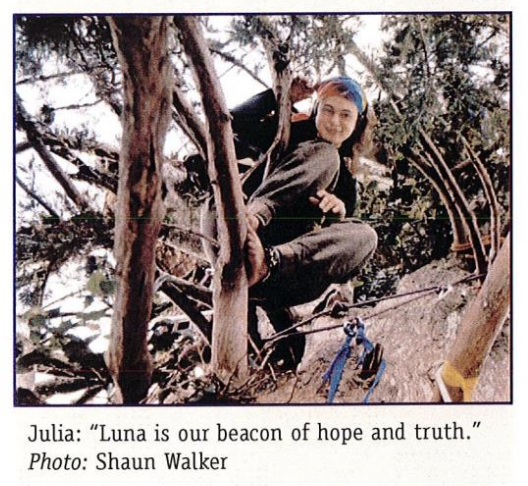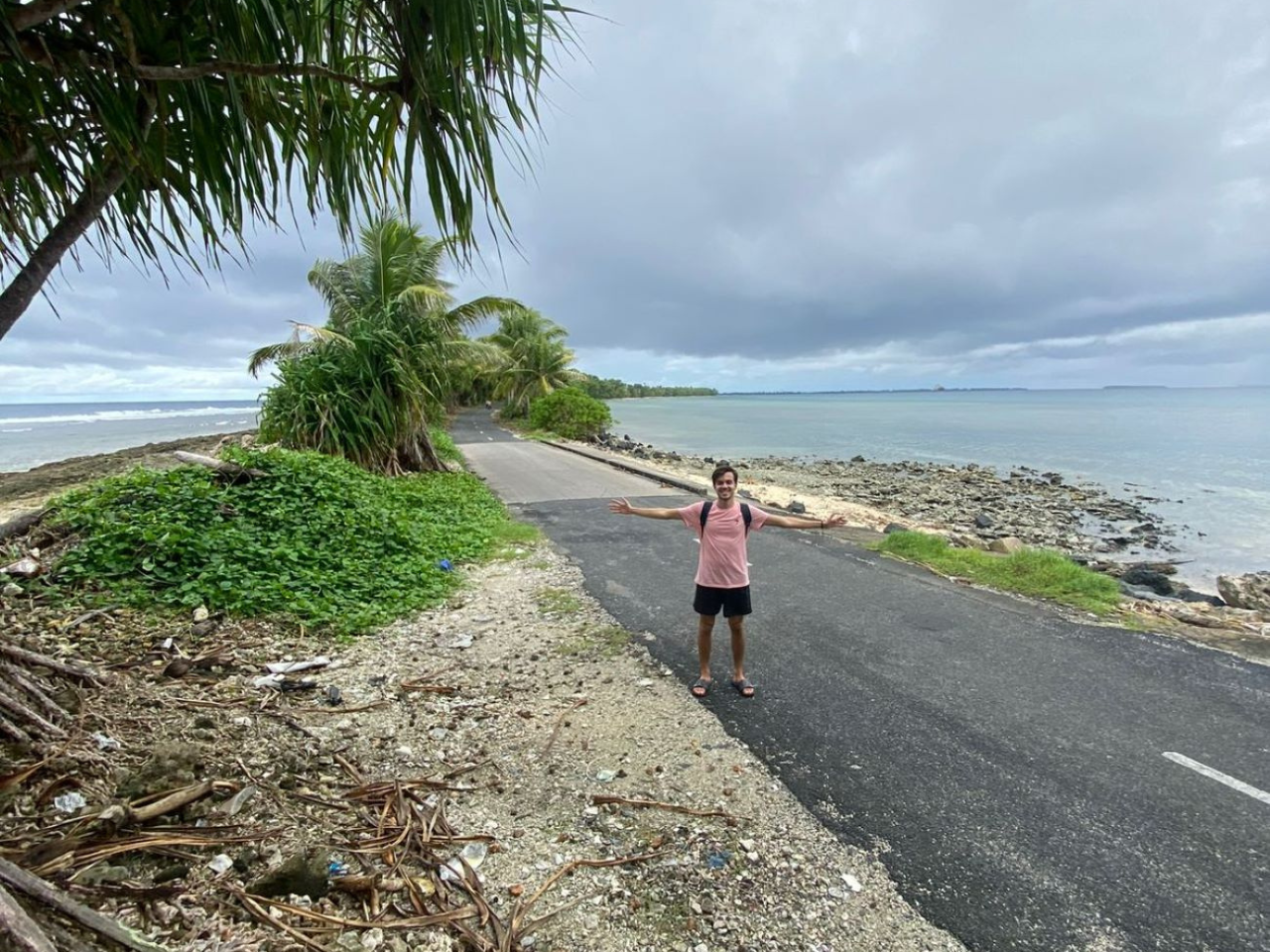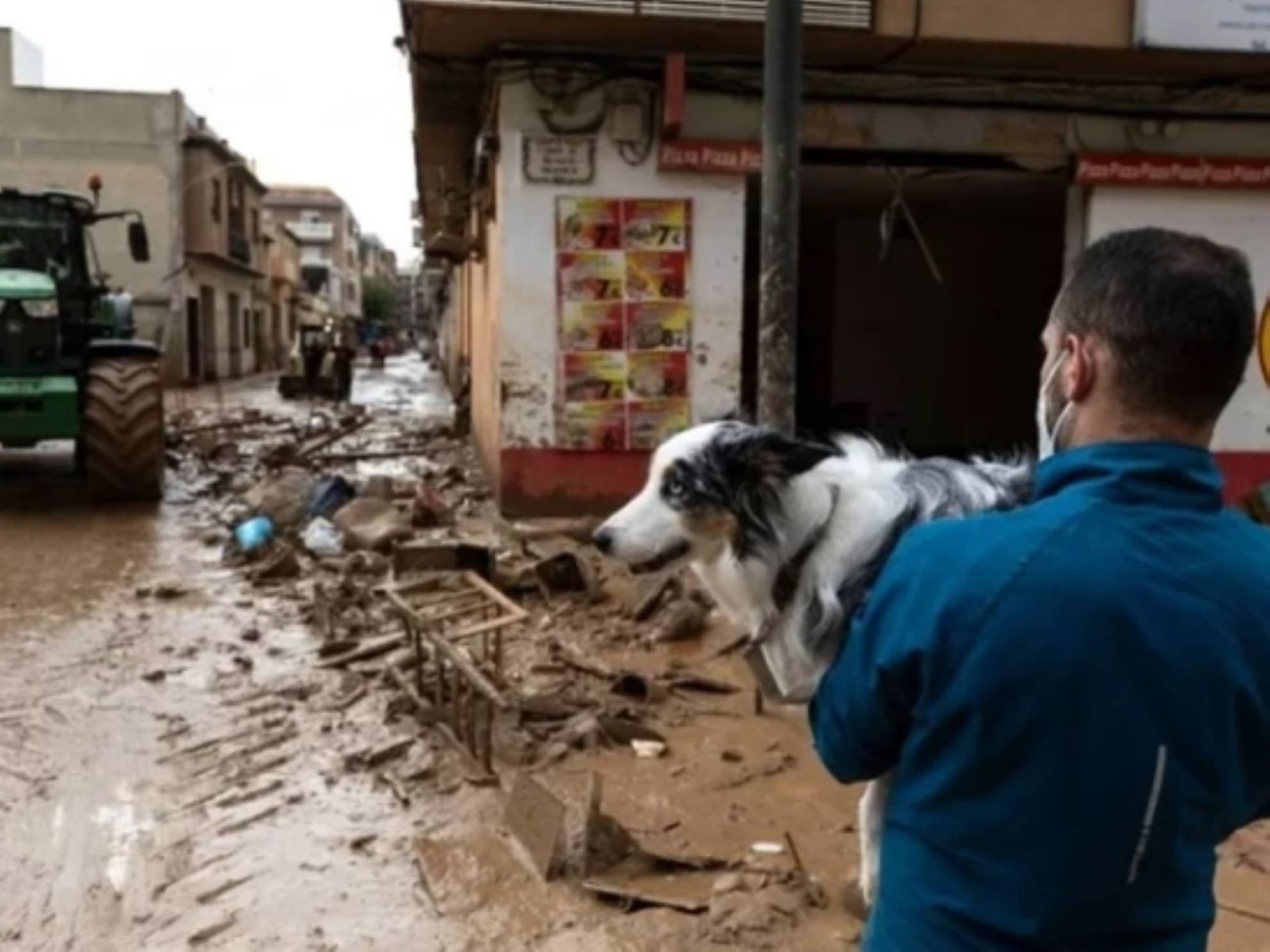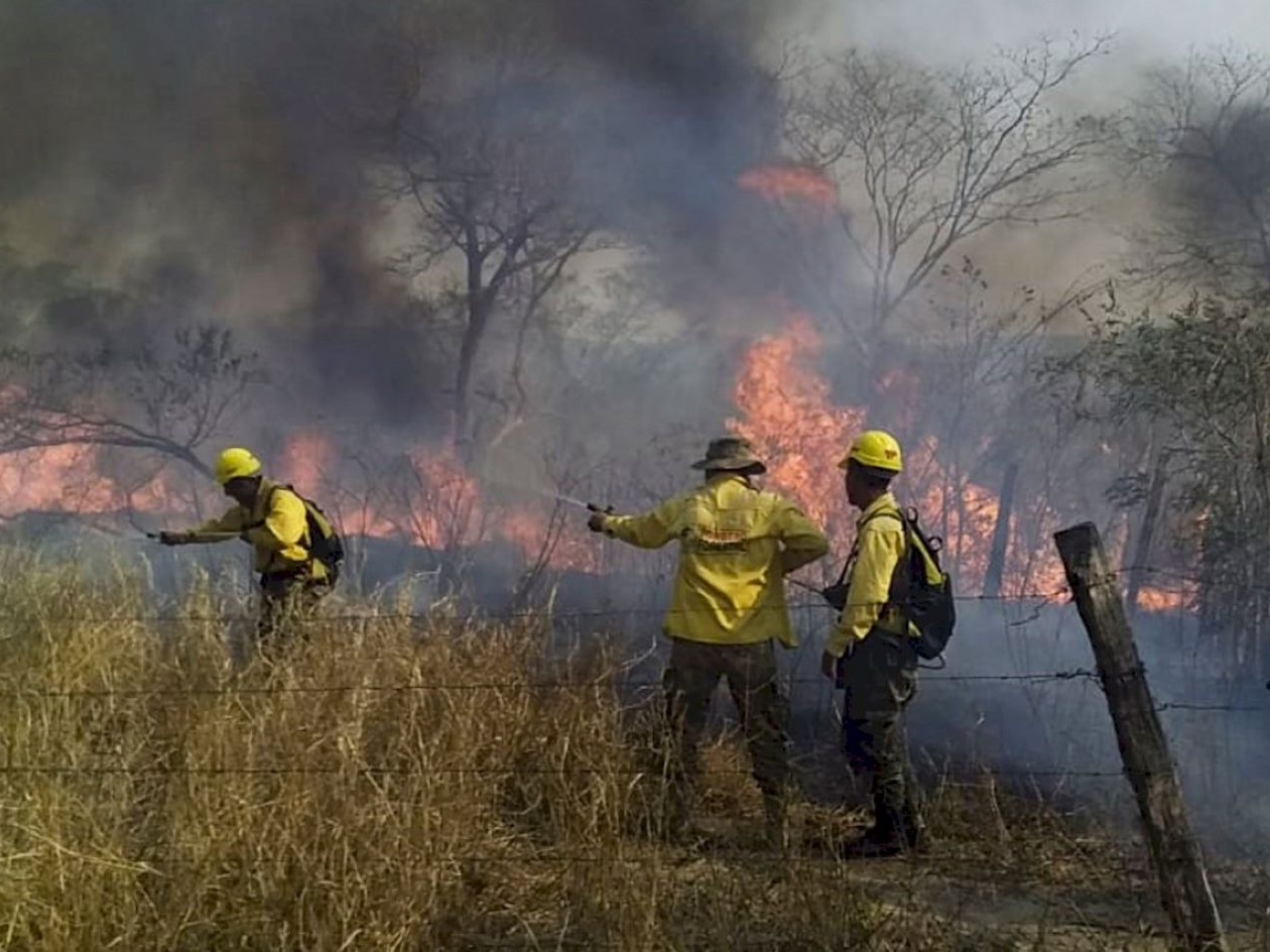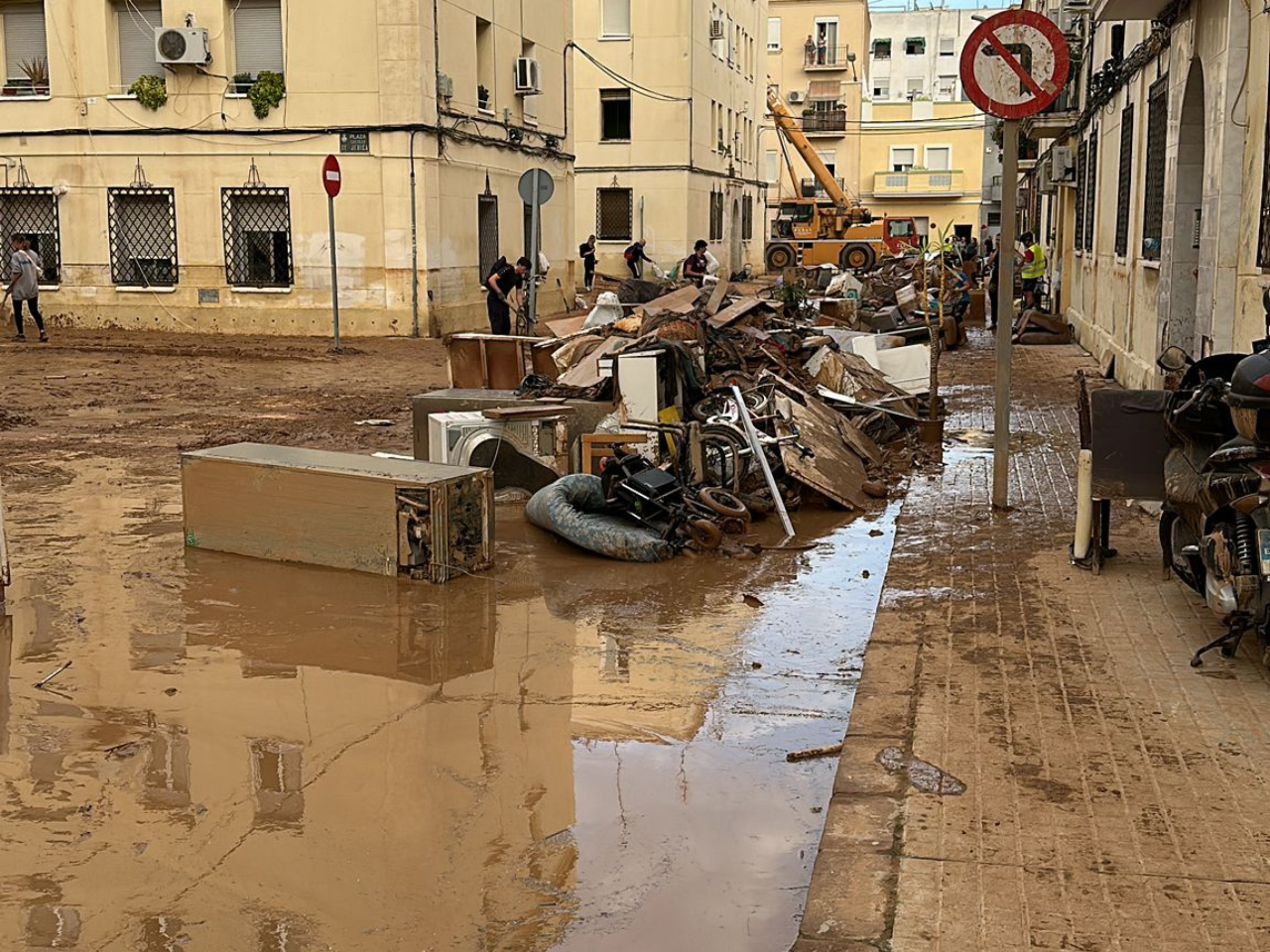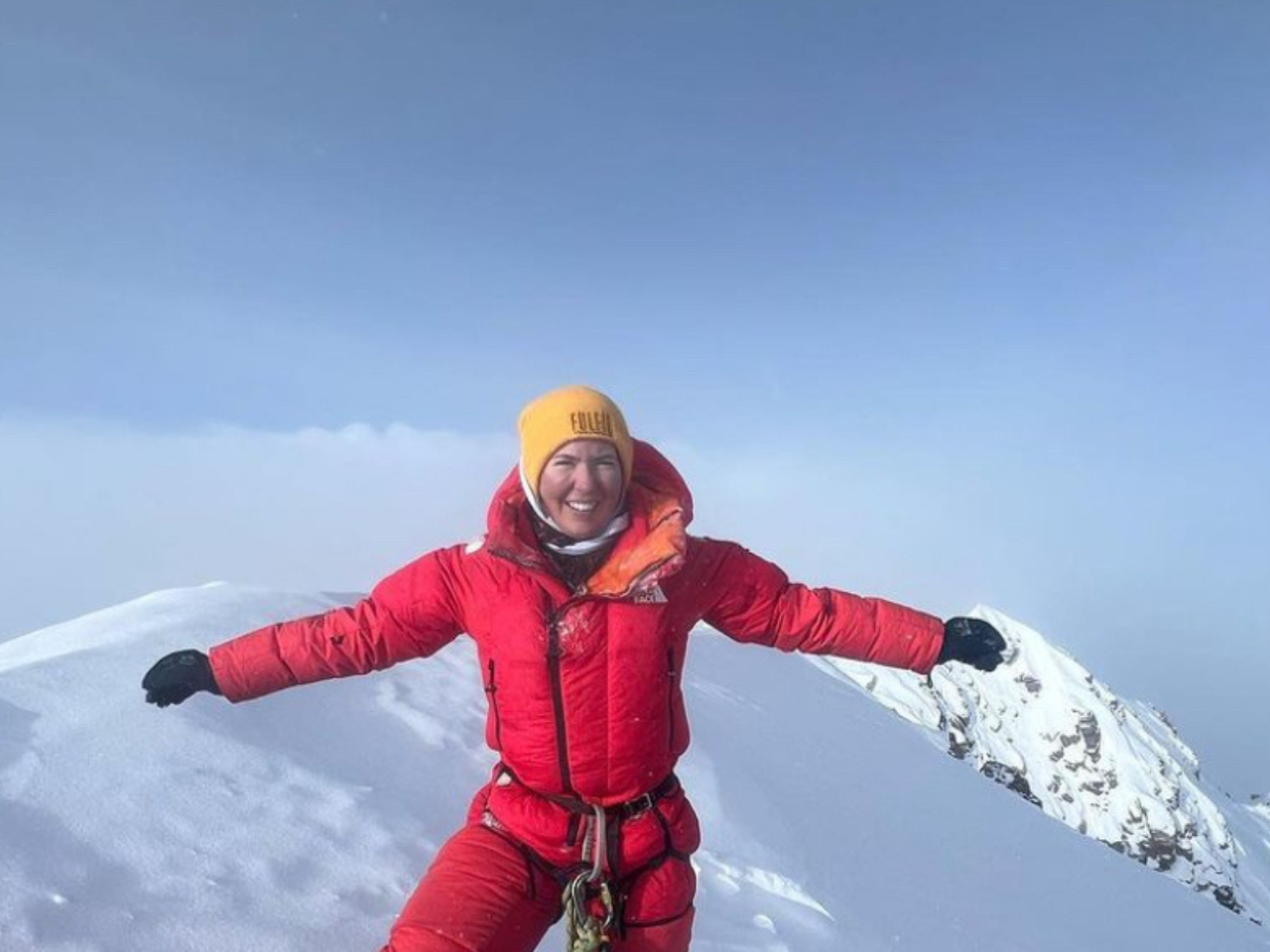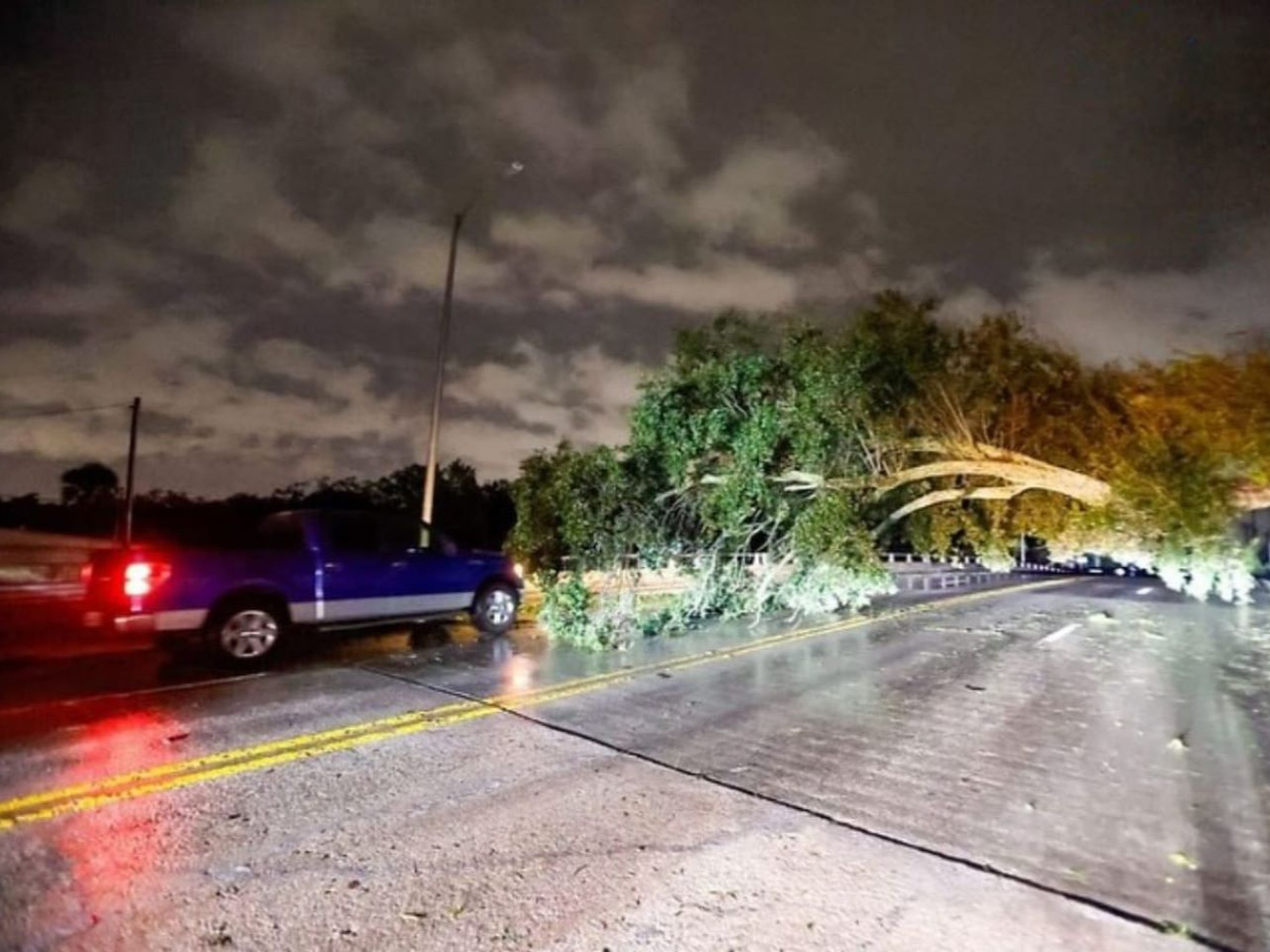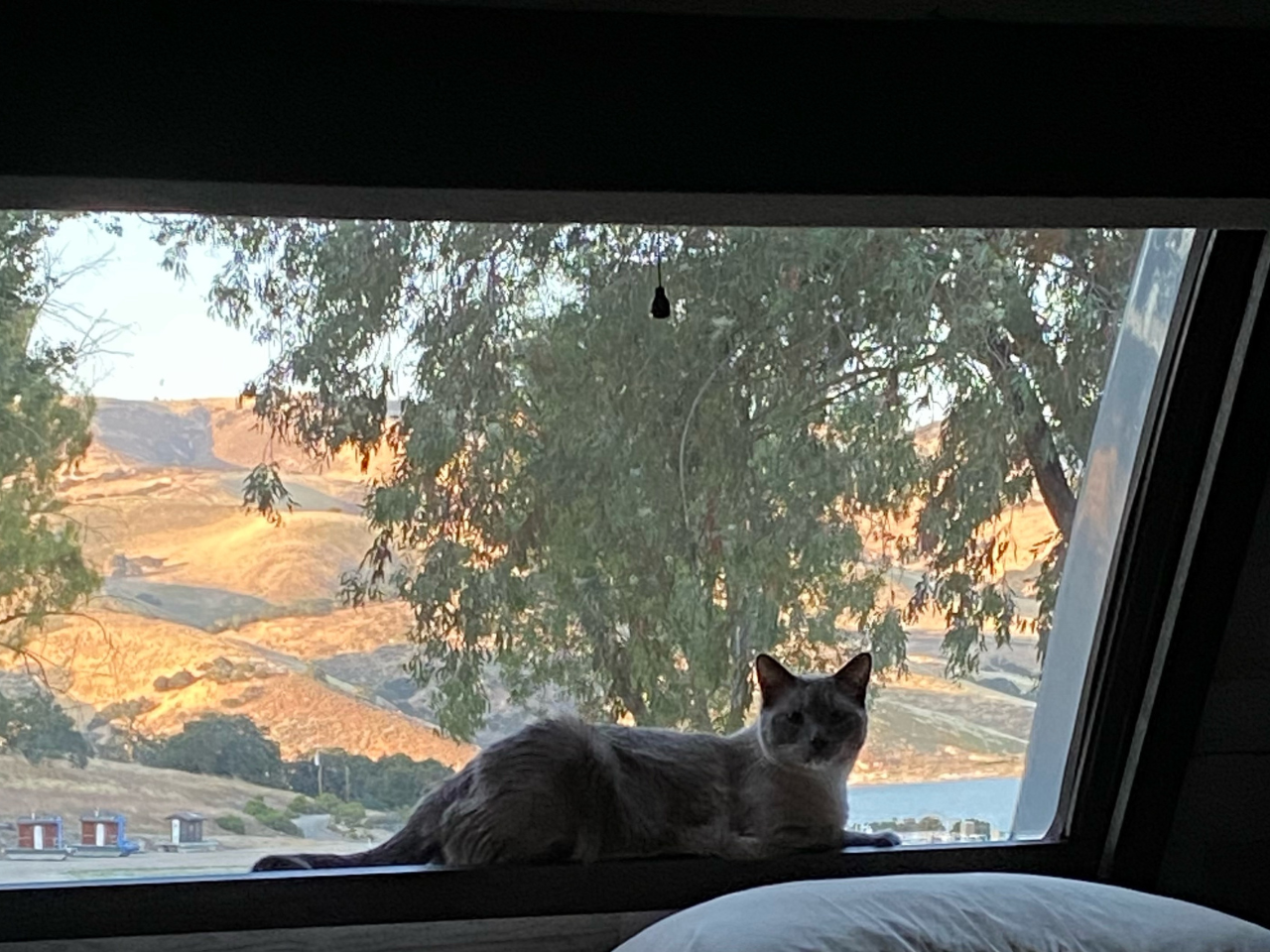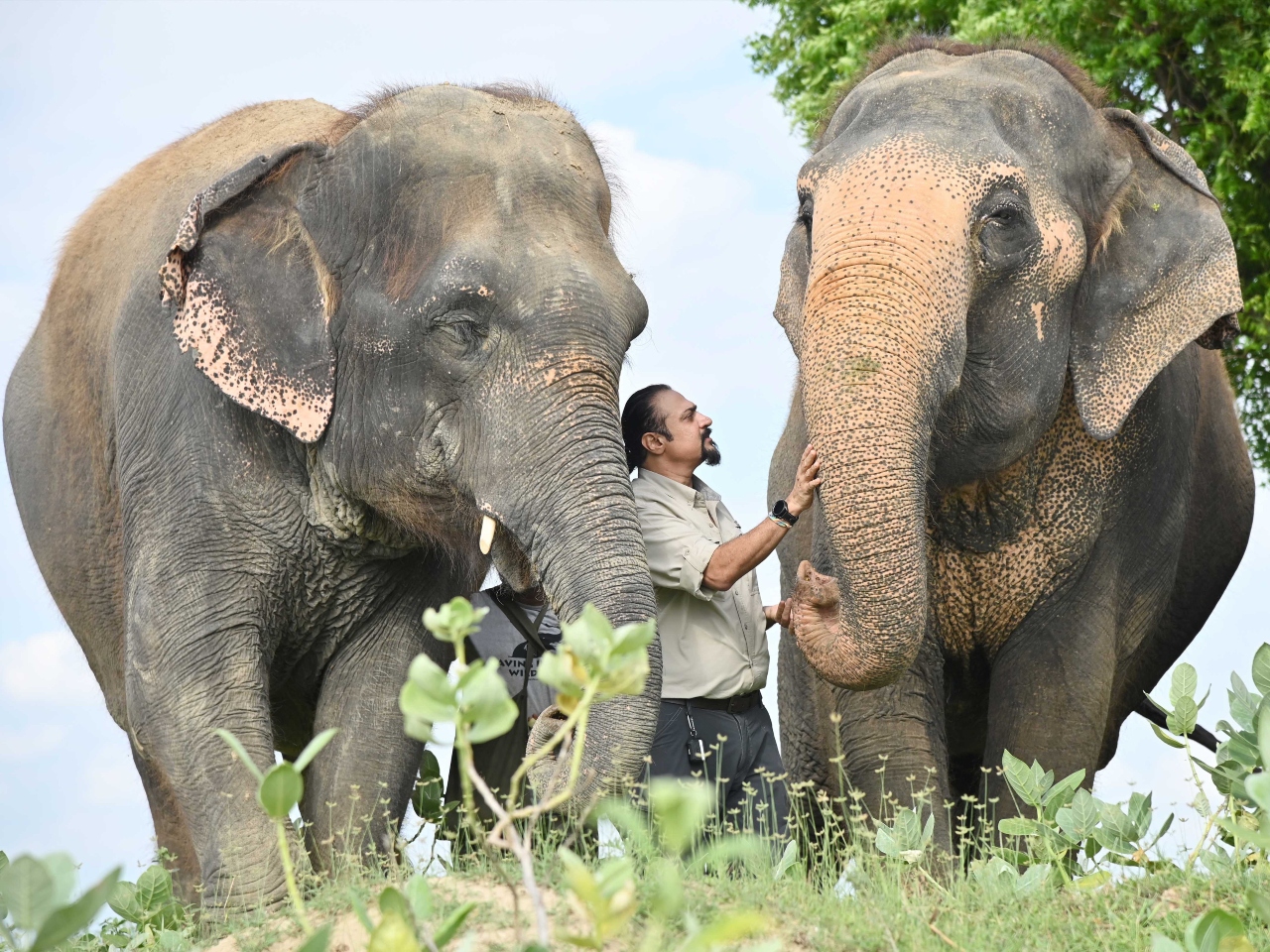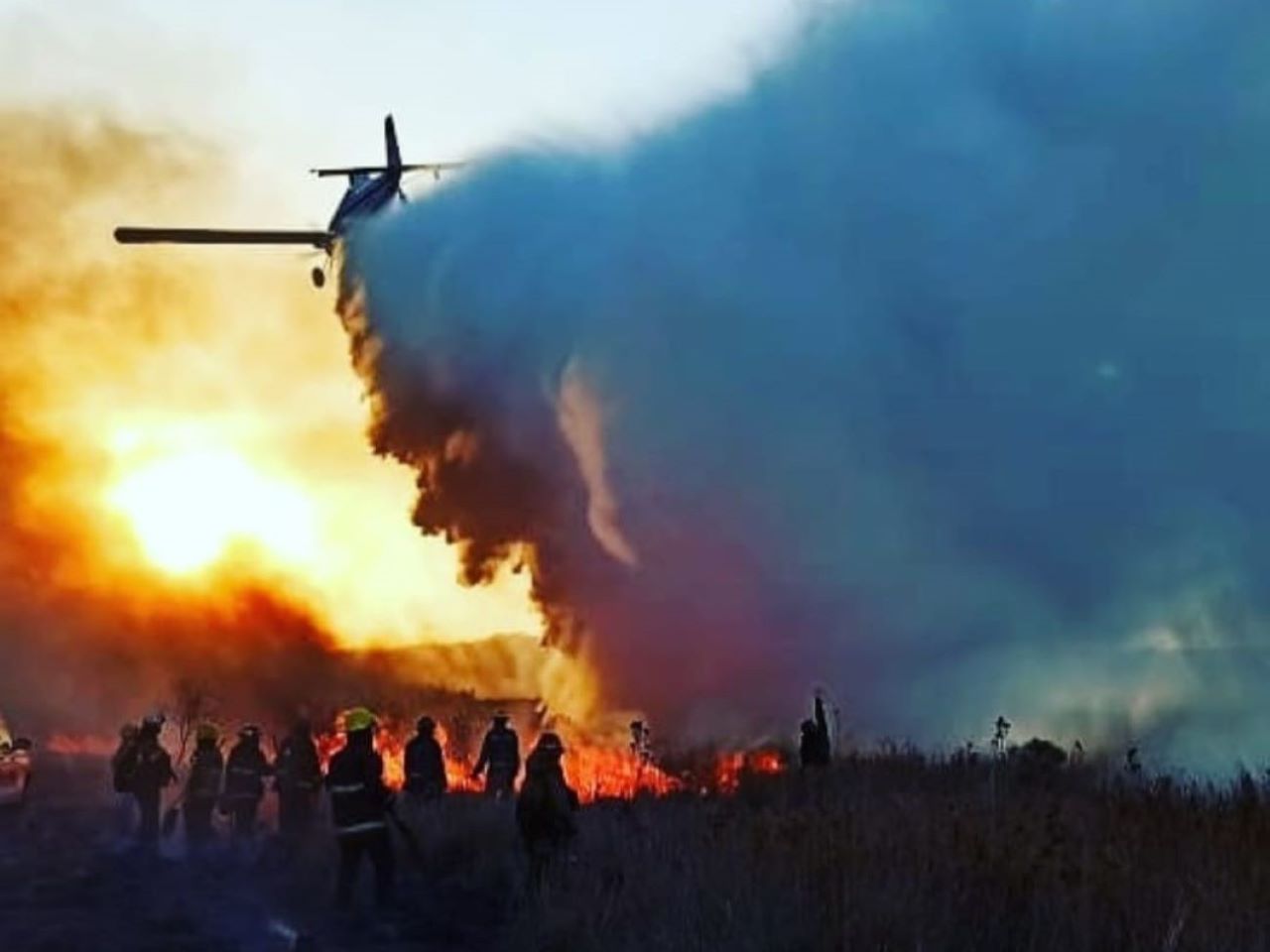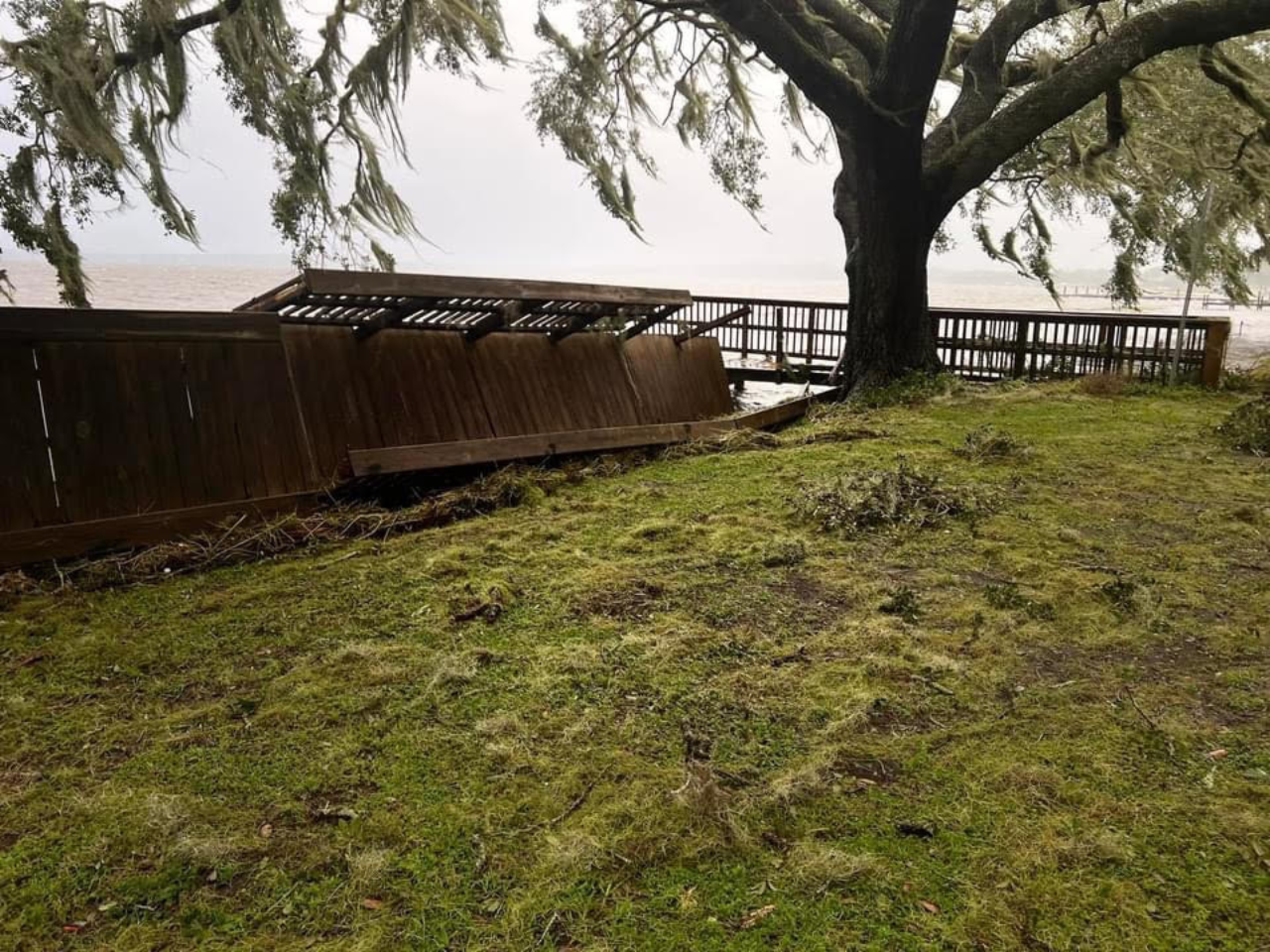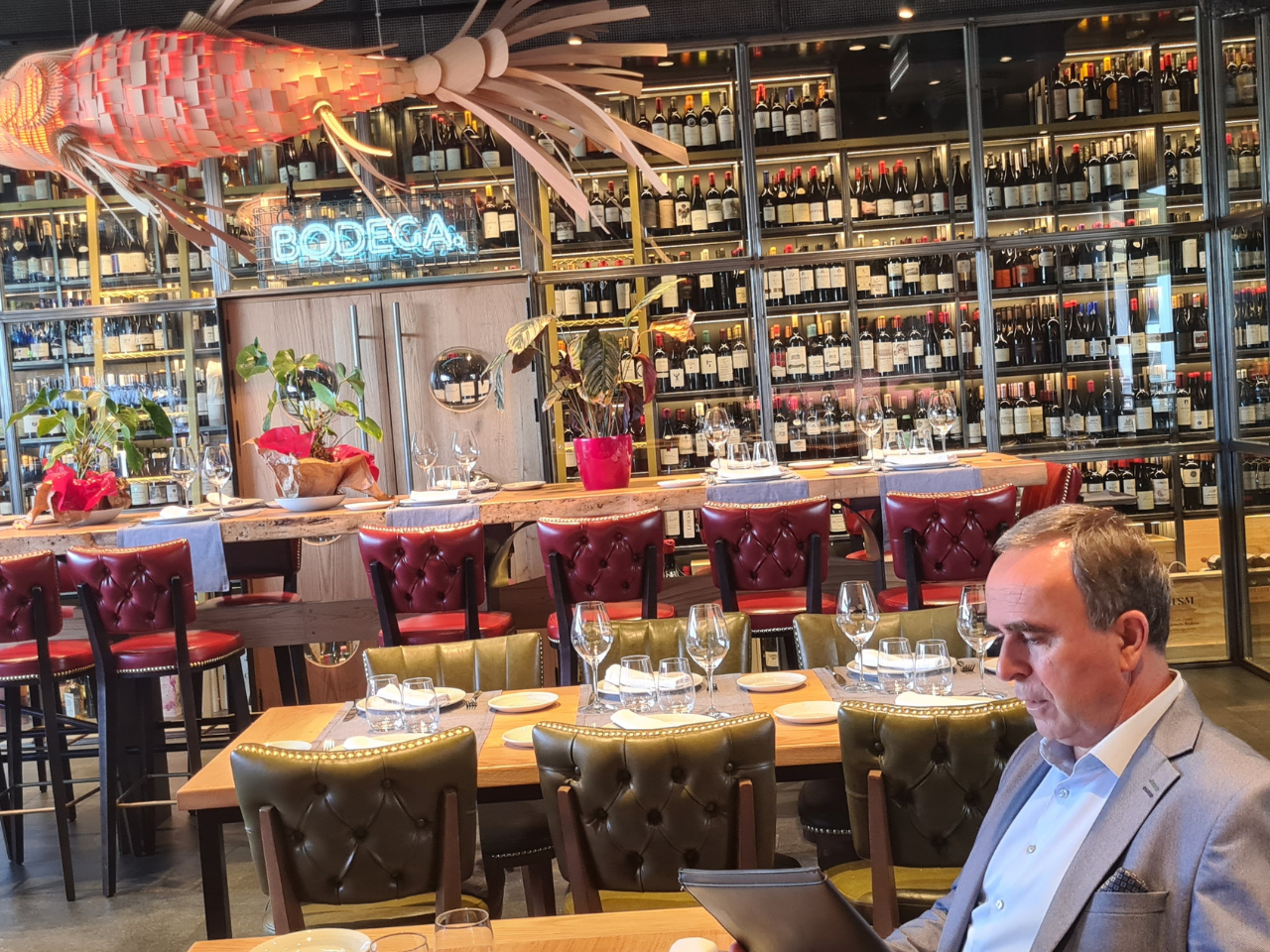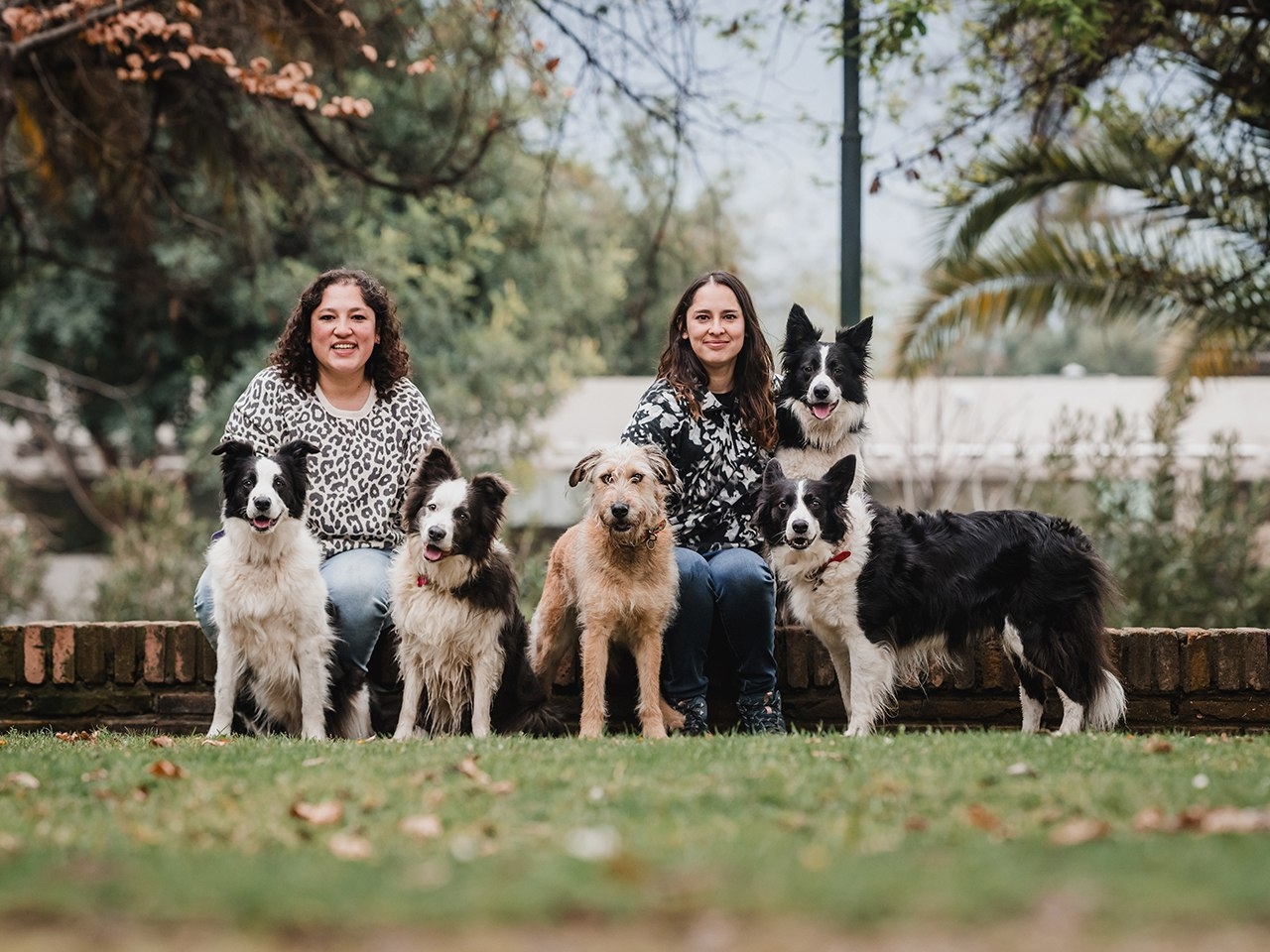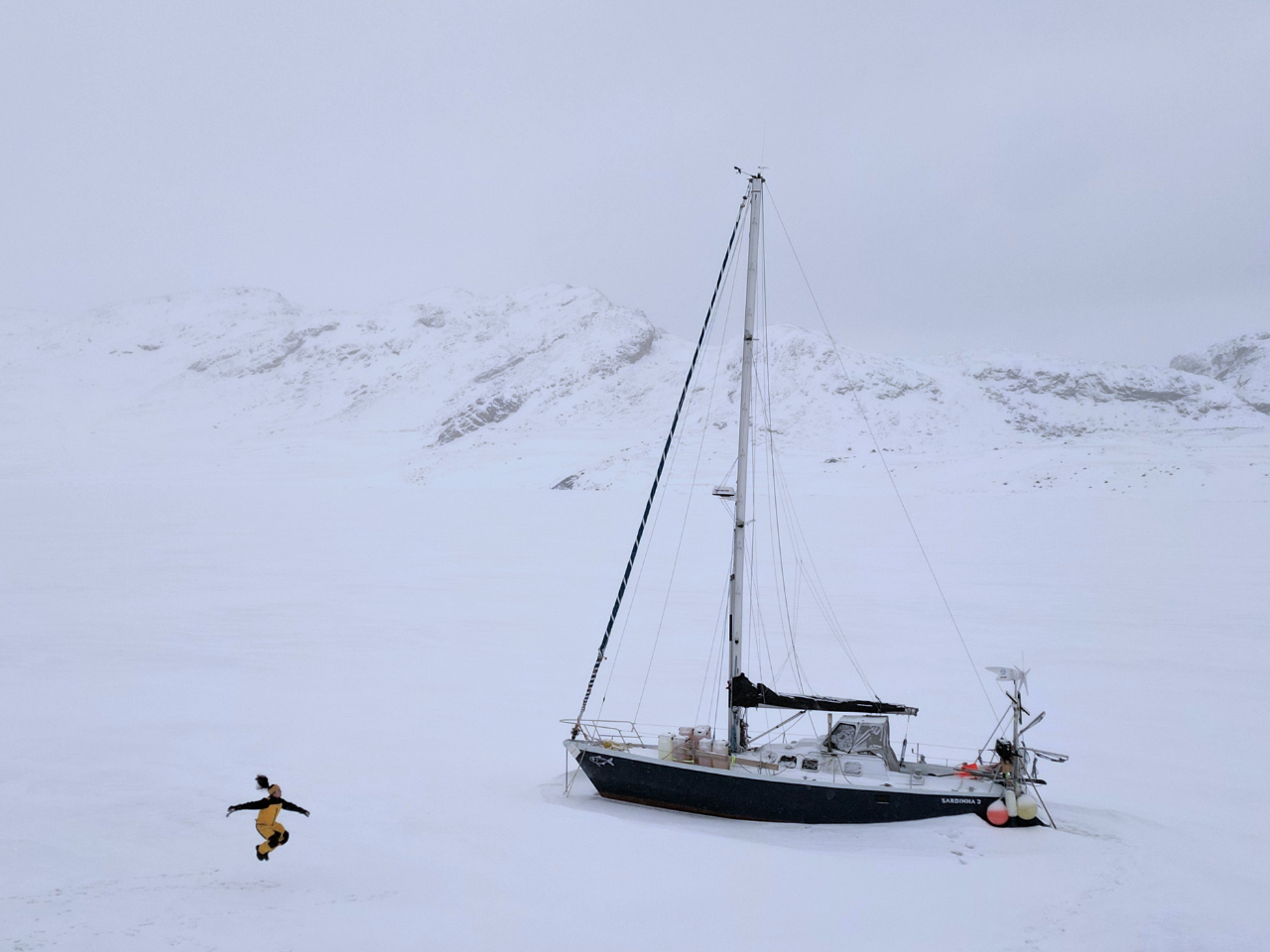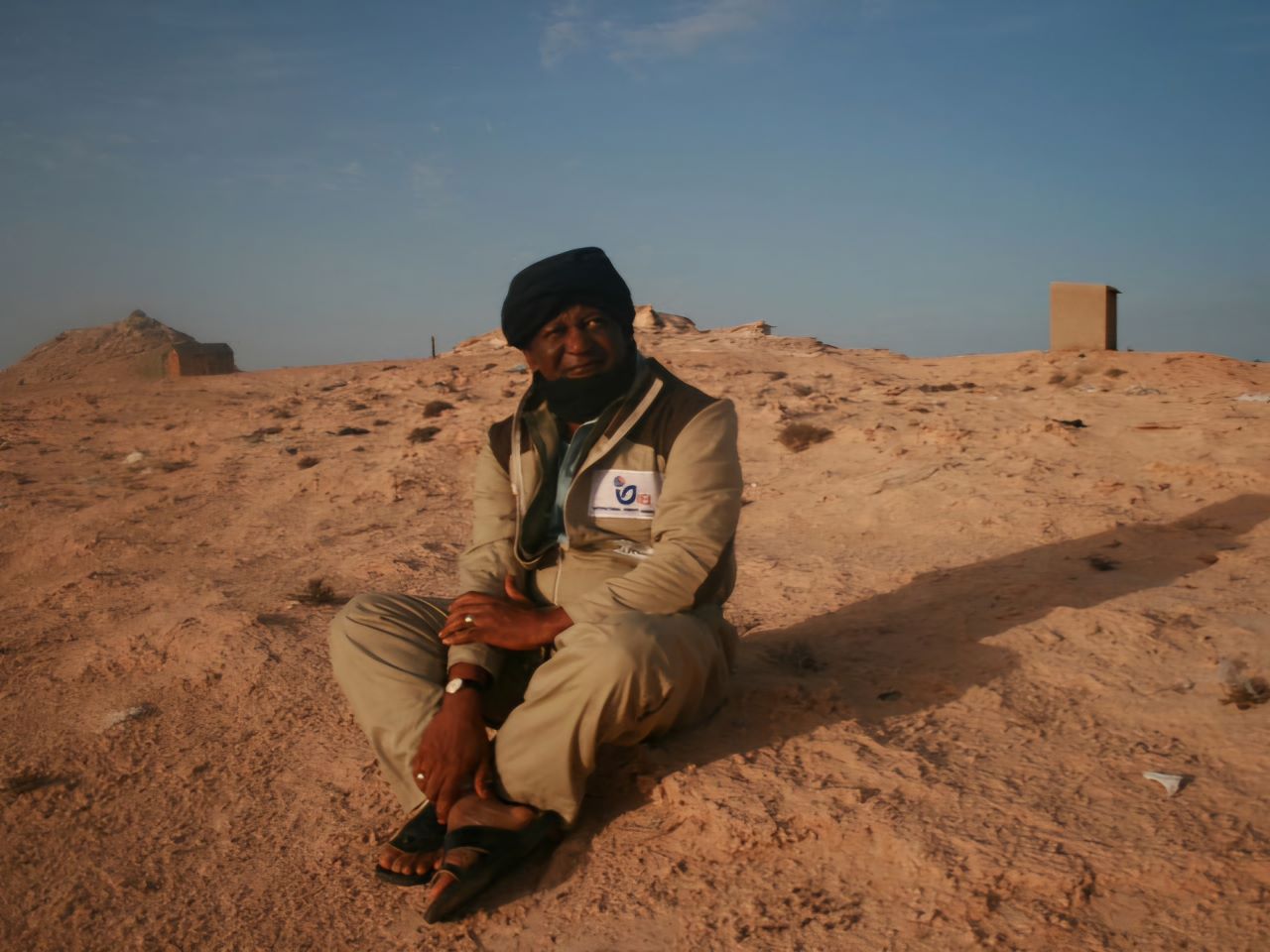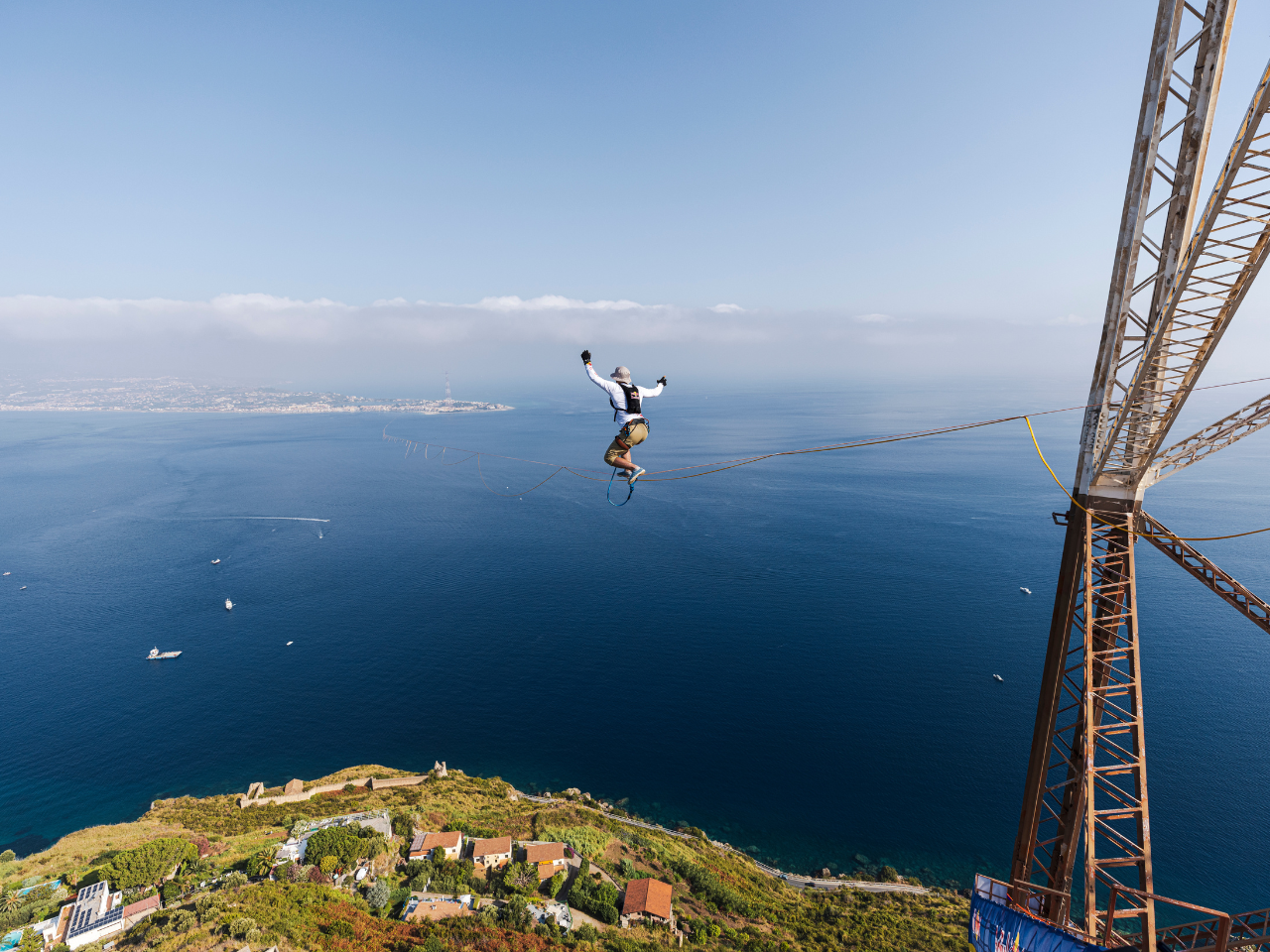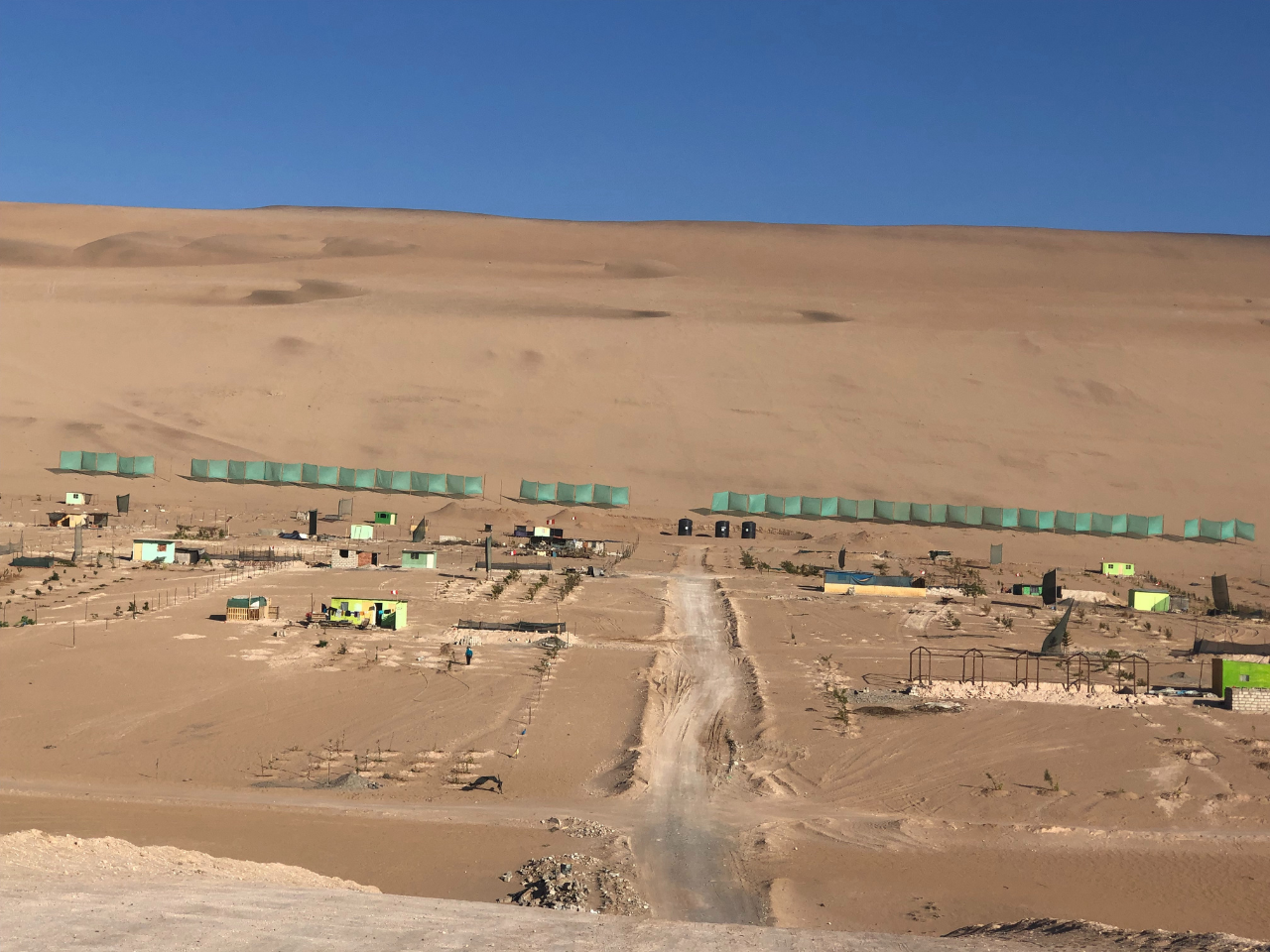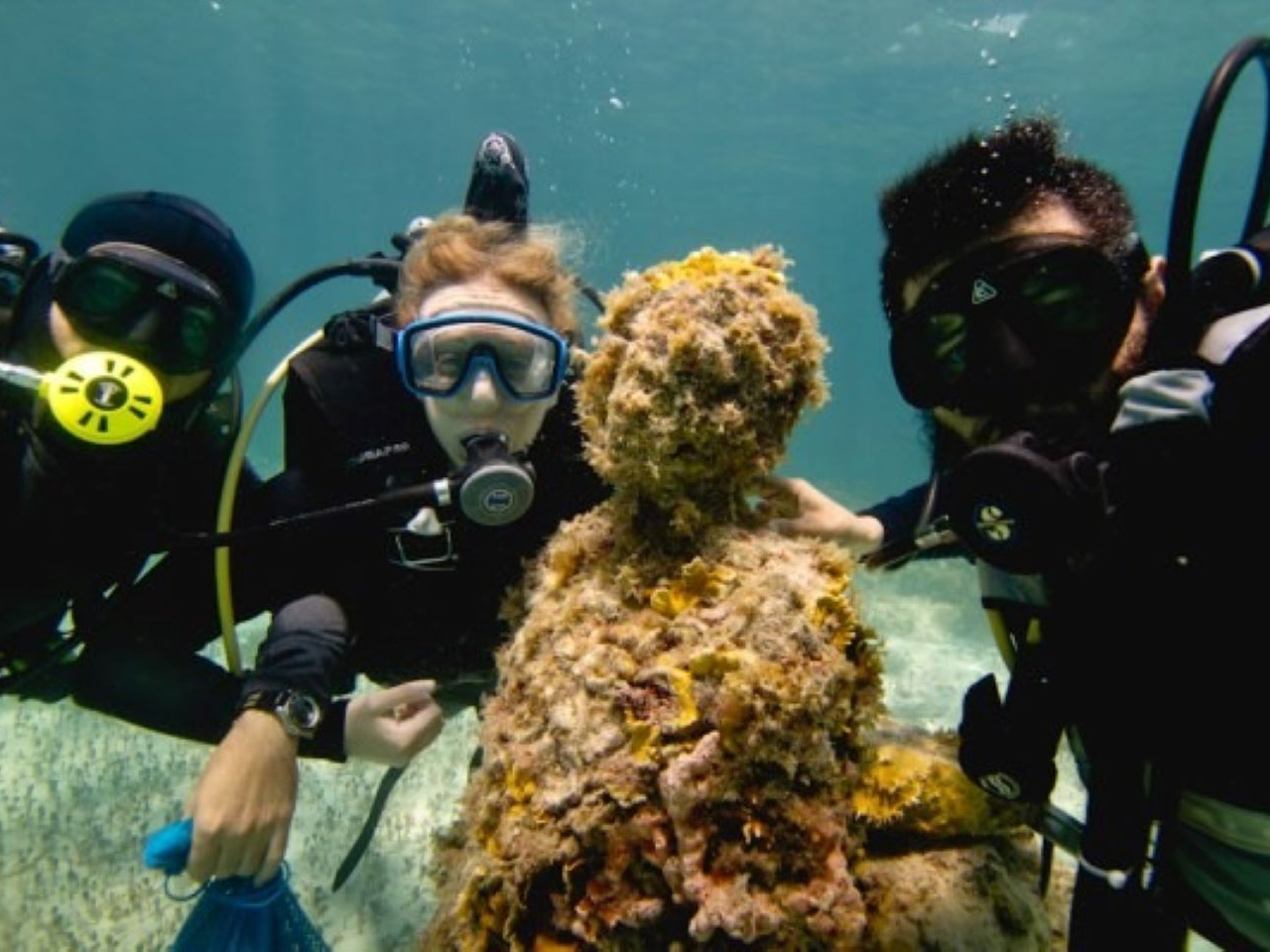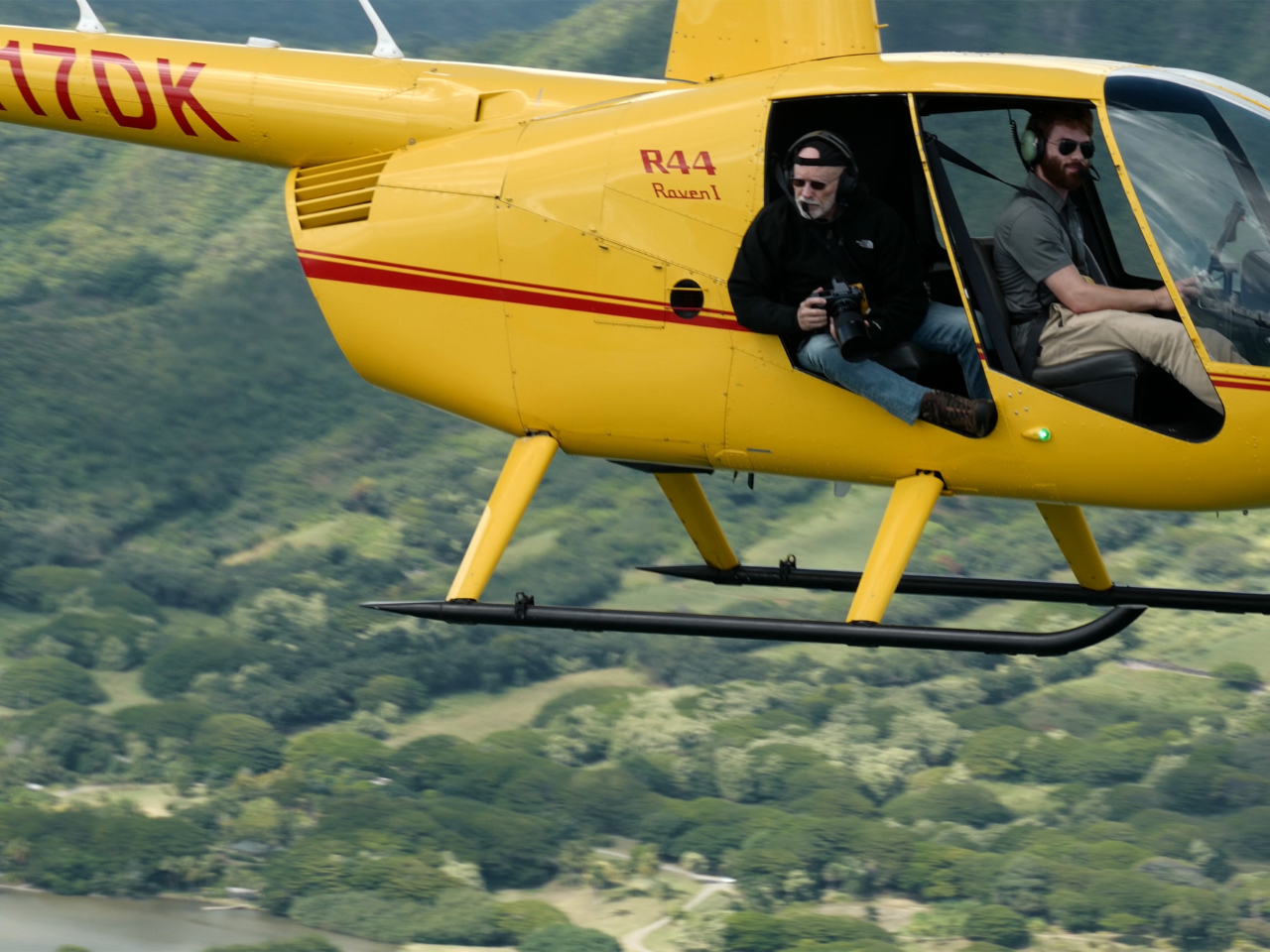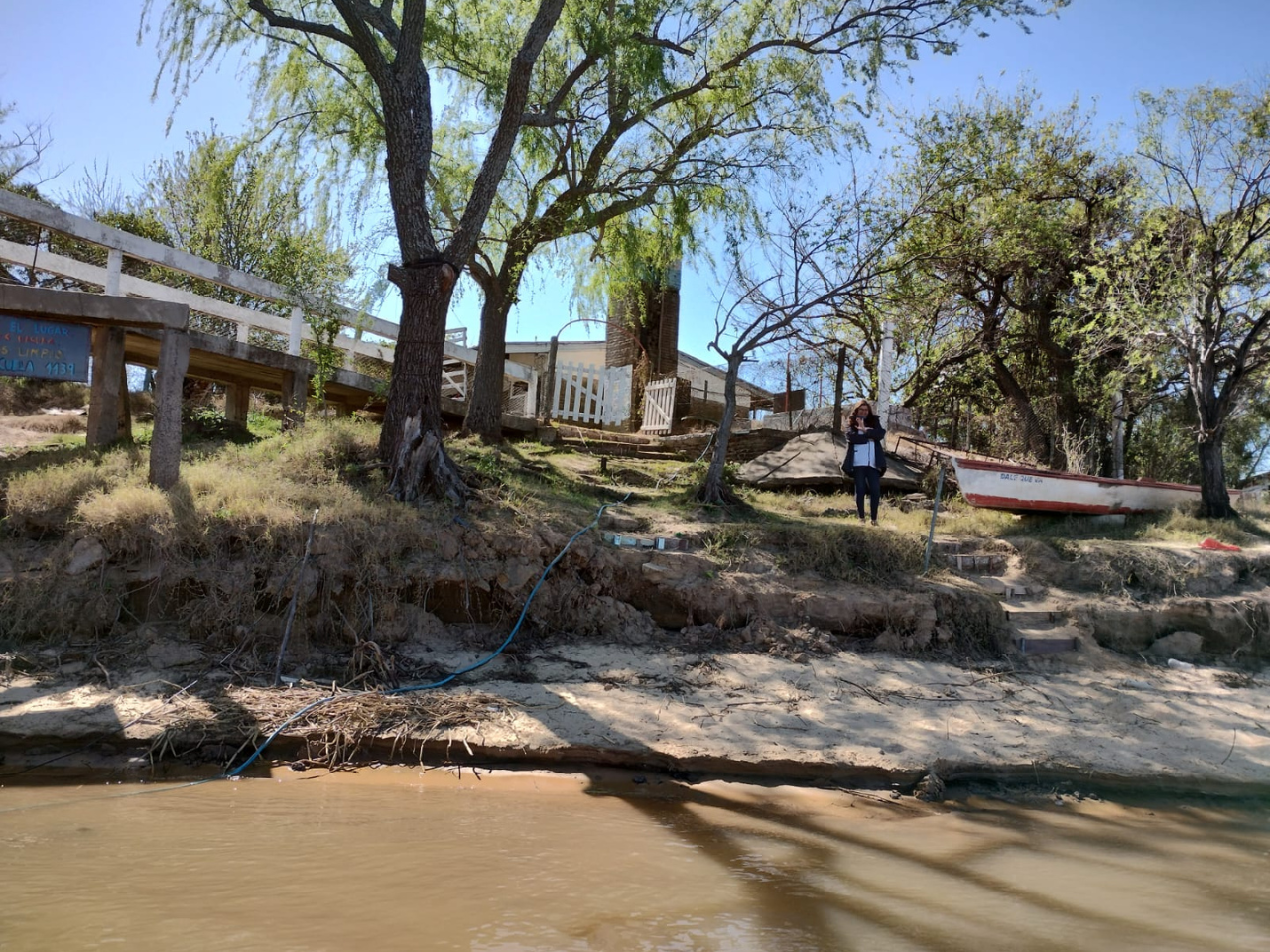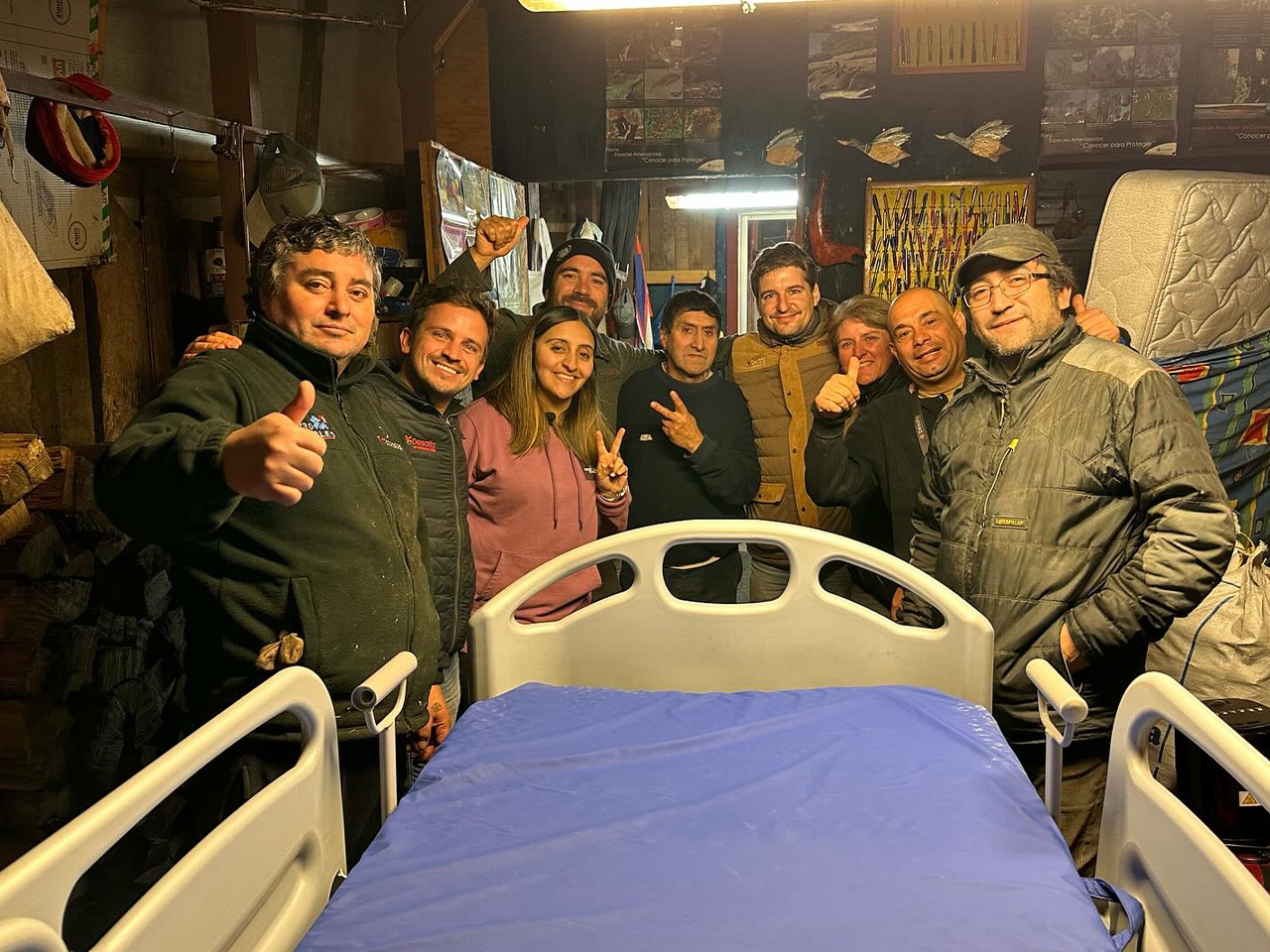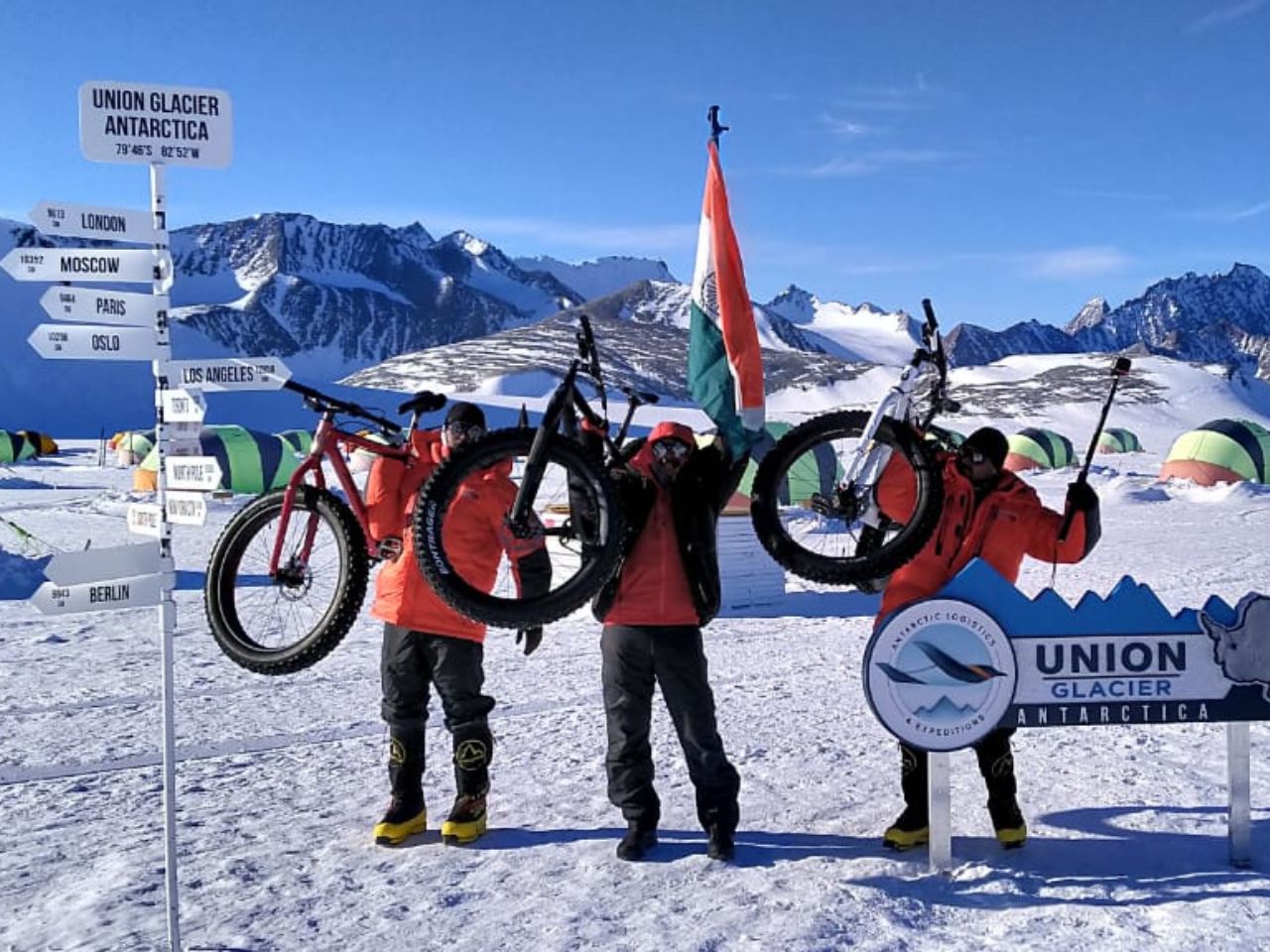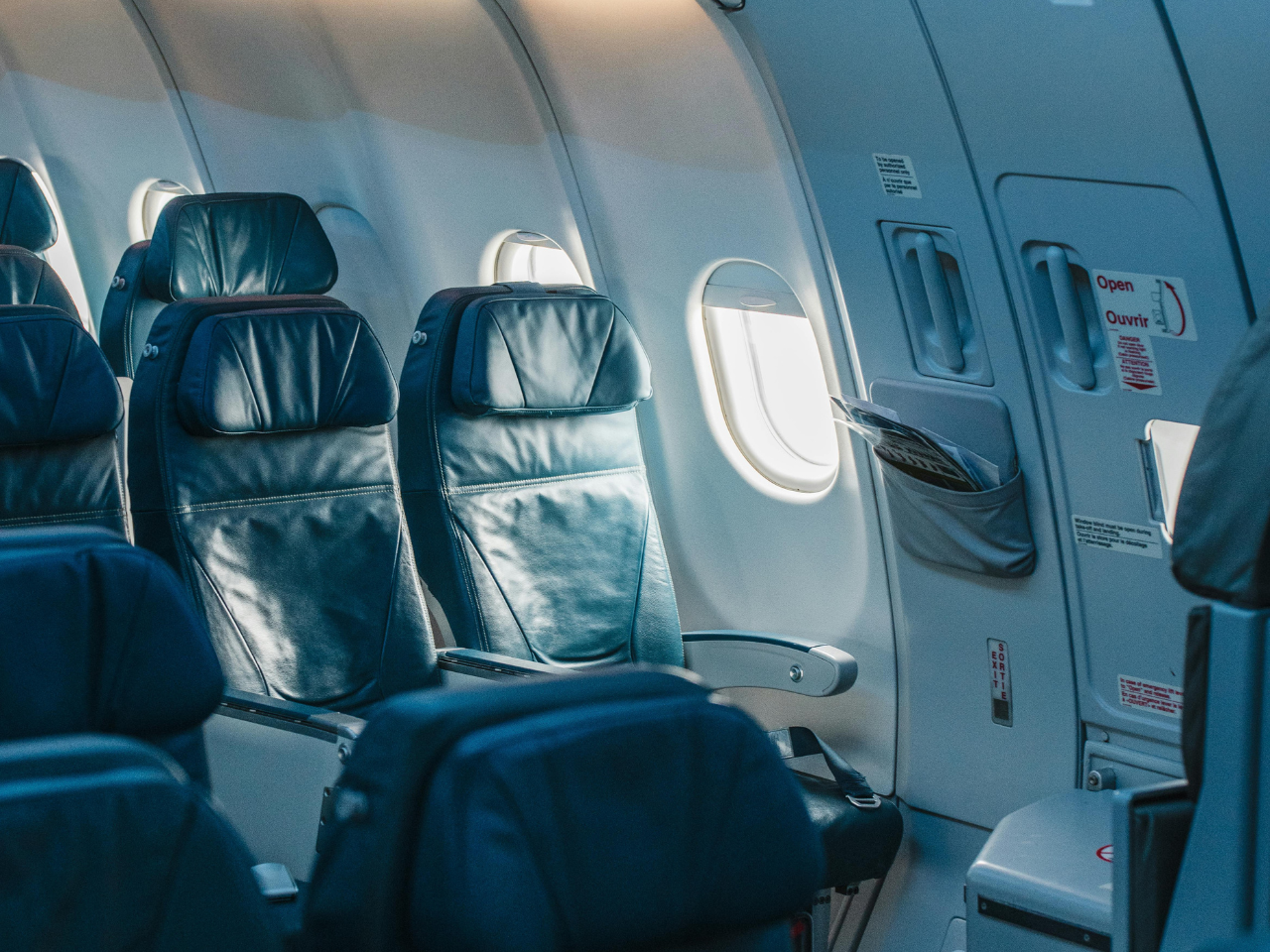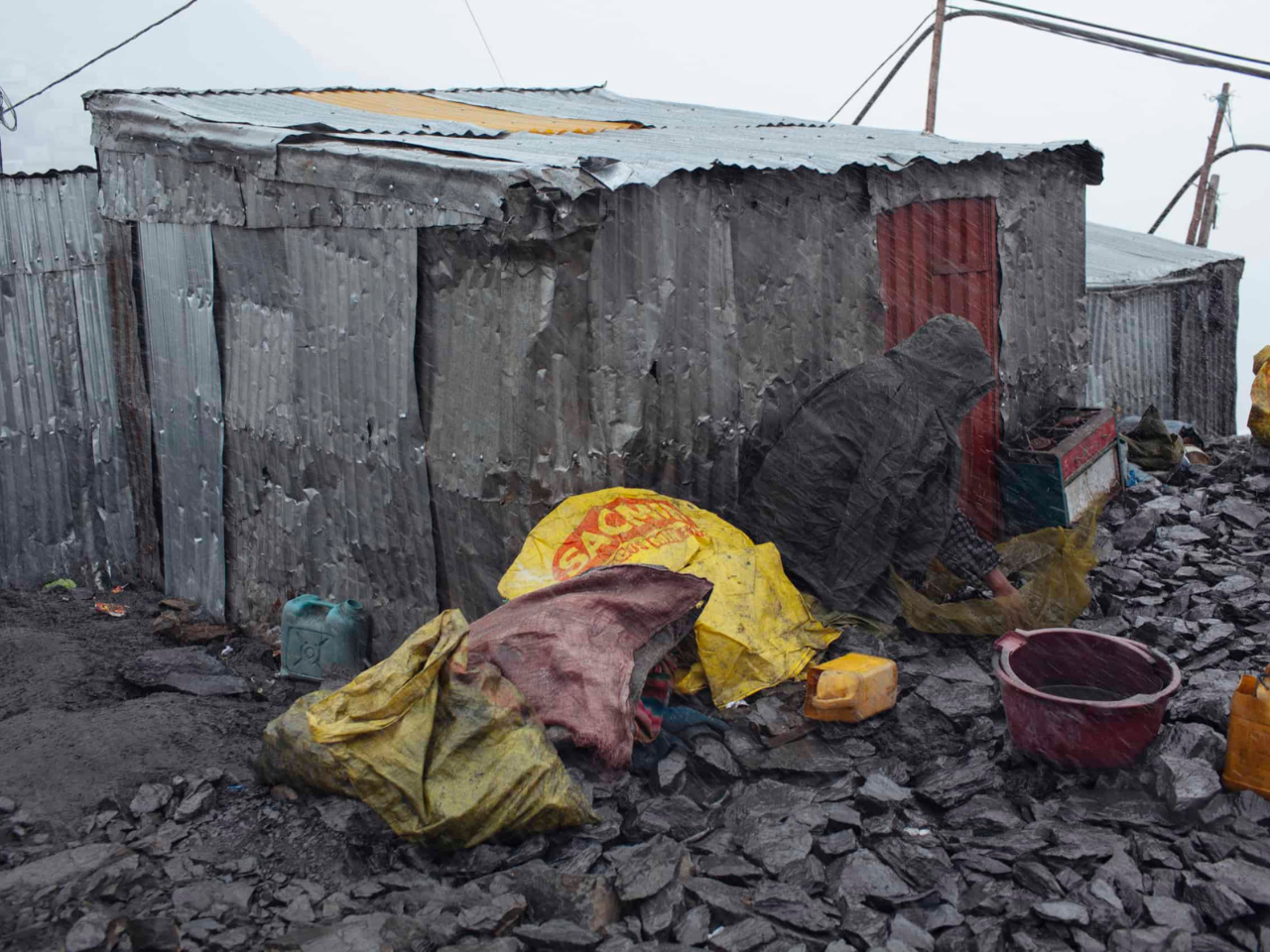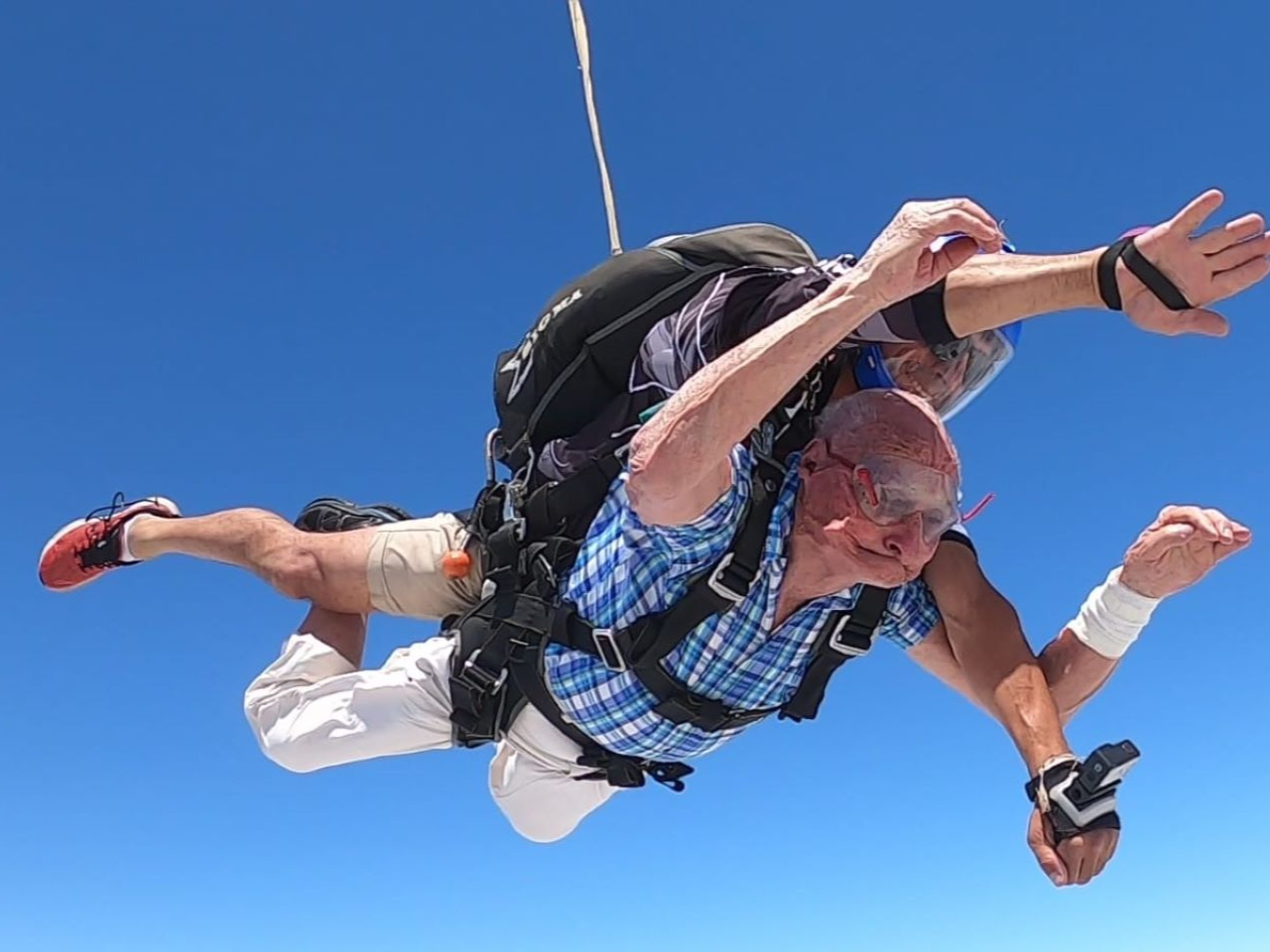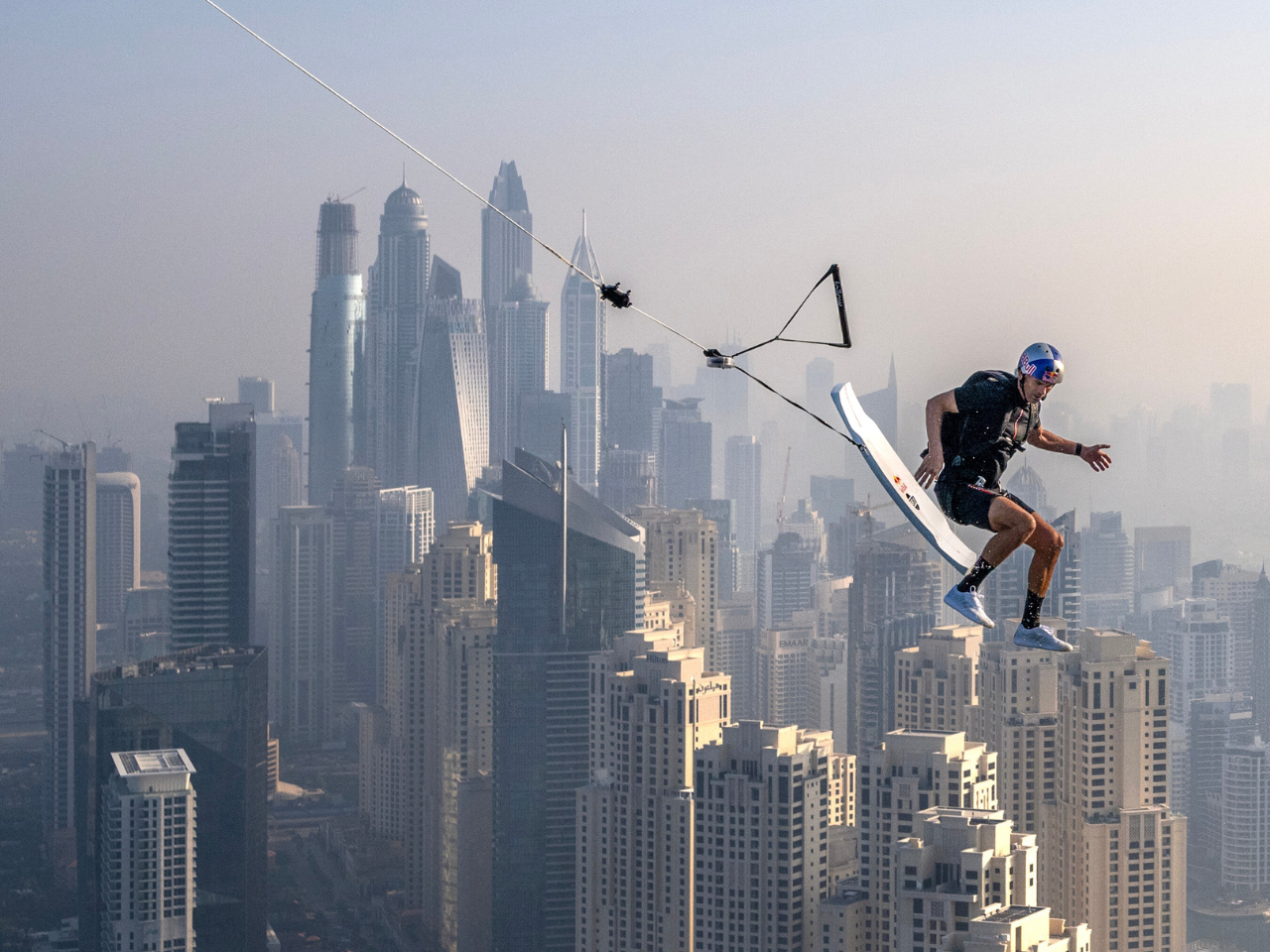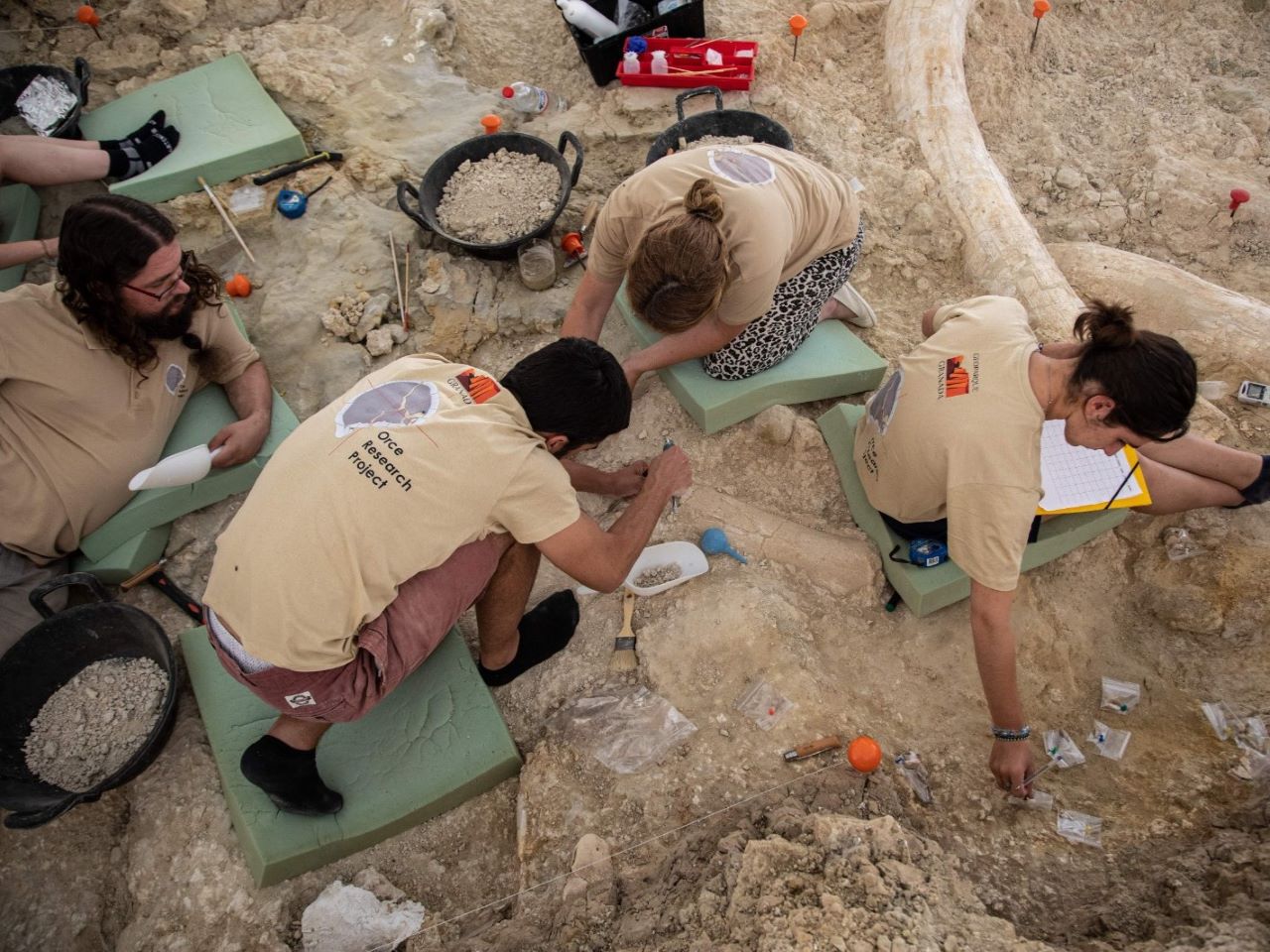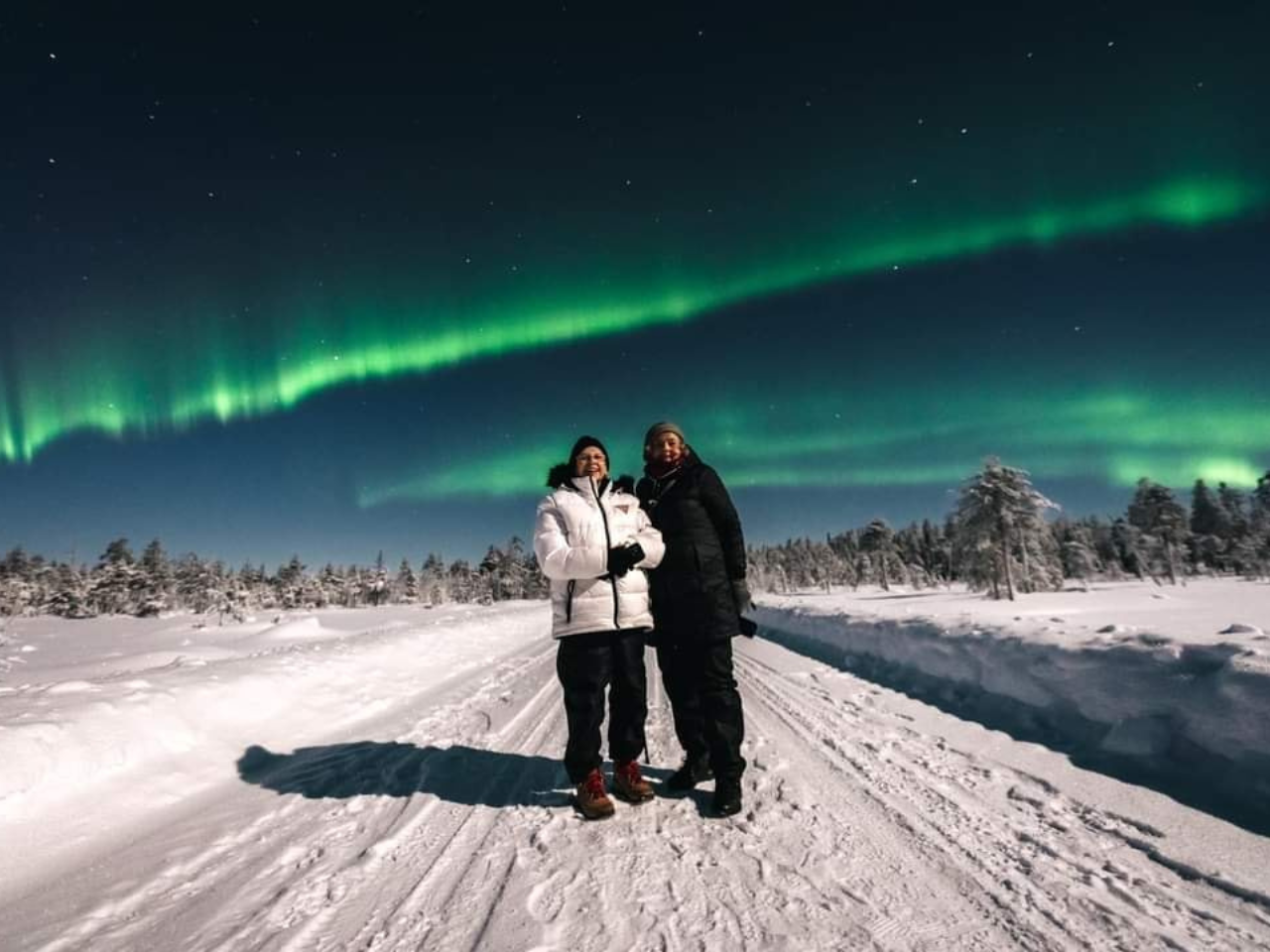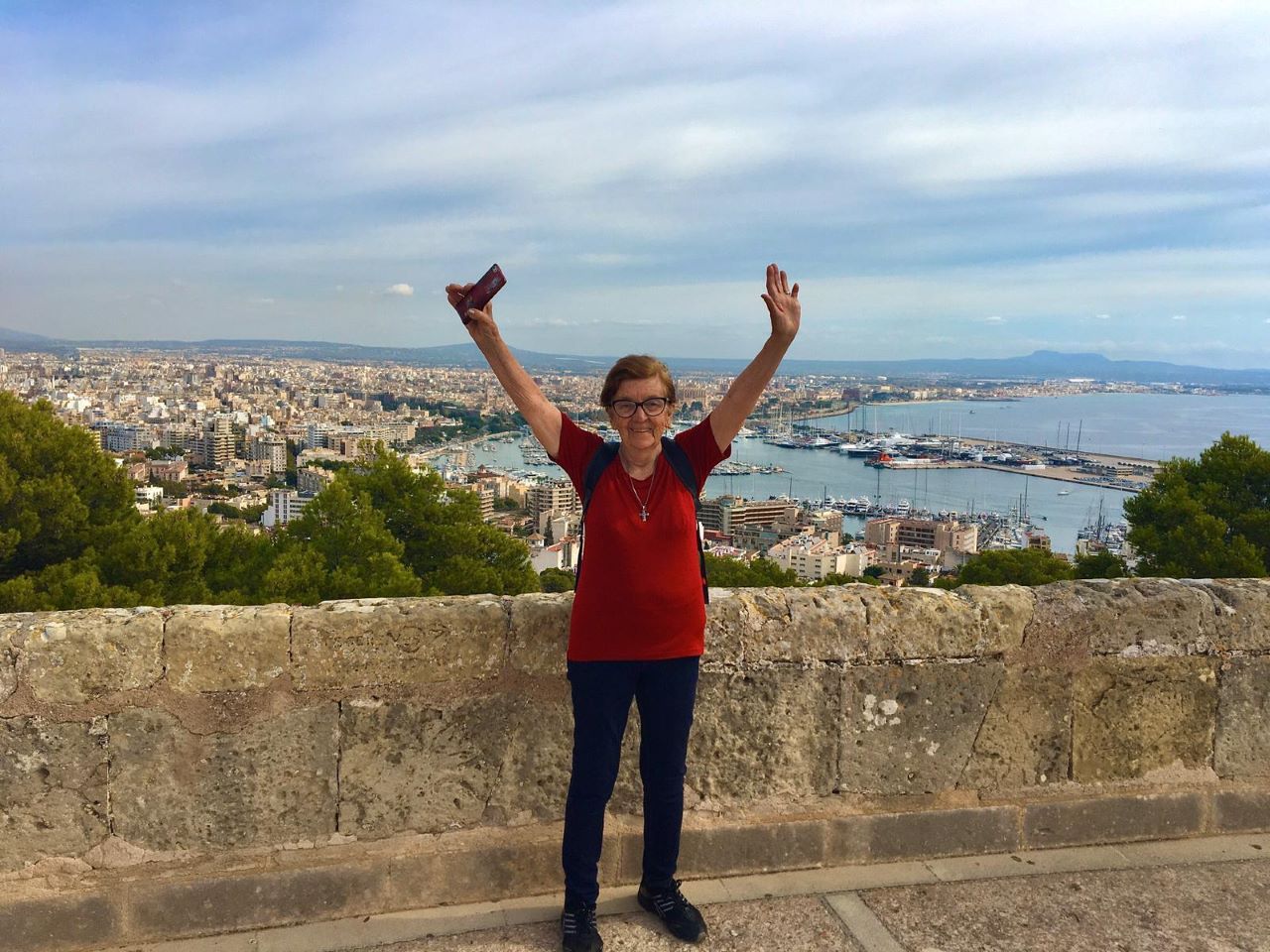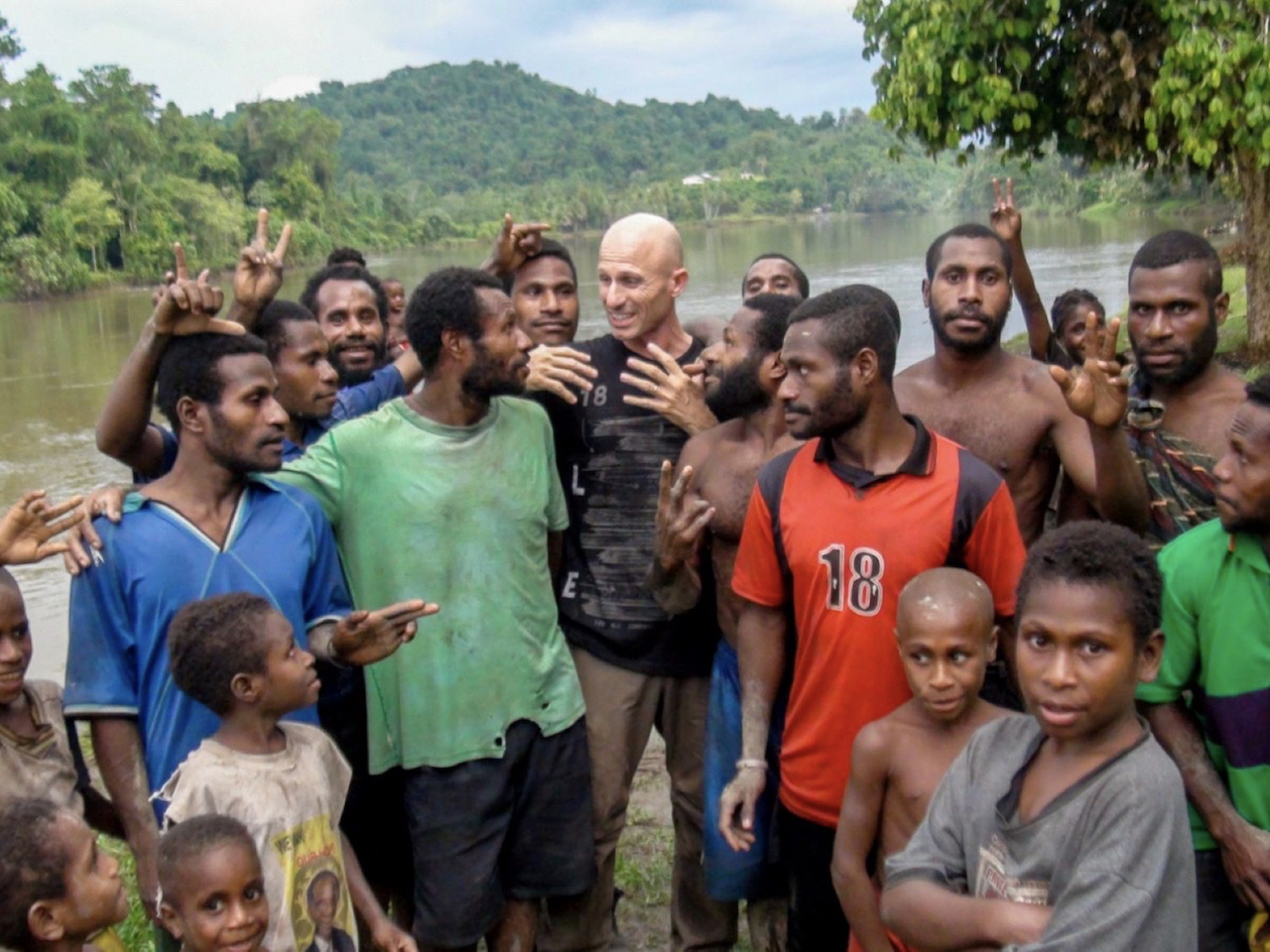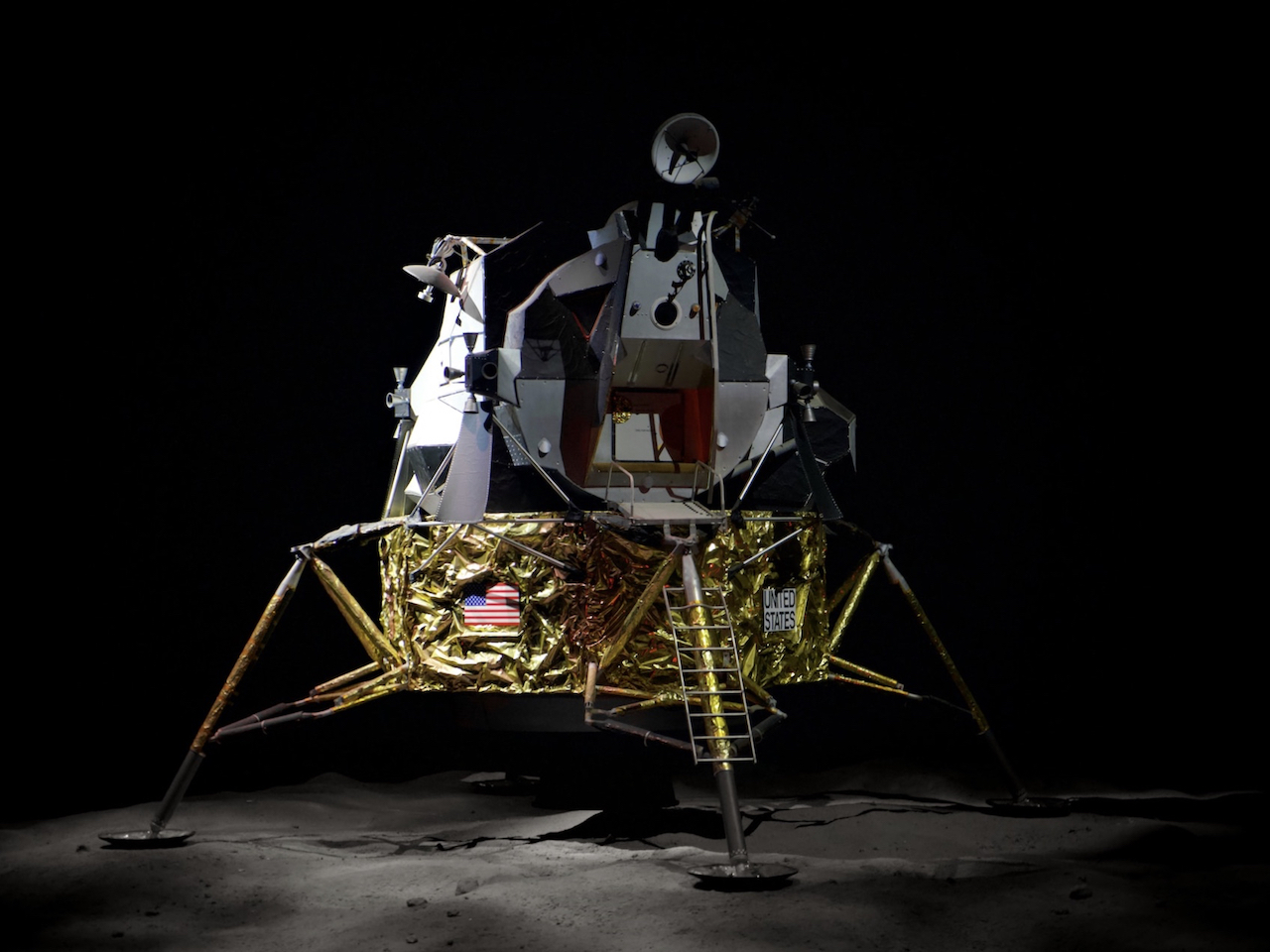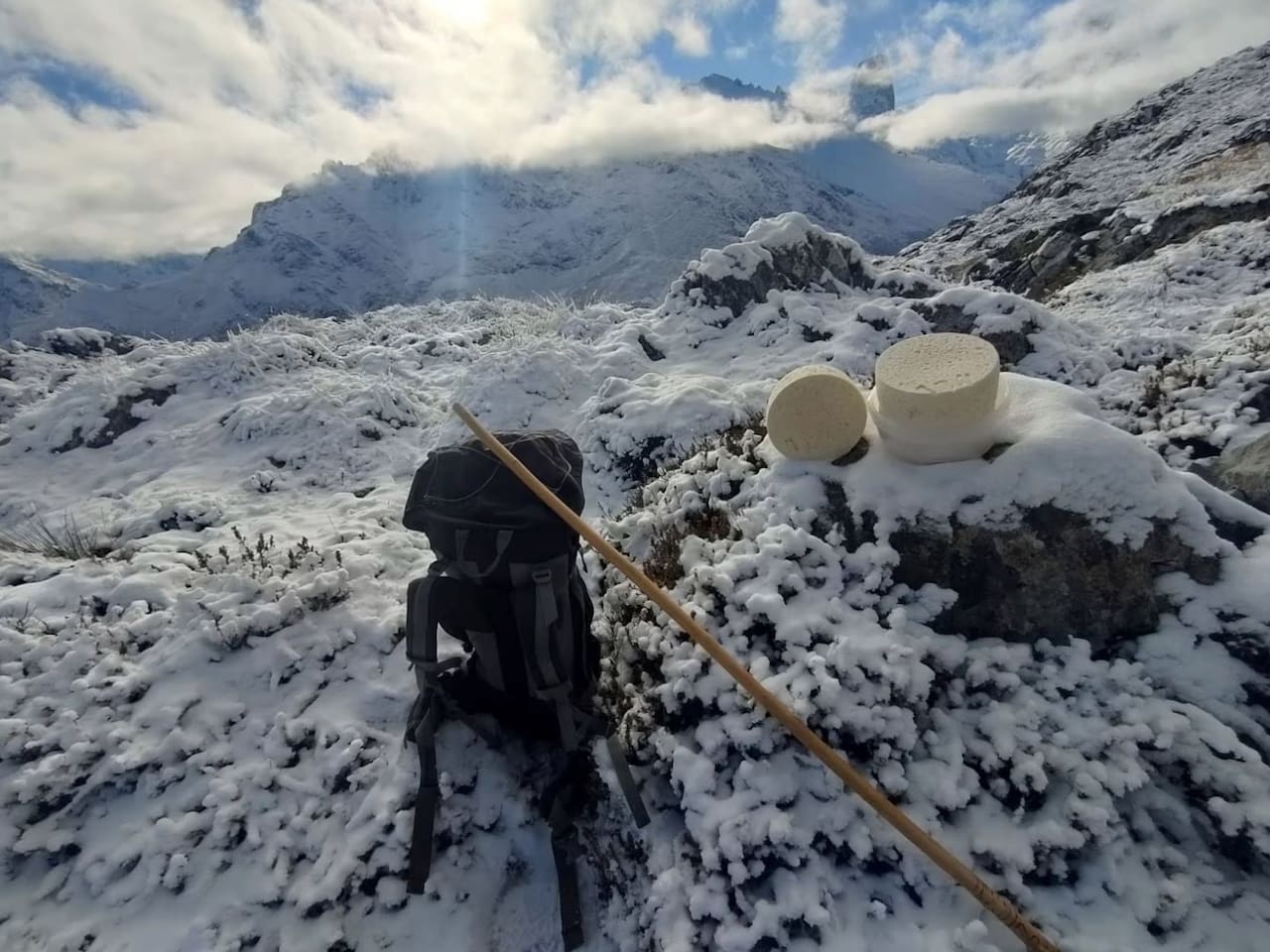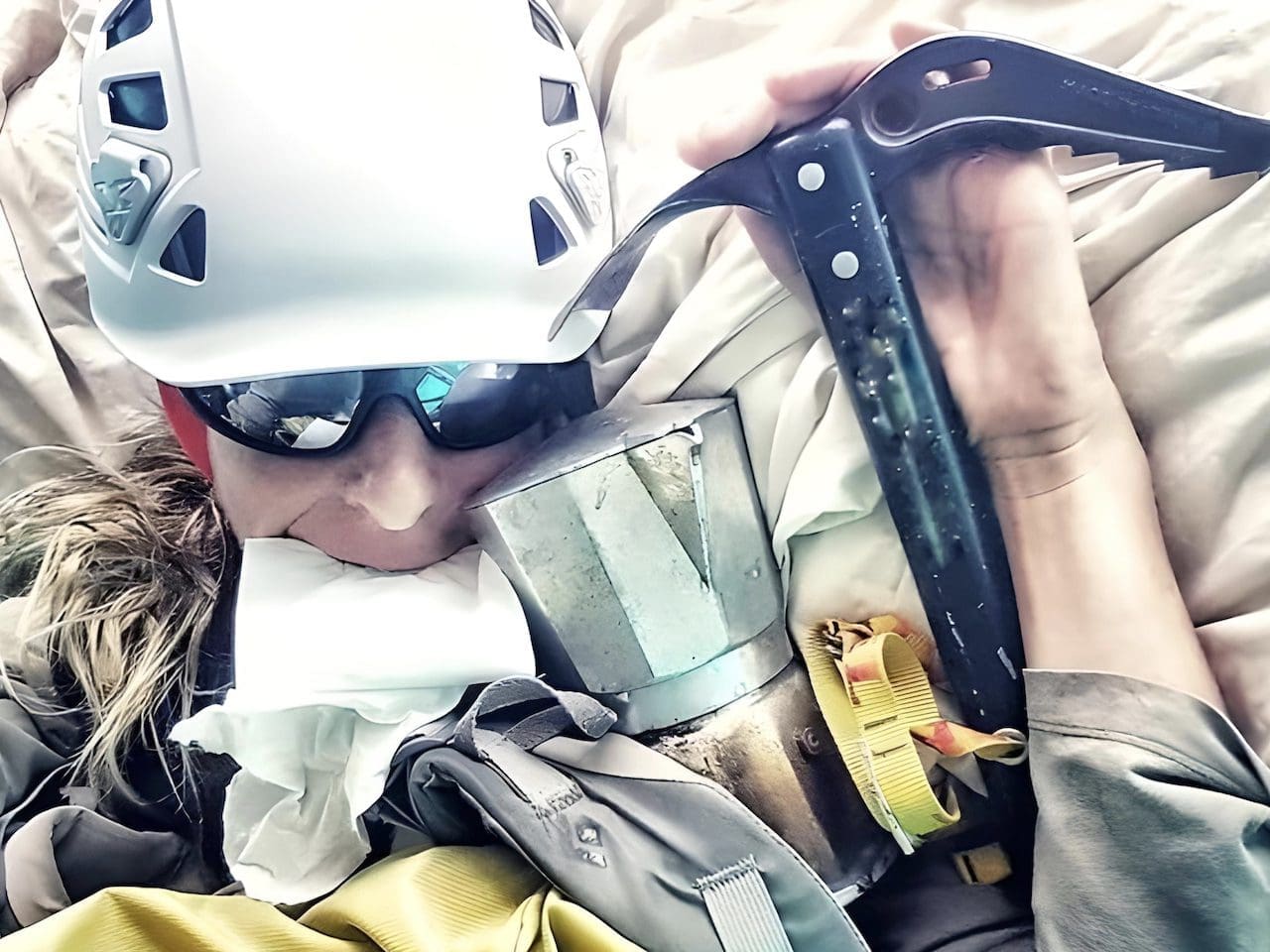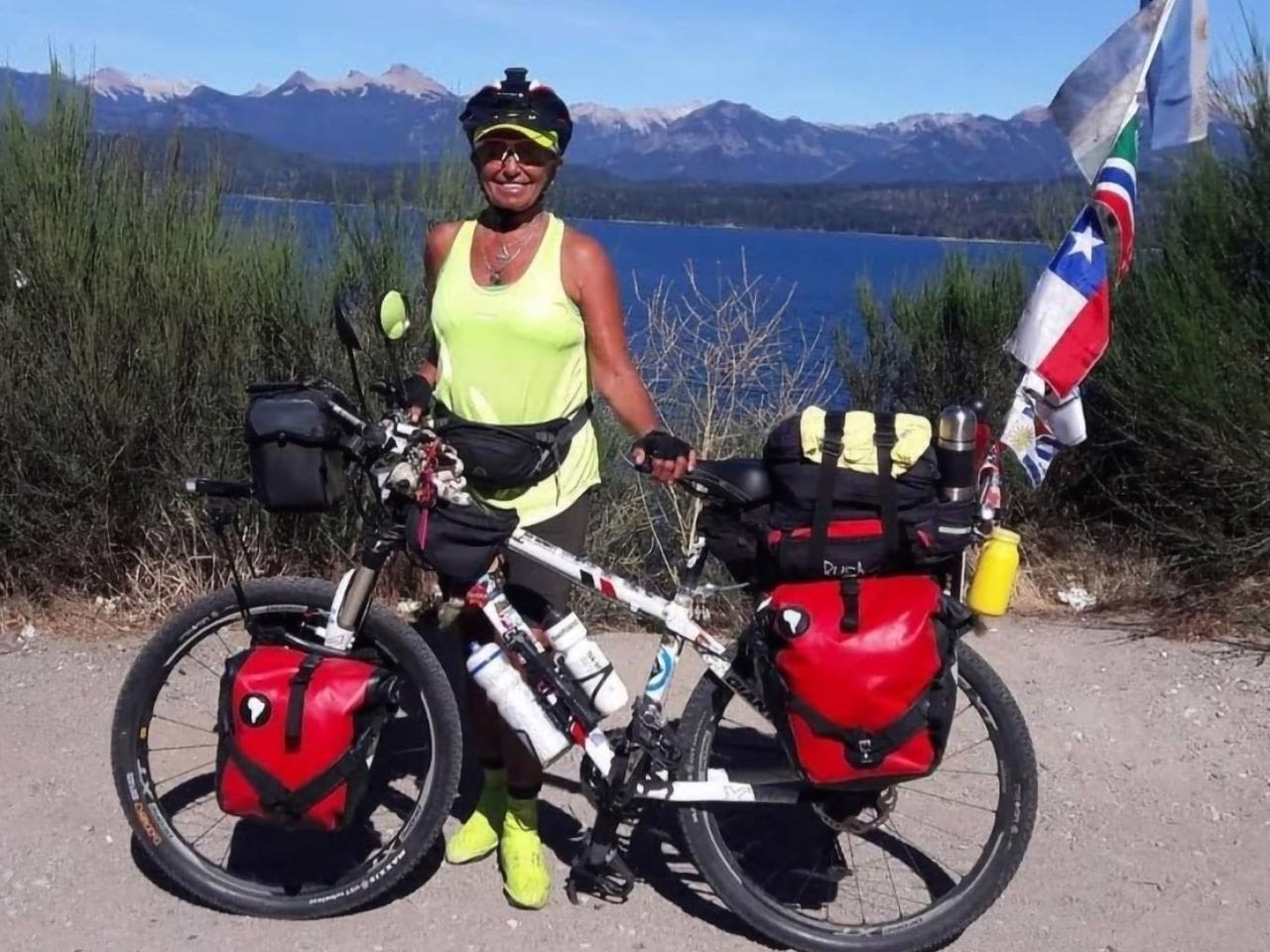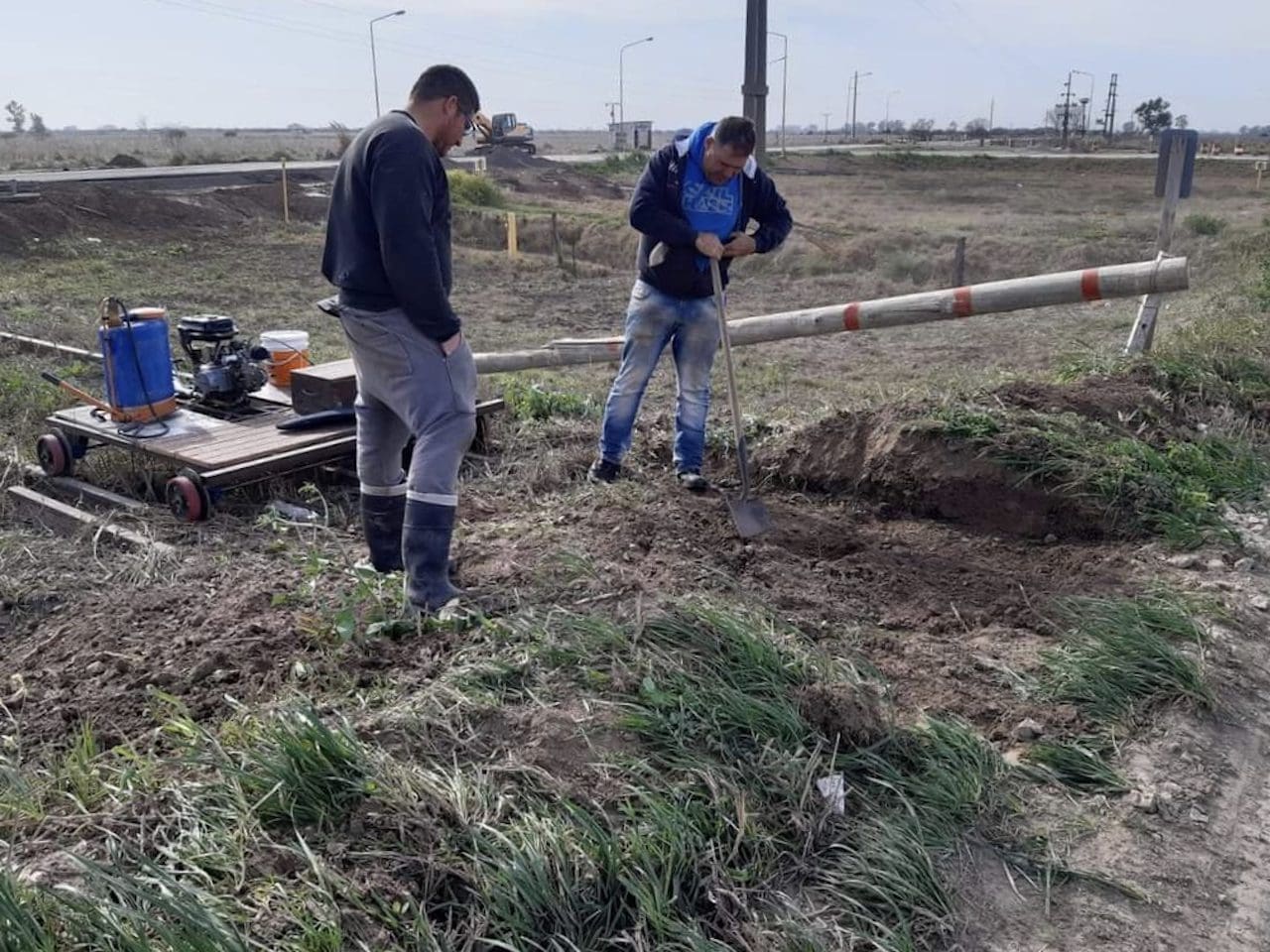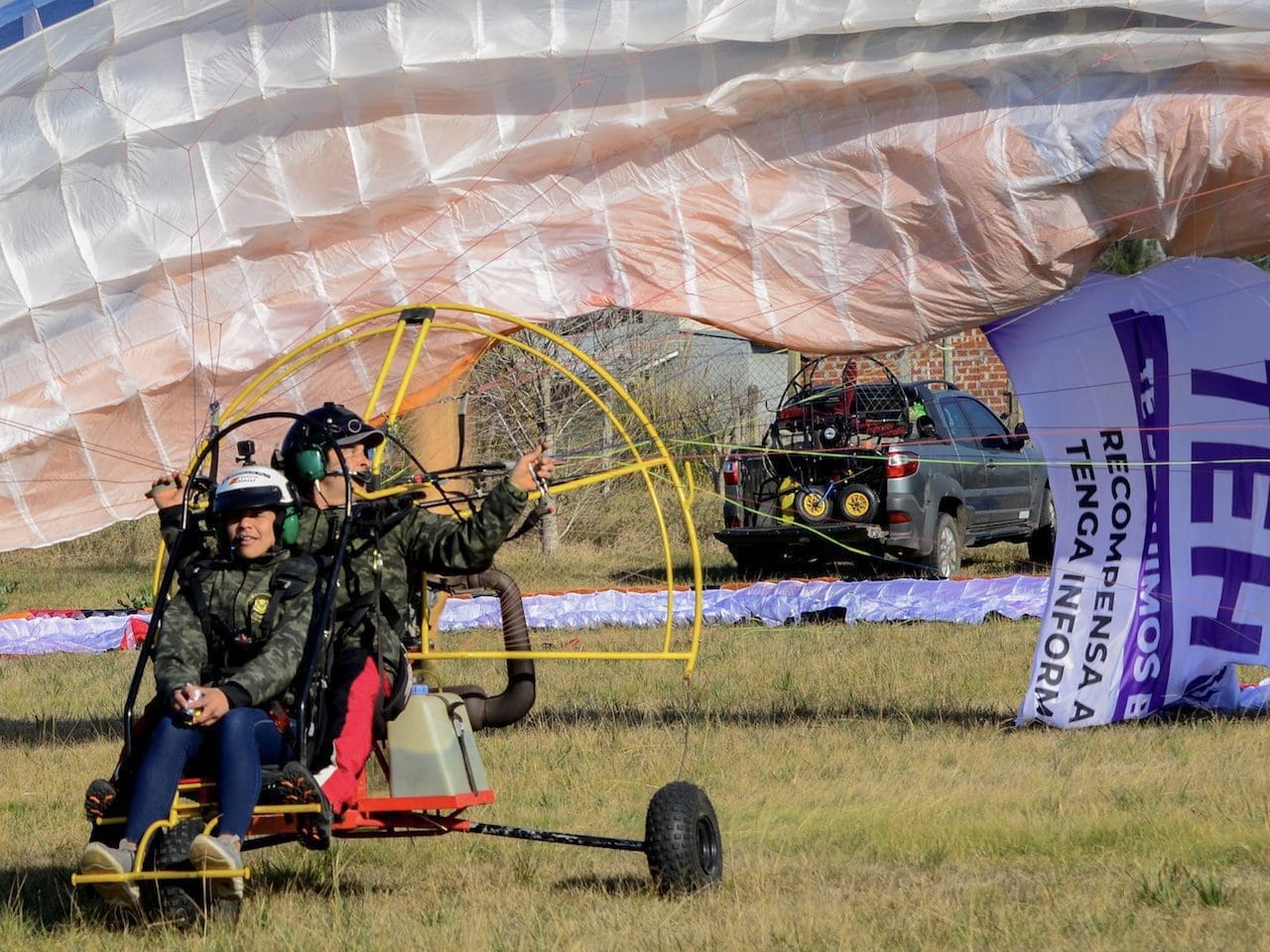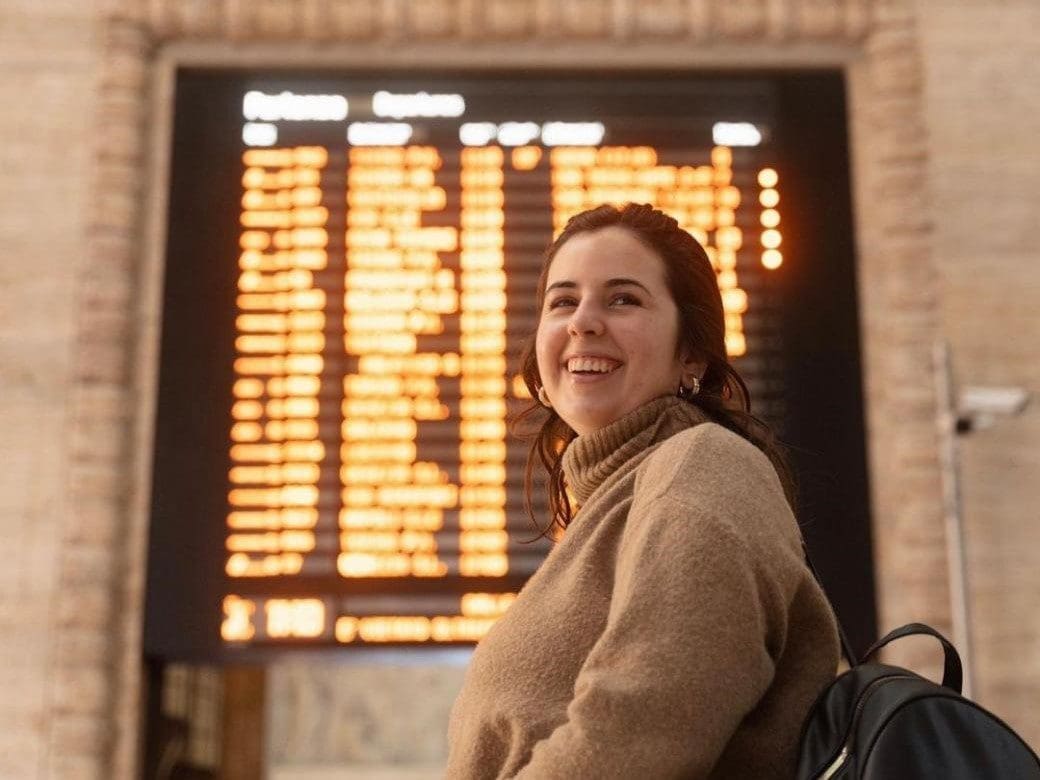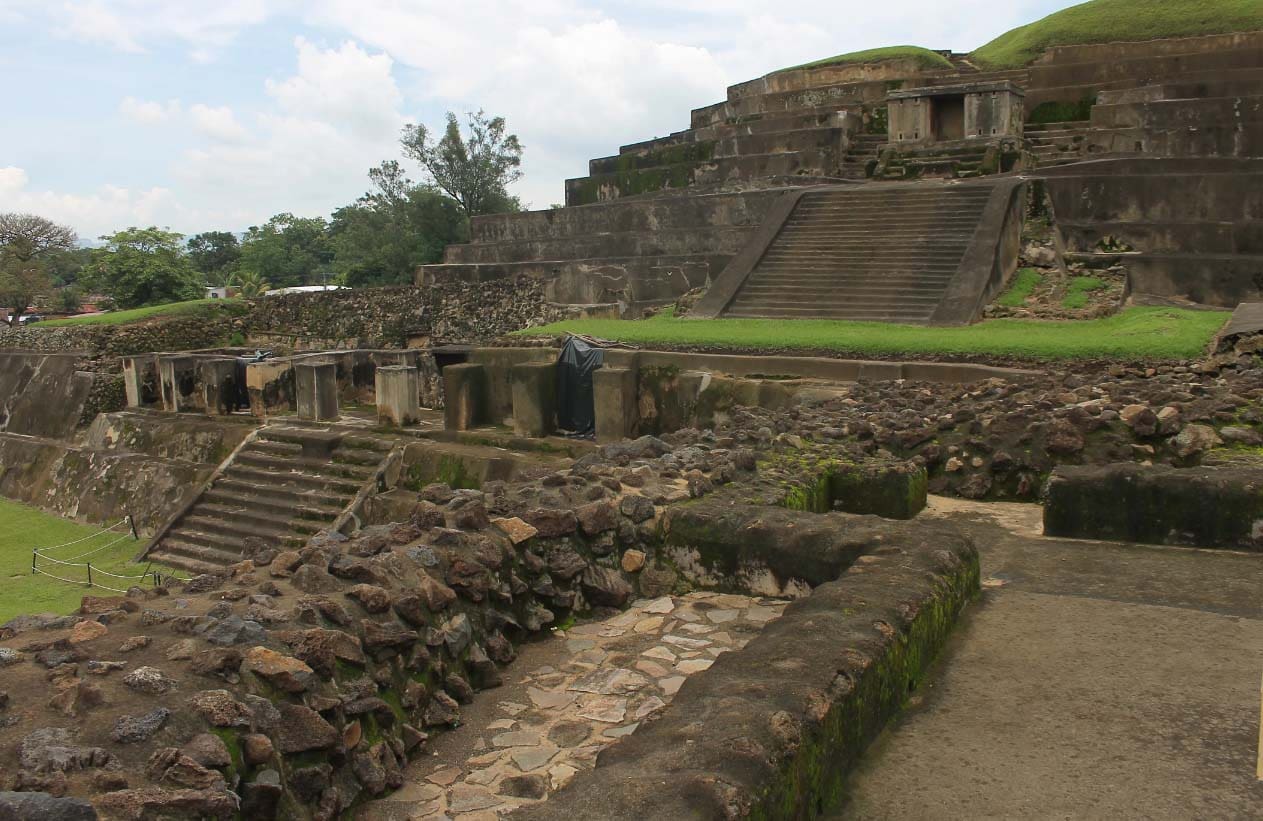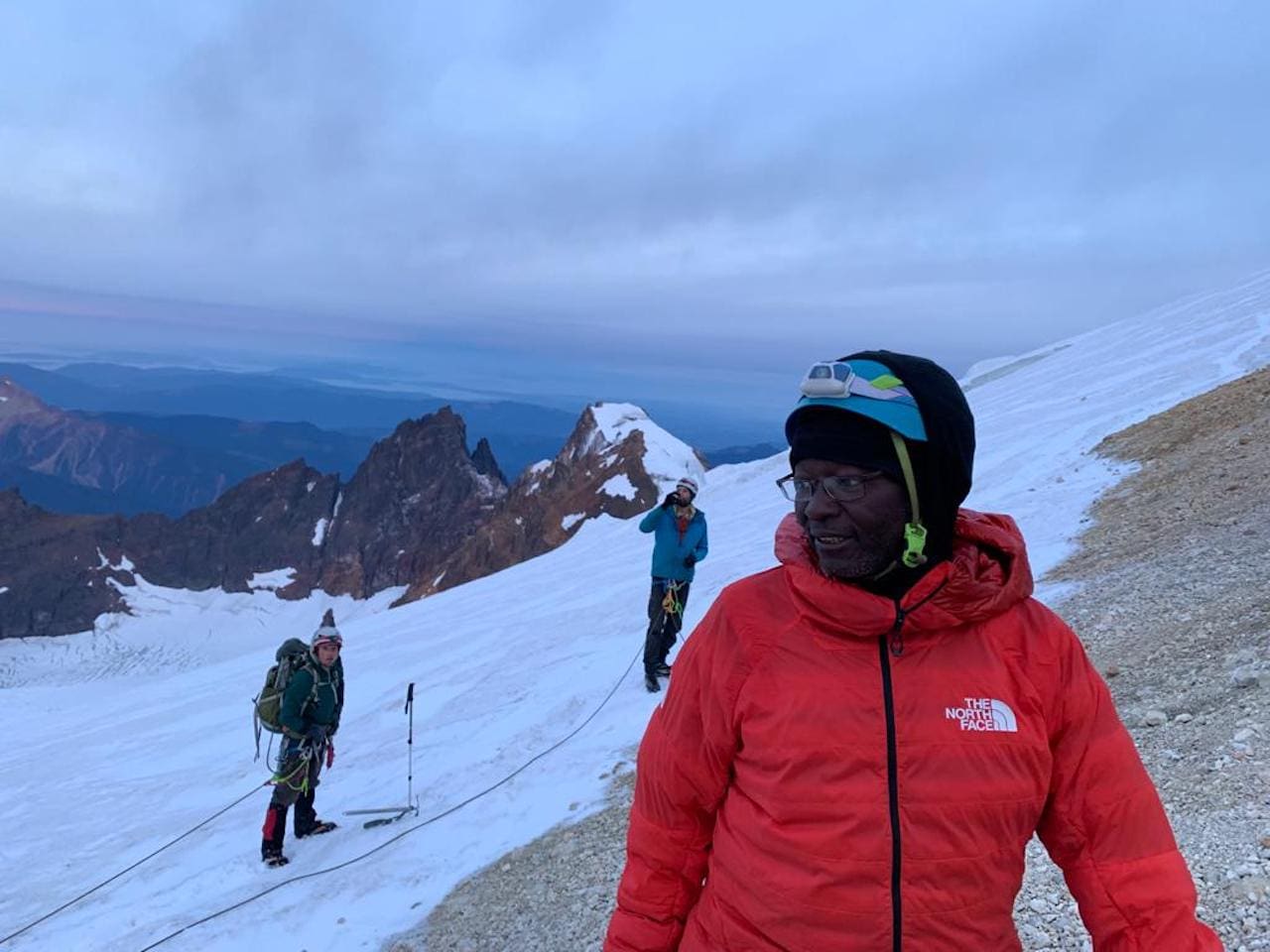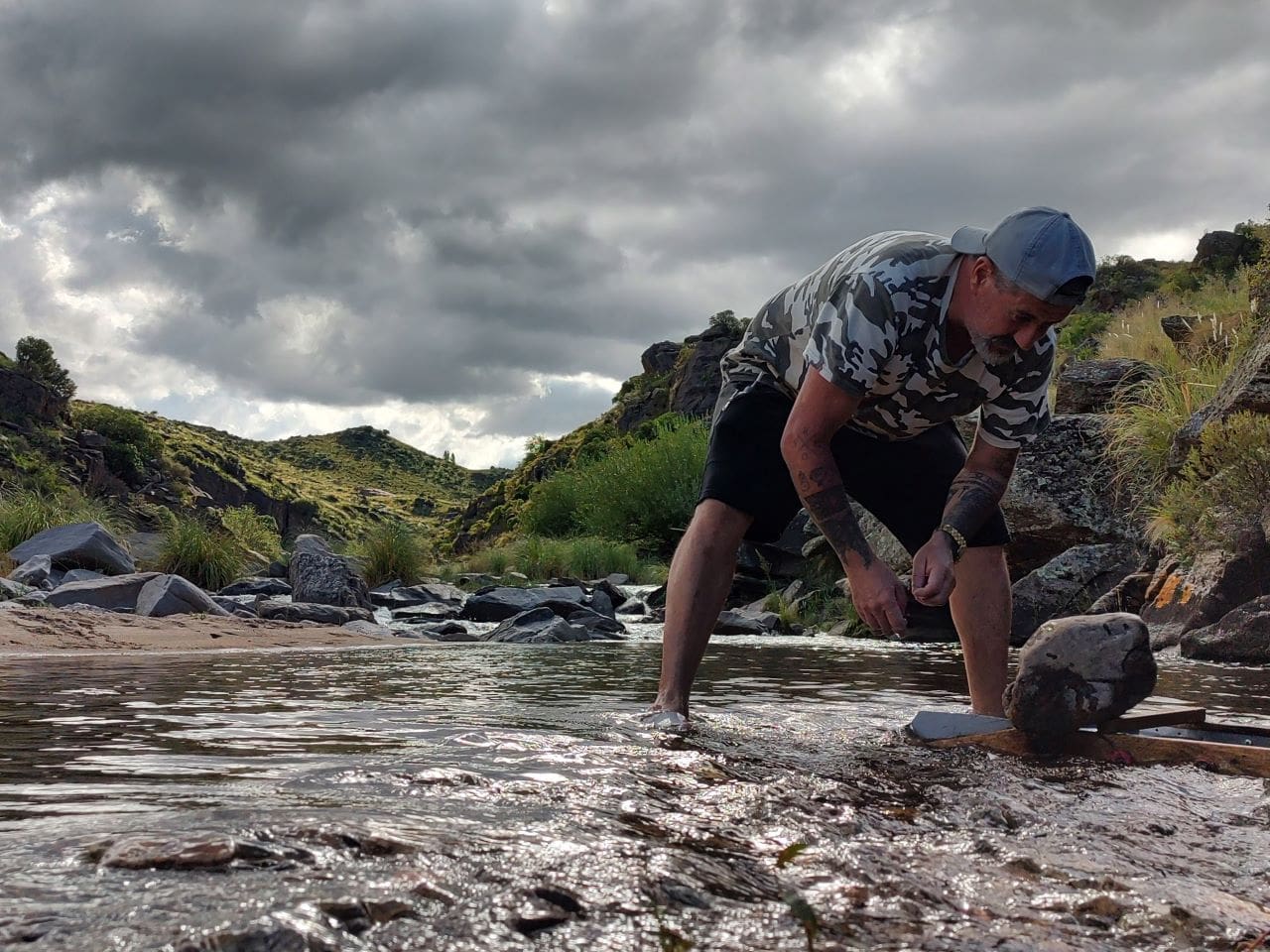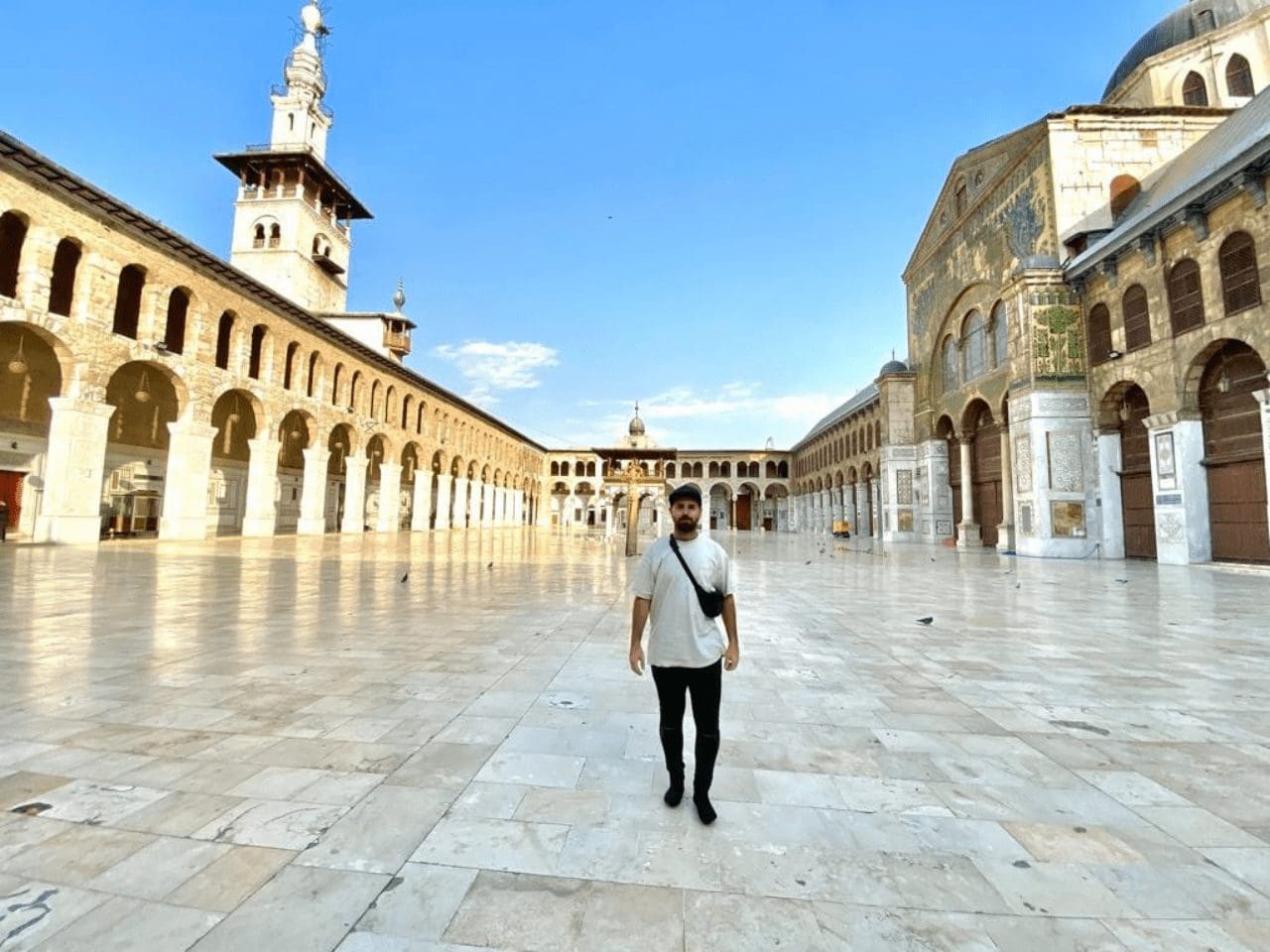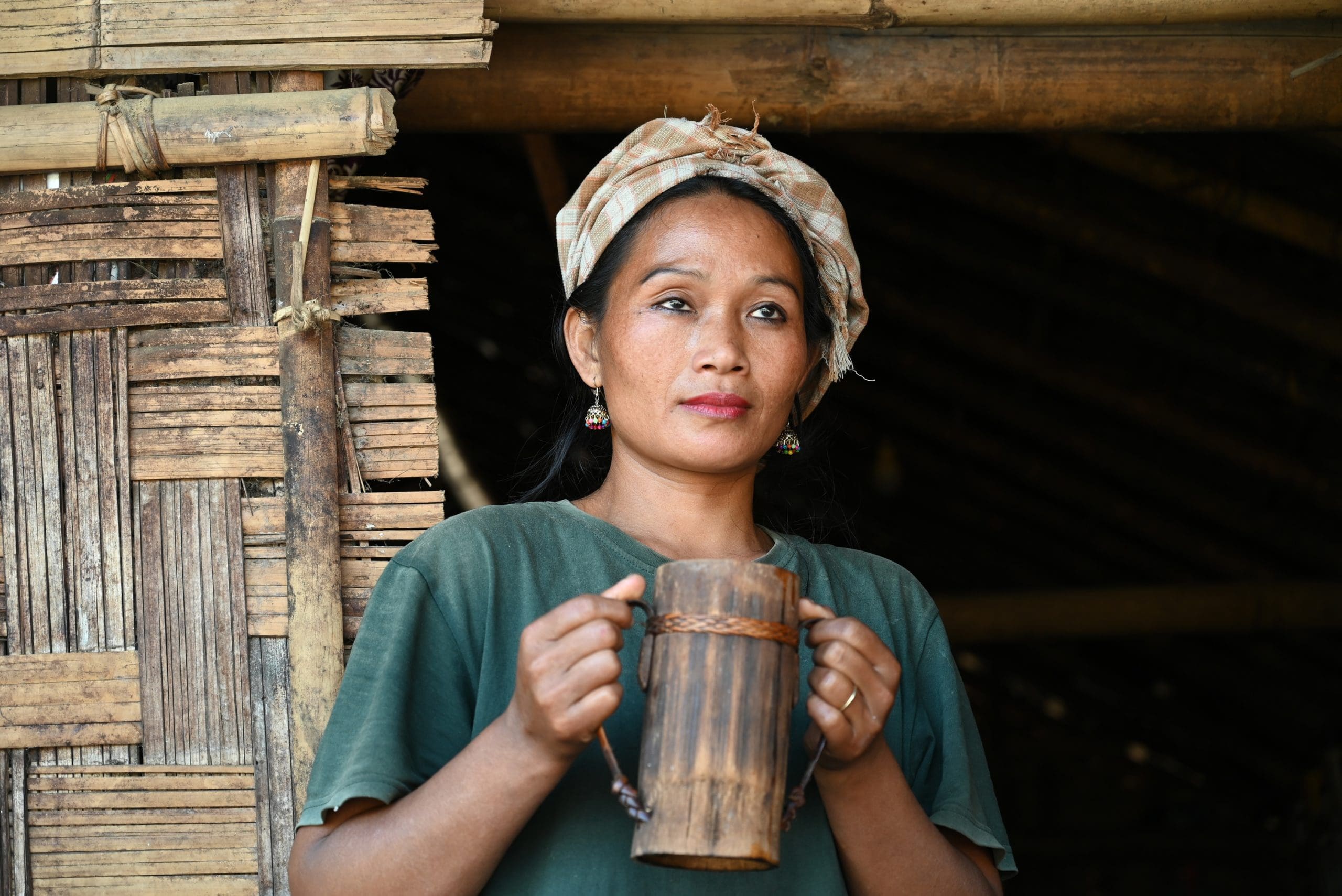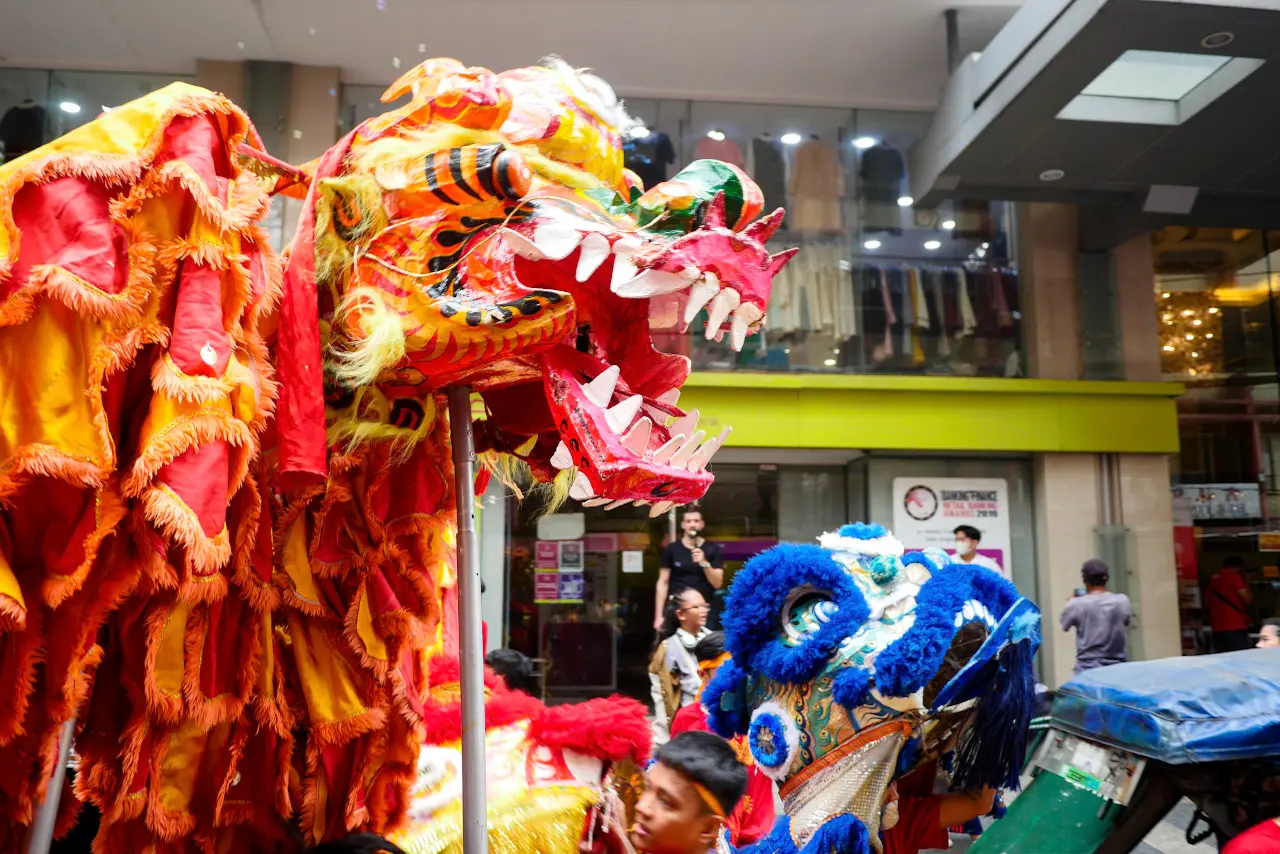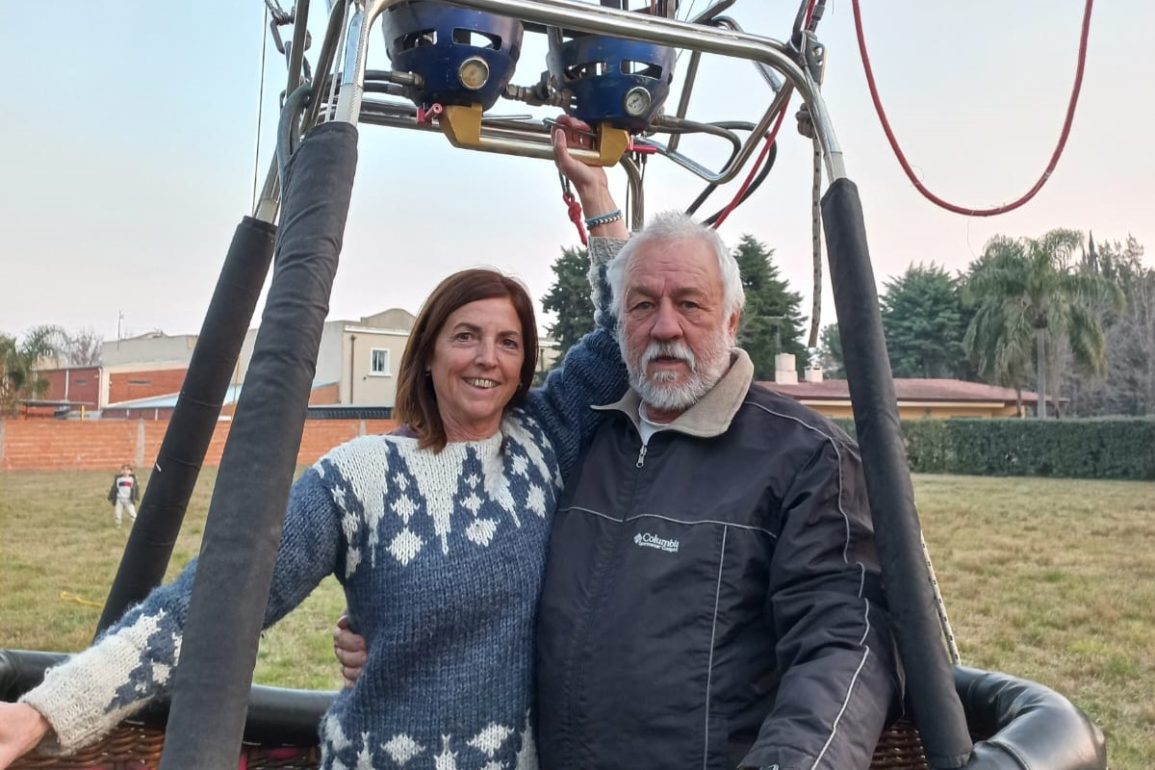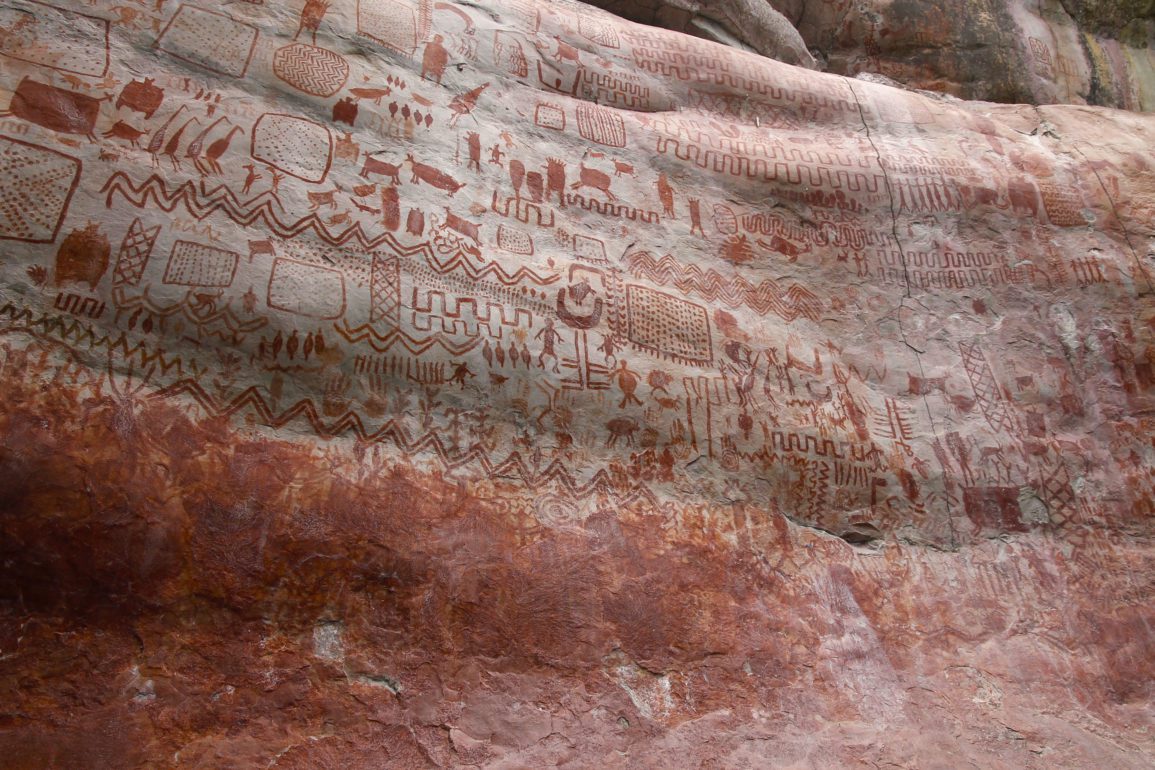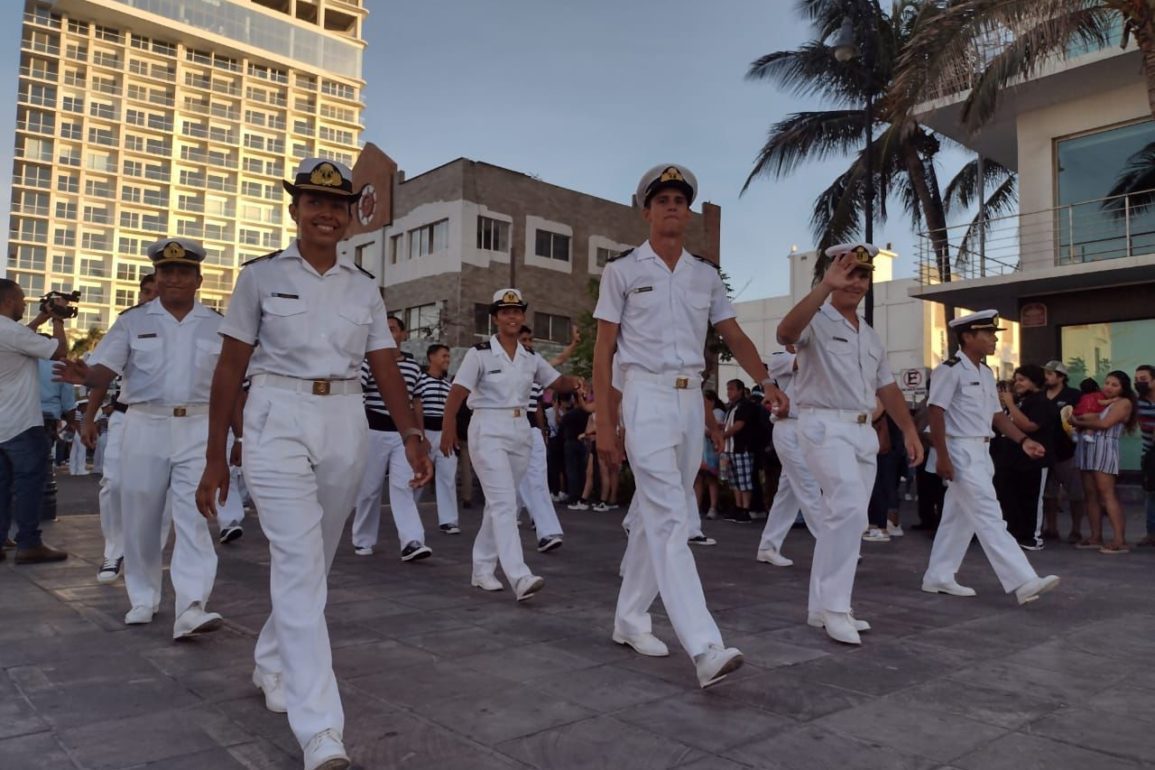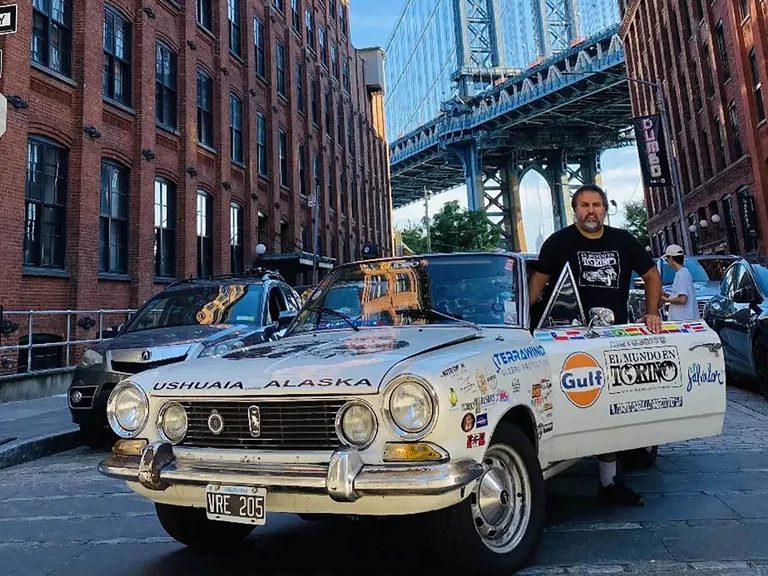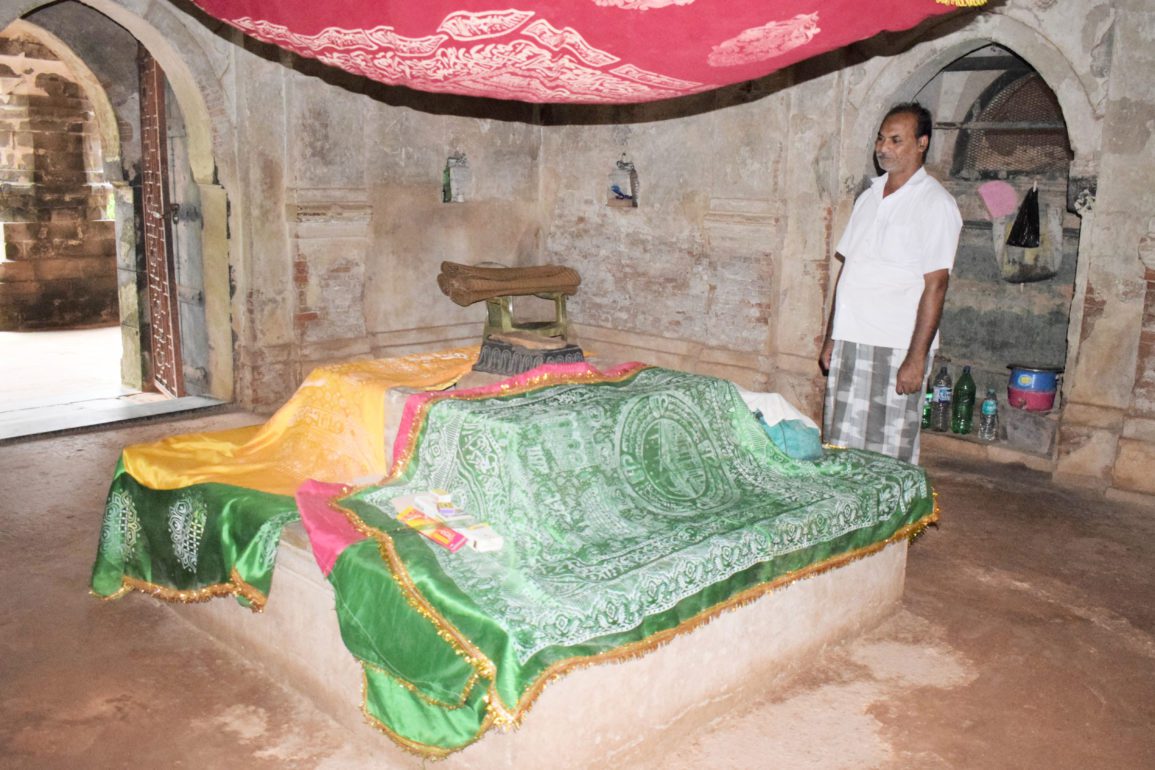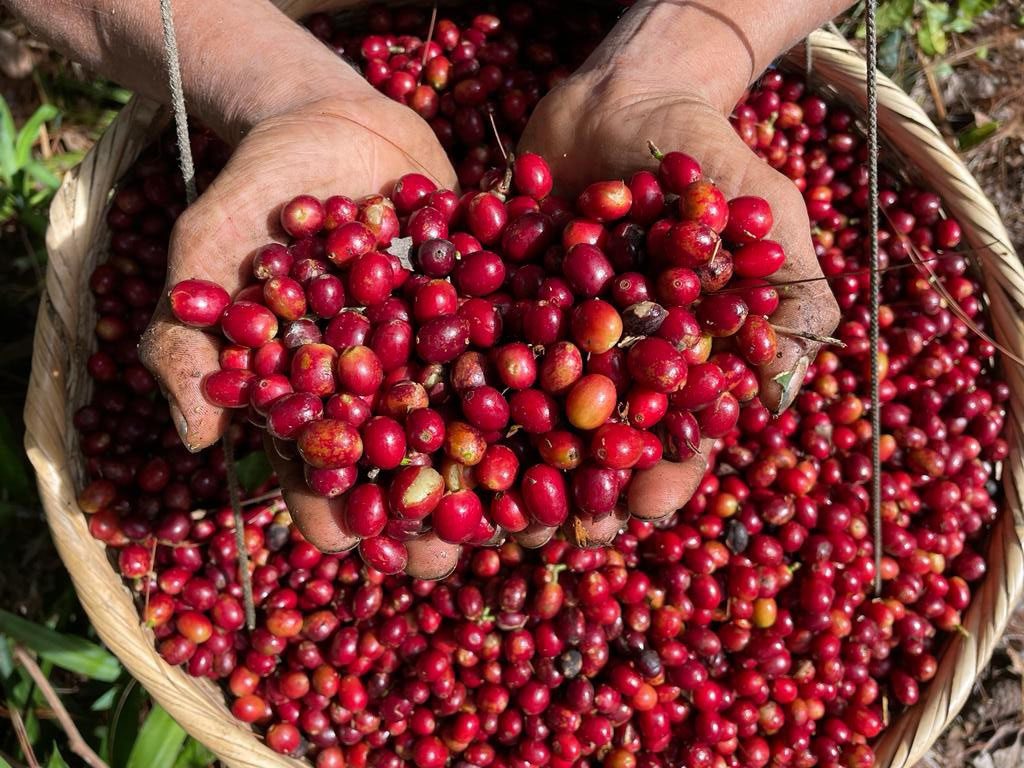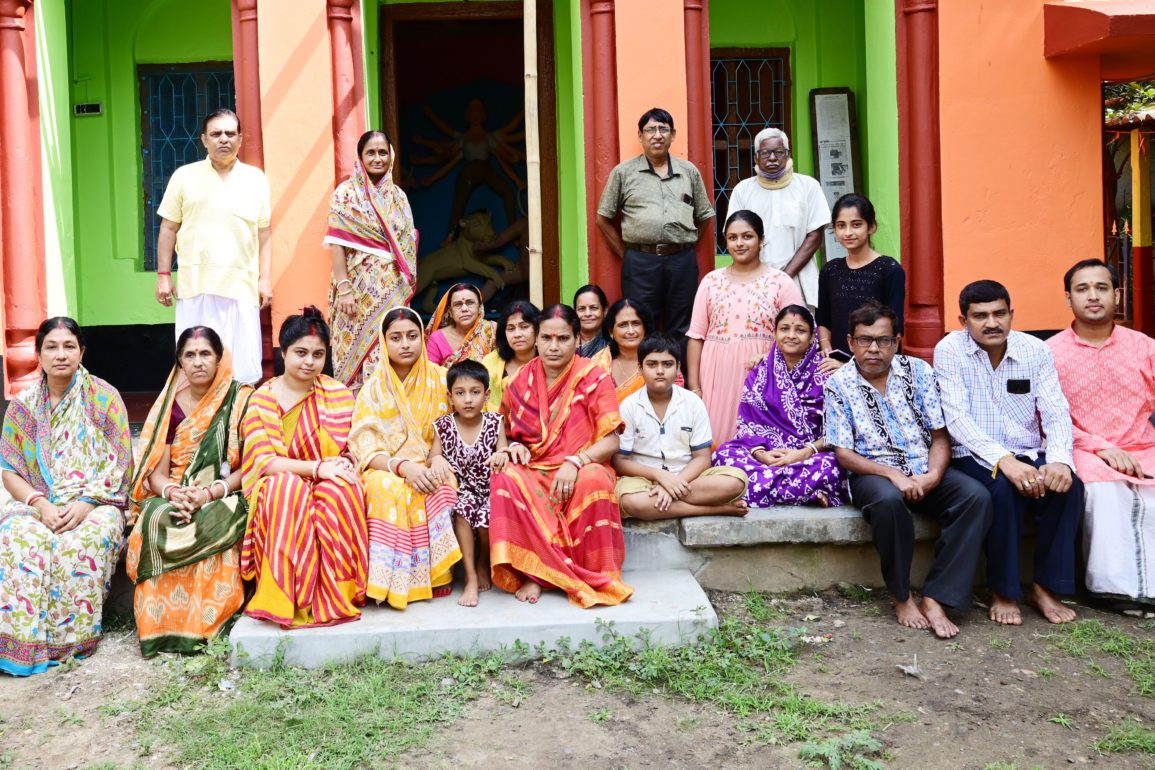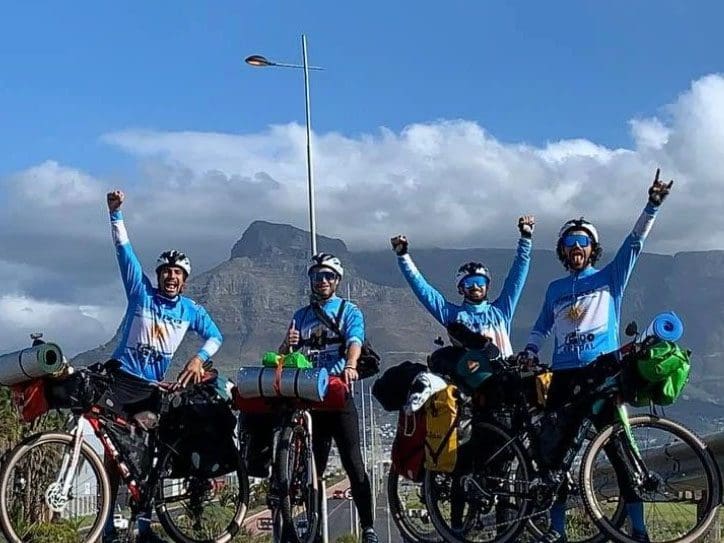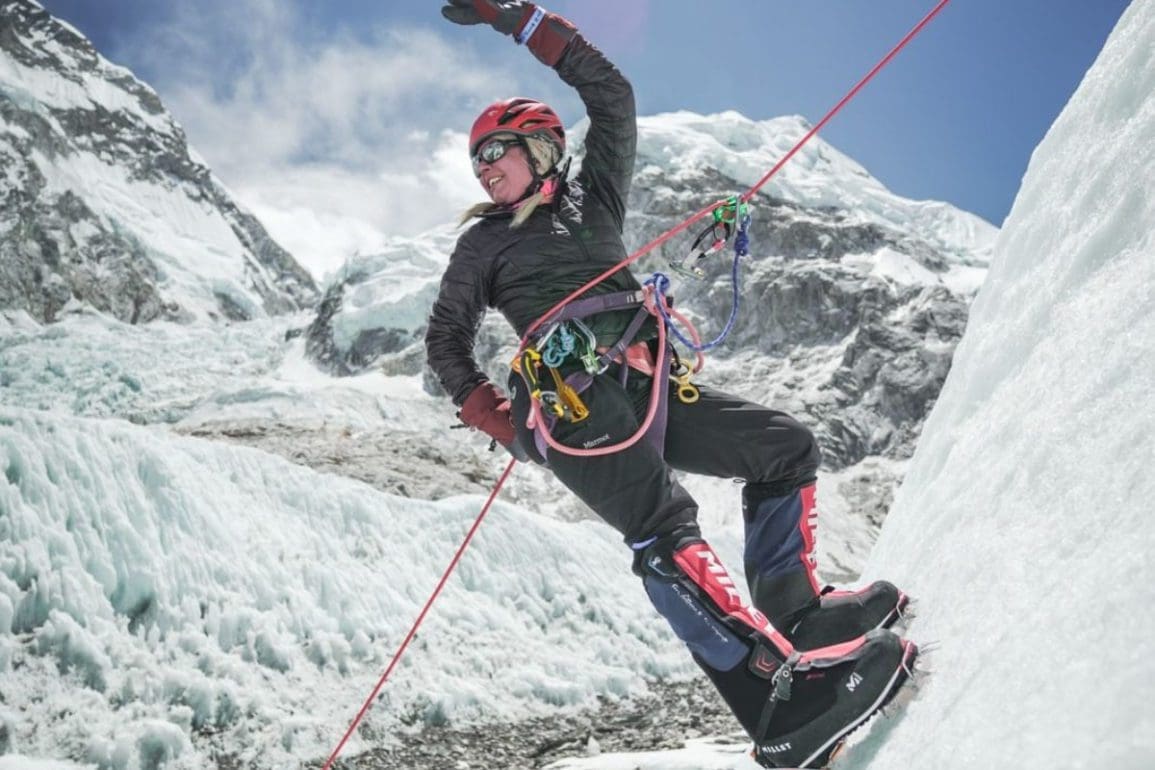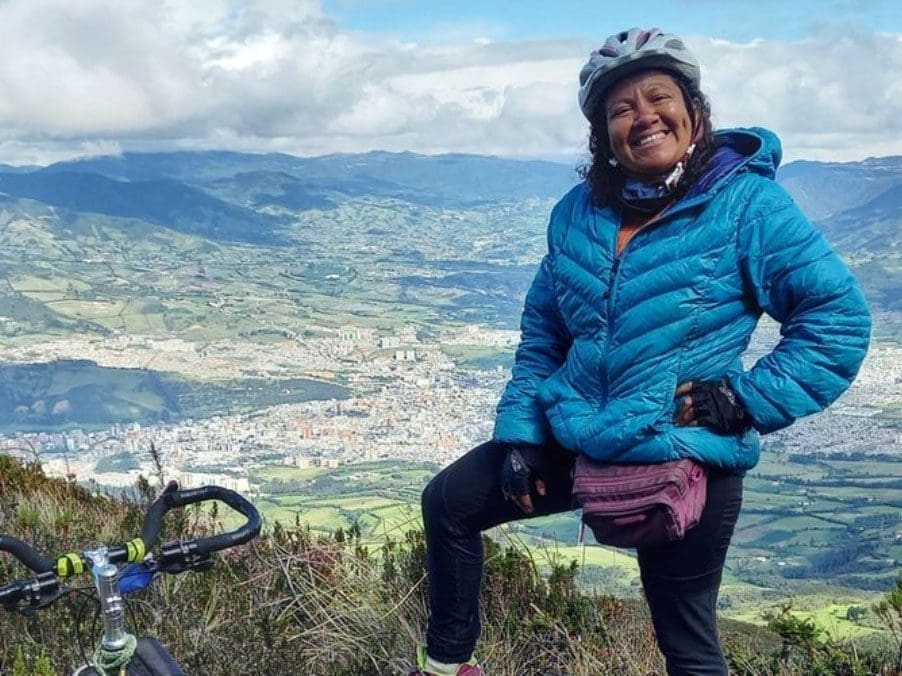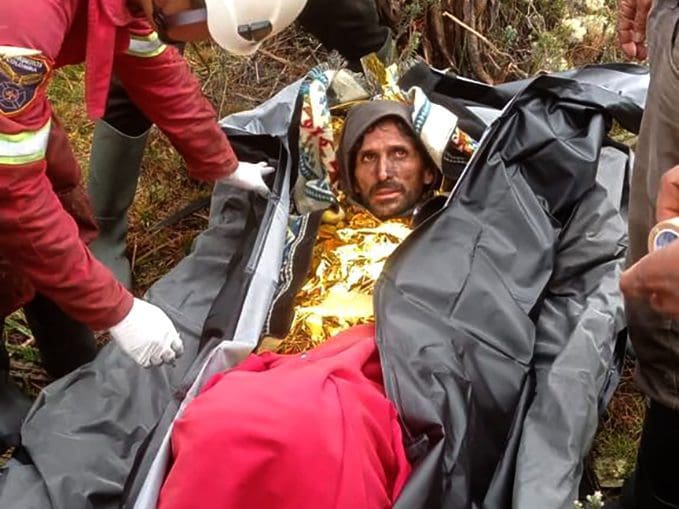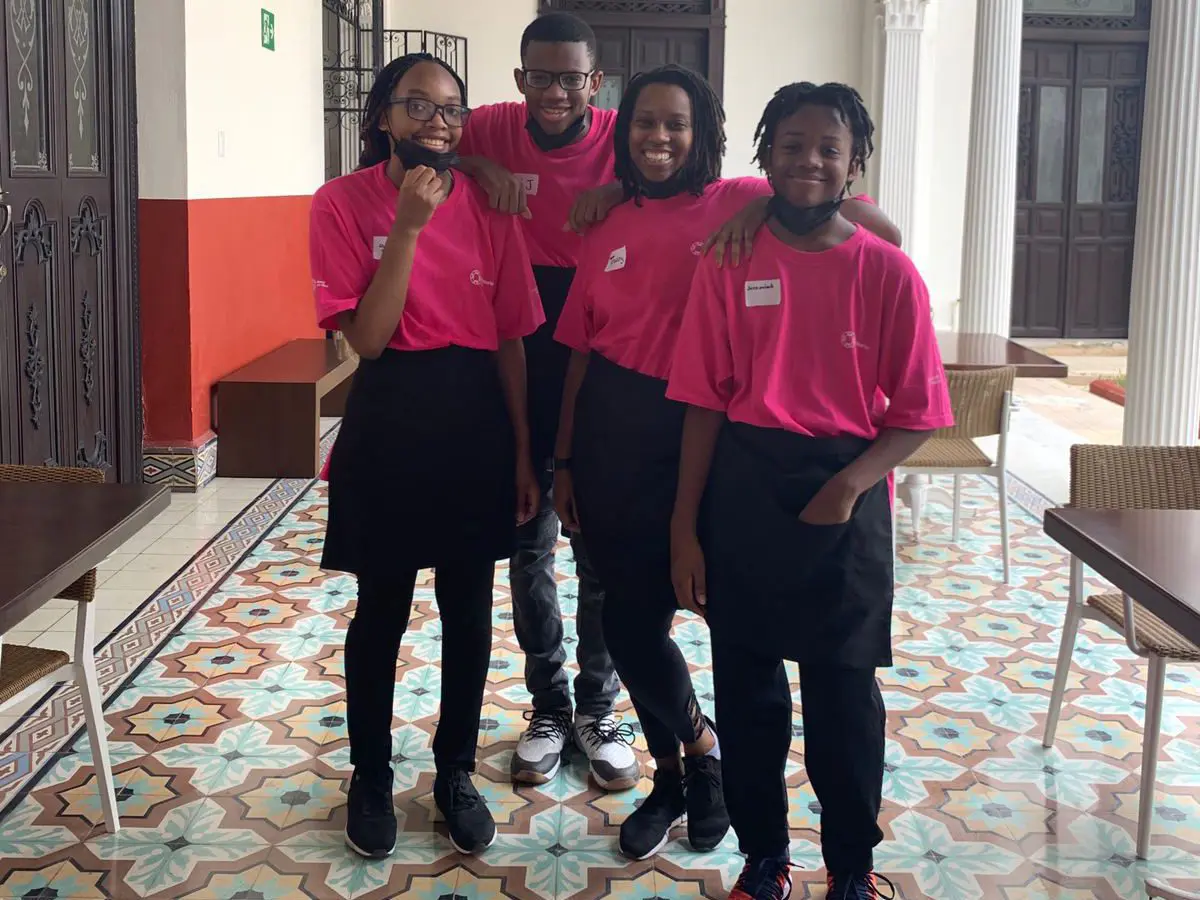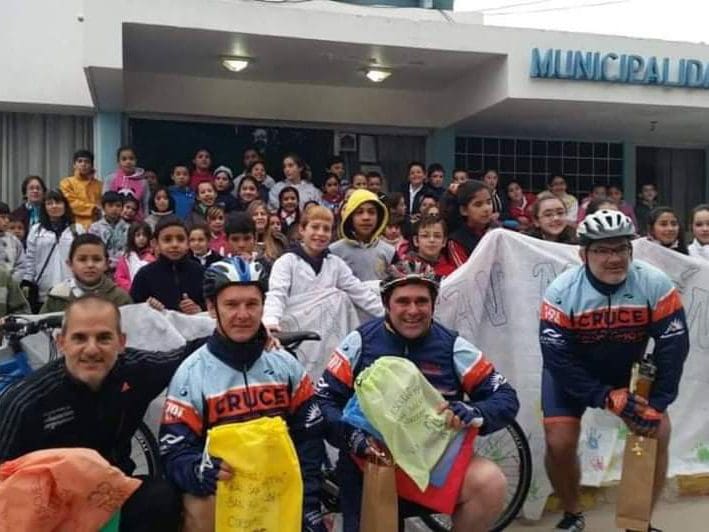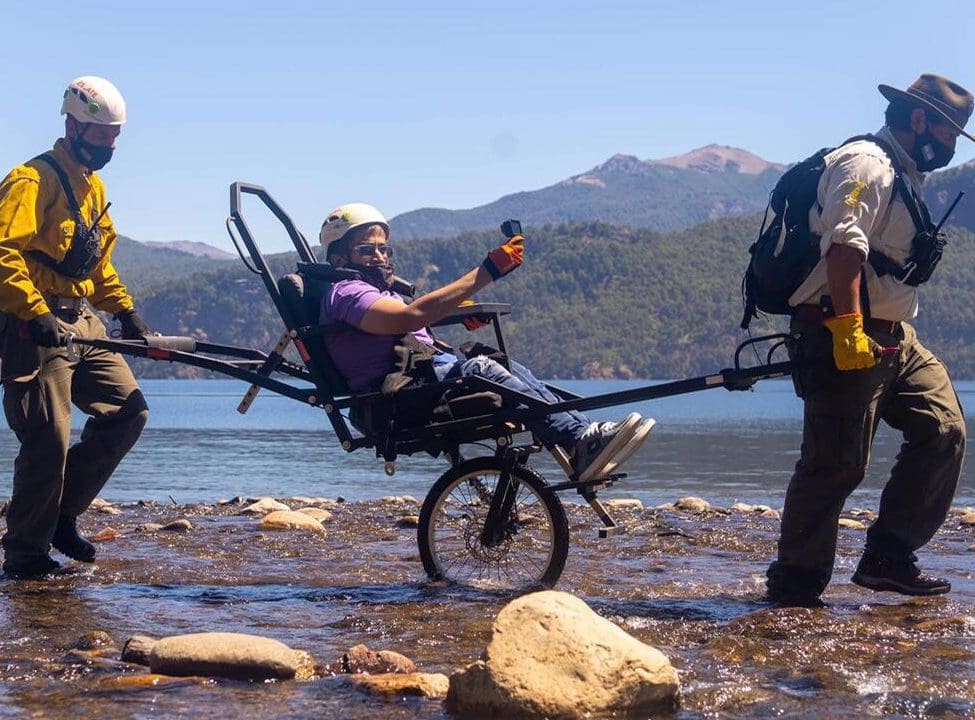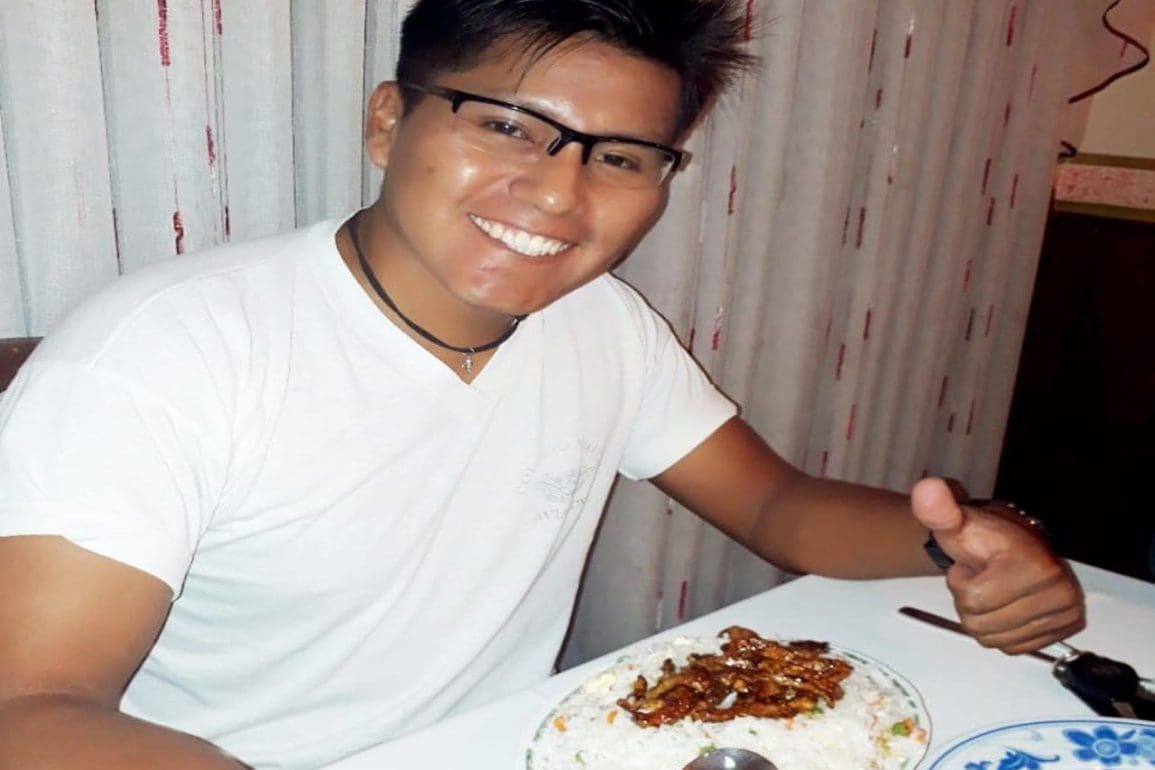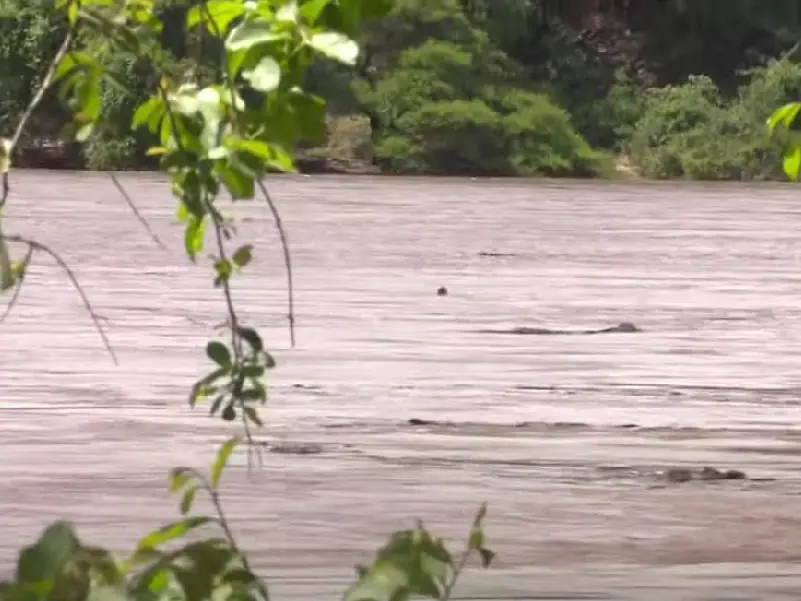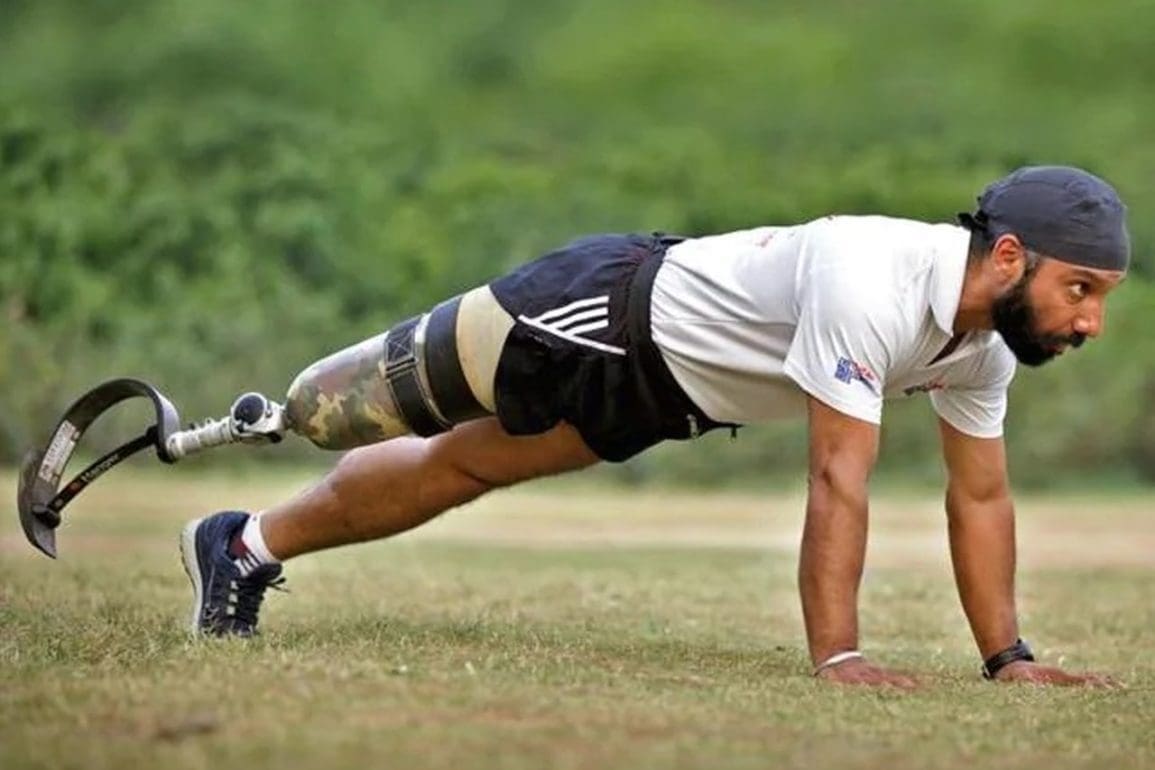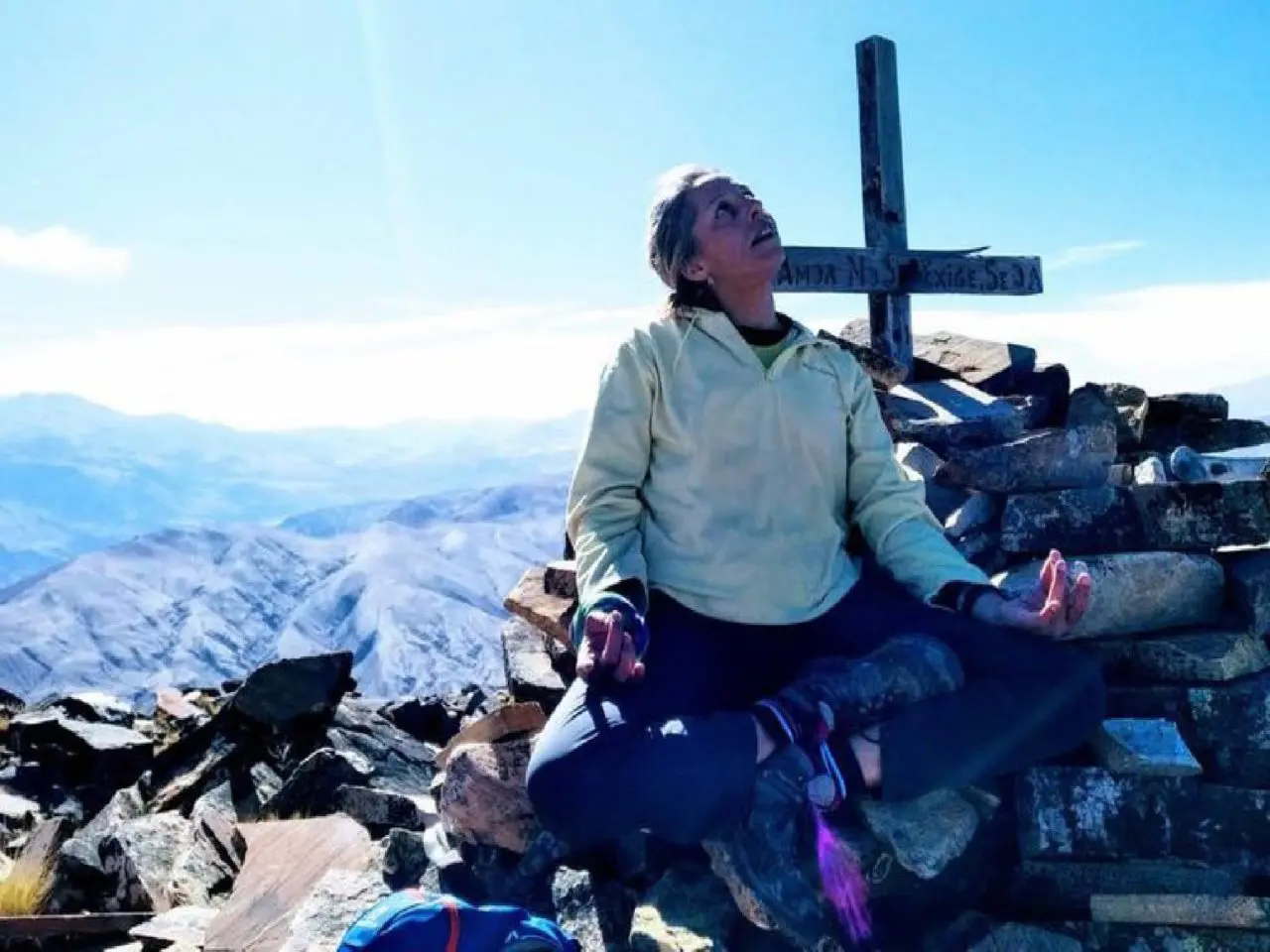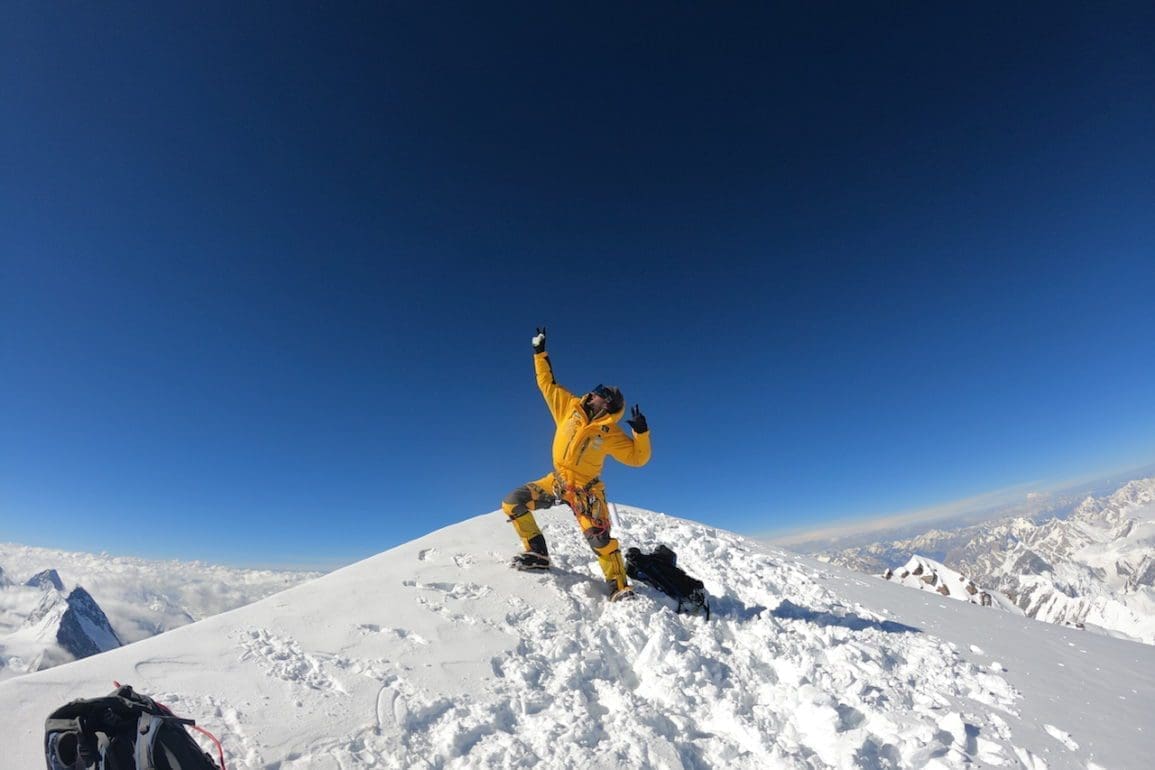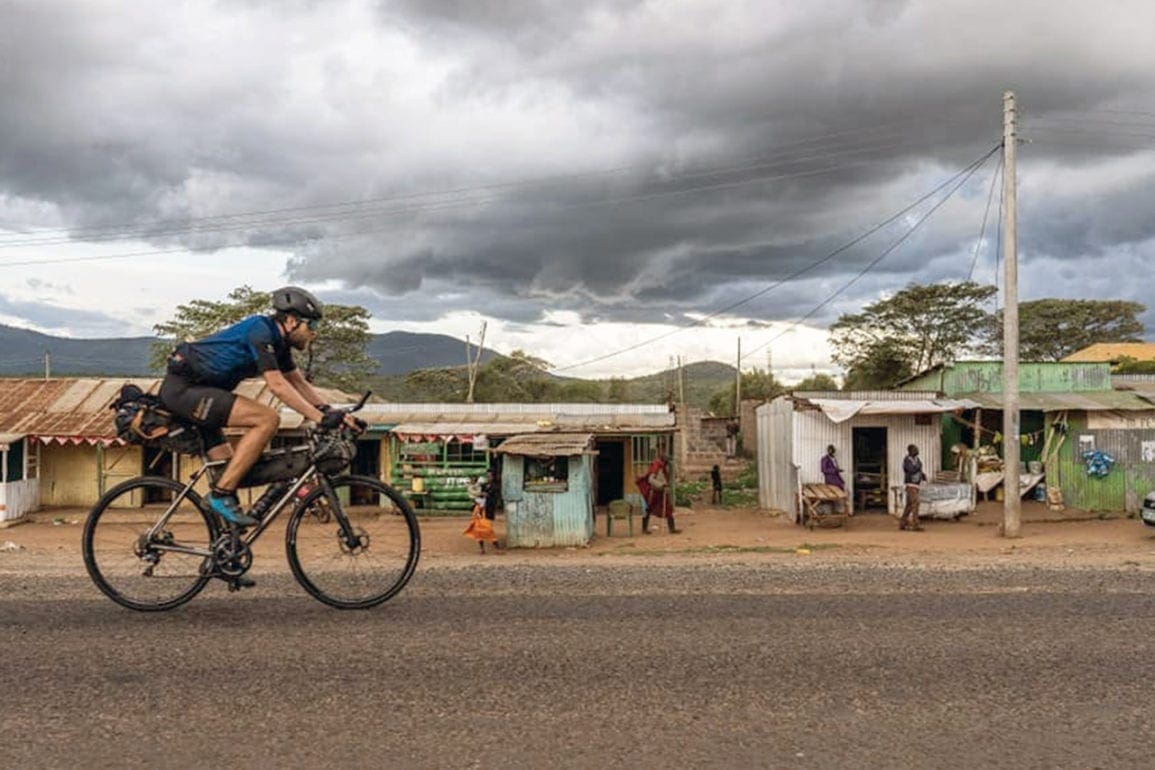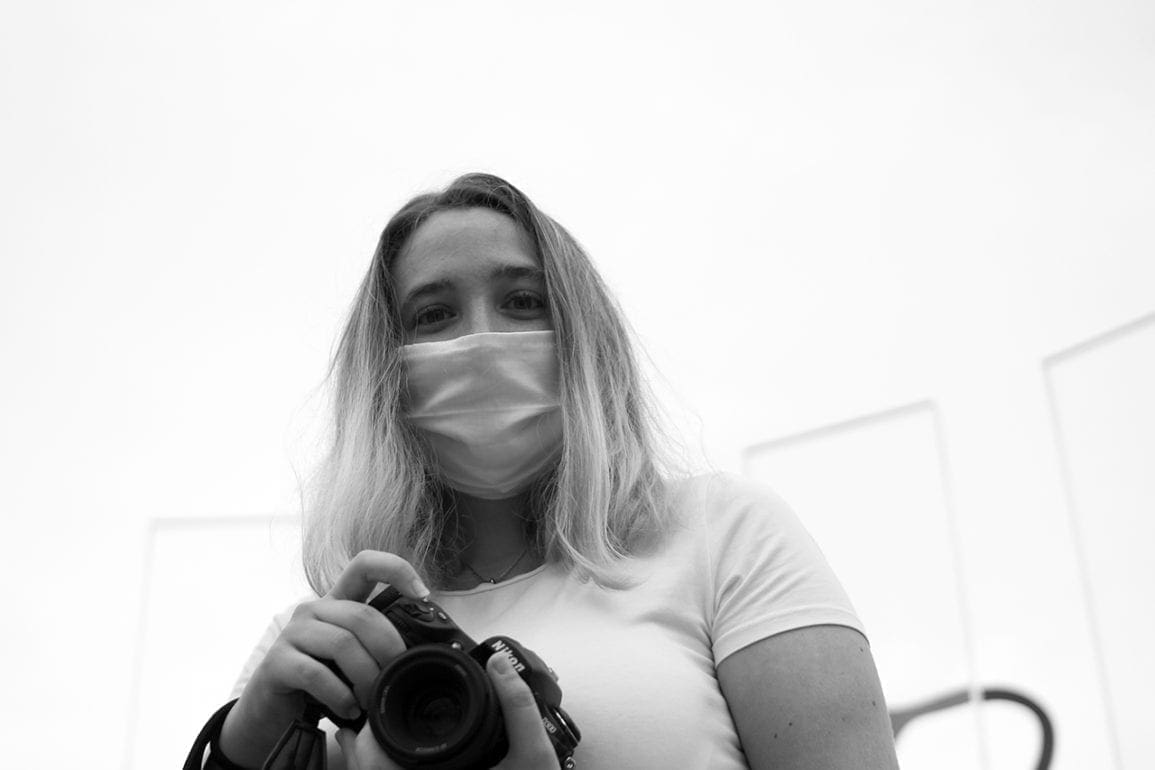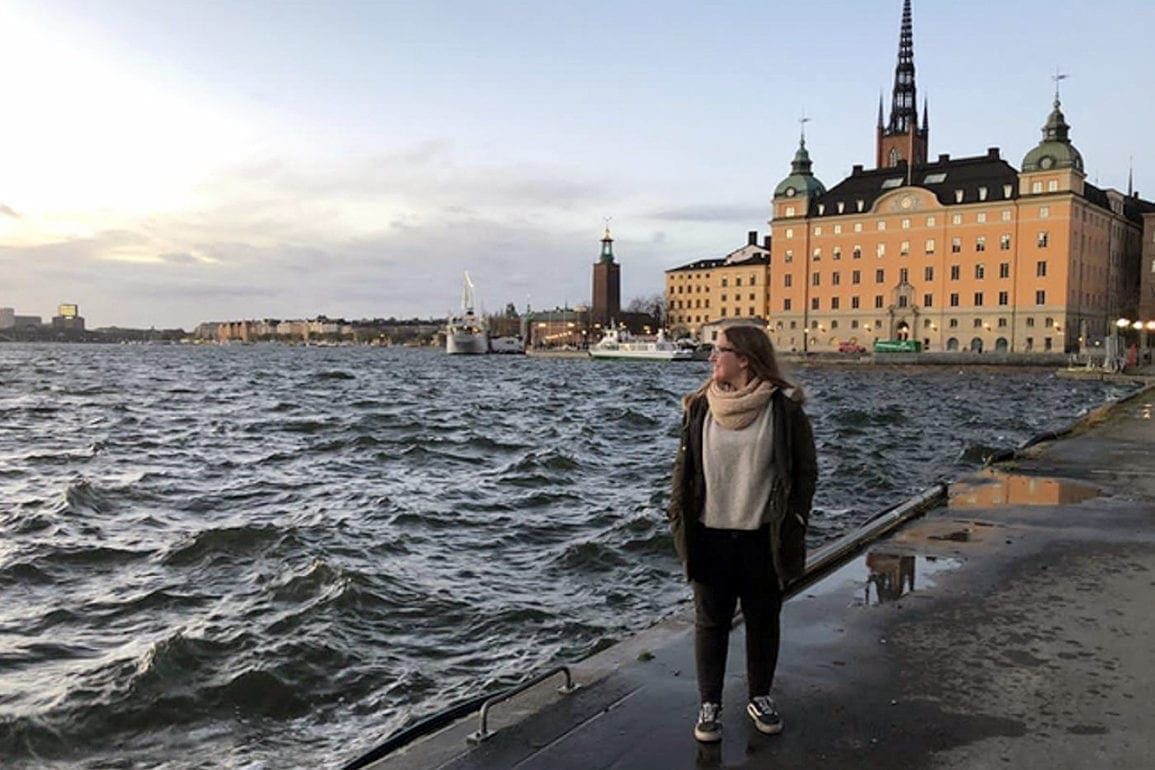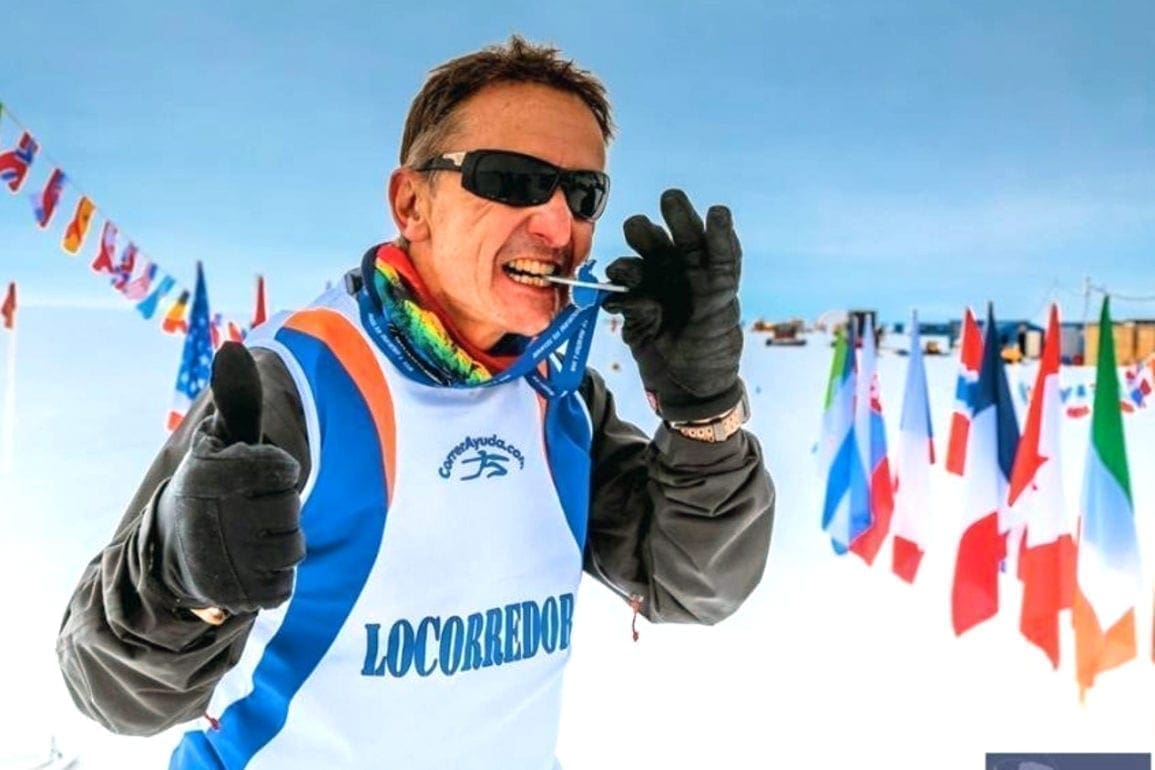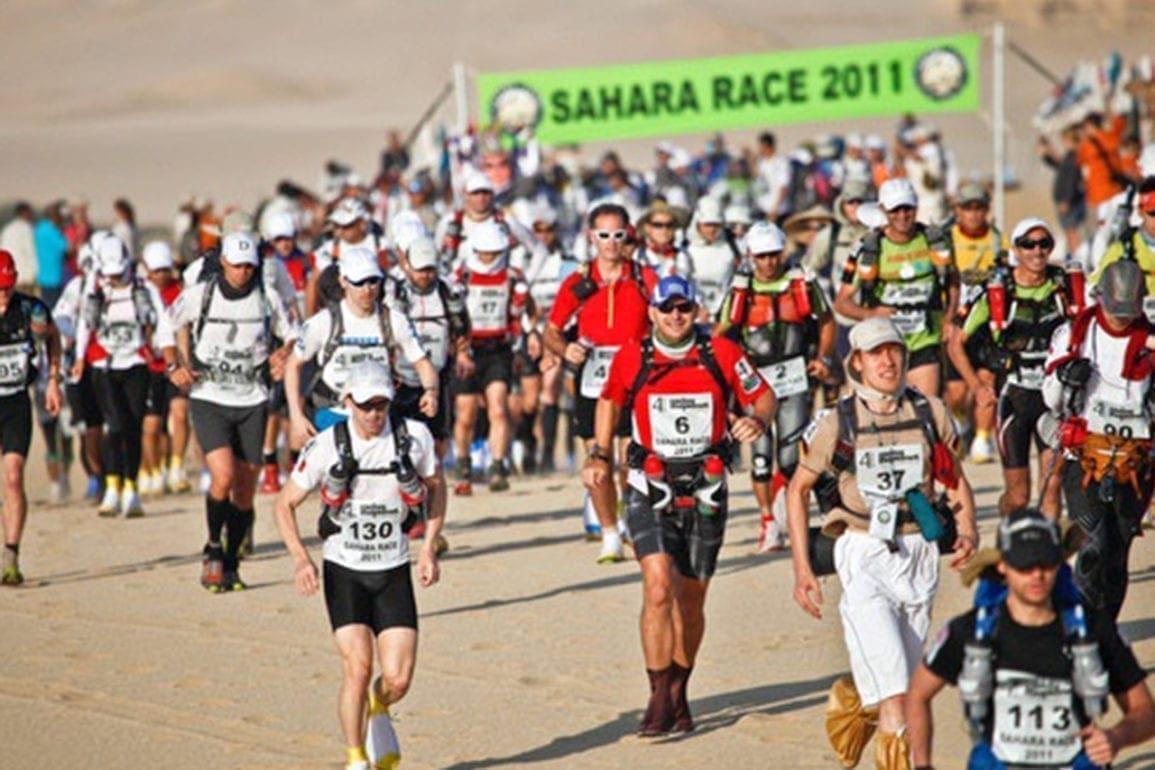Raising kids while sailing the world: Family’s epic adventure from Buenos Aires to French Polynesia
On this adventure, we tour islands and bays, learn sailing skills, and fish for lunch. We cook with local products, swim, float, and walk through jungle trails to beaches and waterfalls. We play guitar, do yoga, and read books. On the deck, we sunbathe, fall in love with the sunsets, and see the starry skies.
- 2 years ago
June 29, 2024
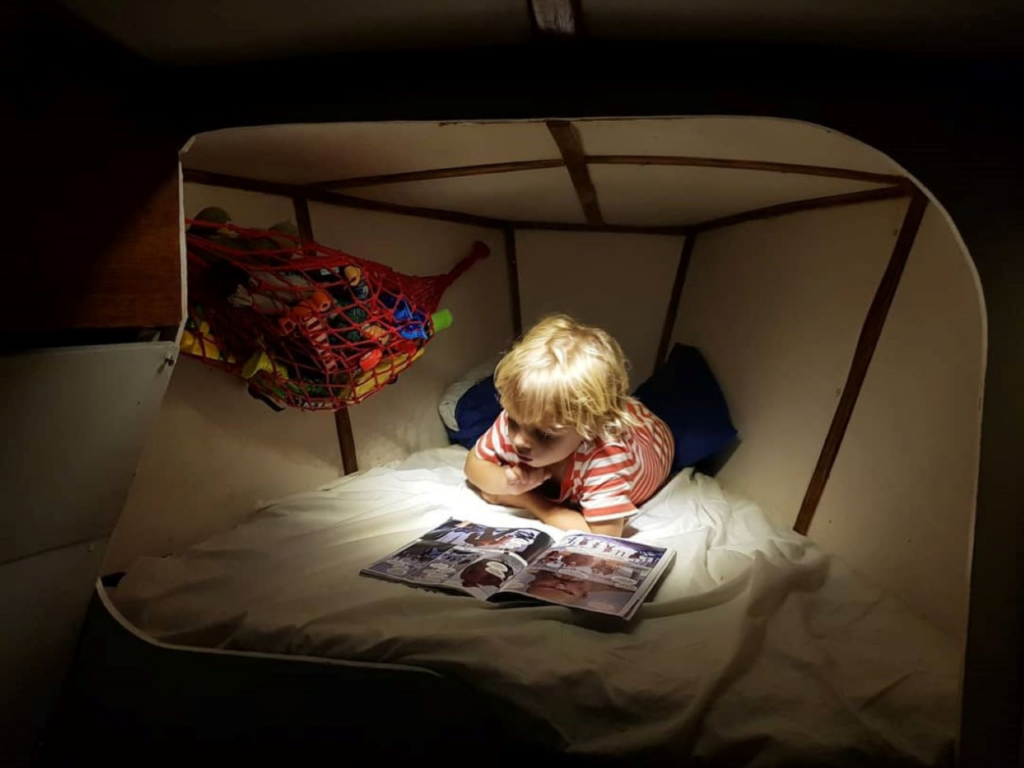
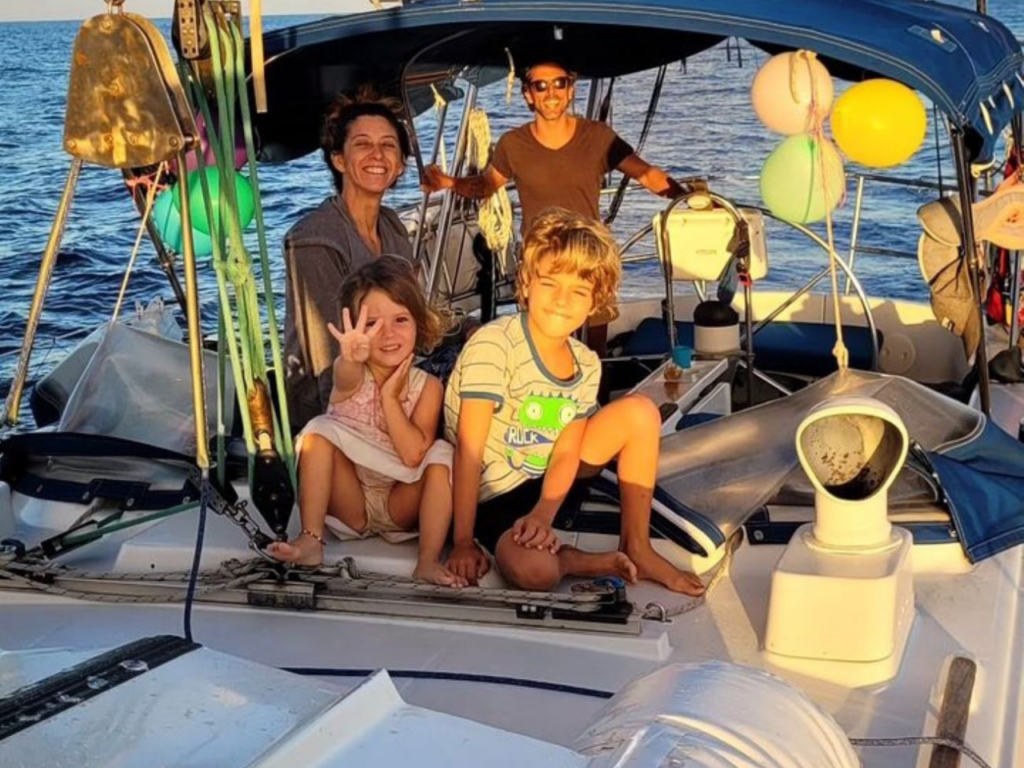
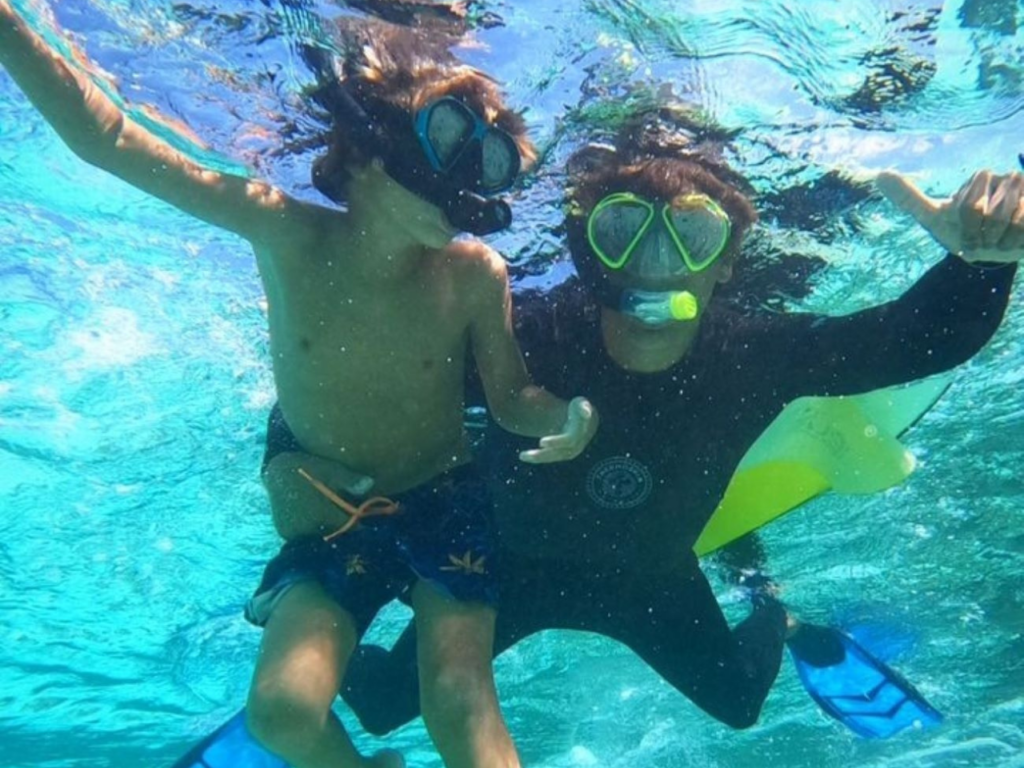
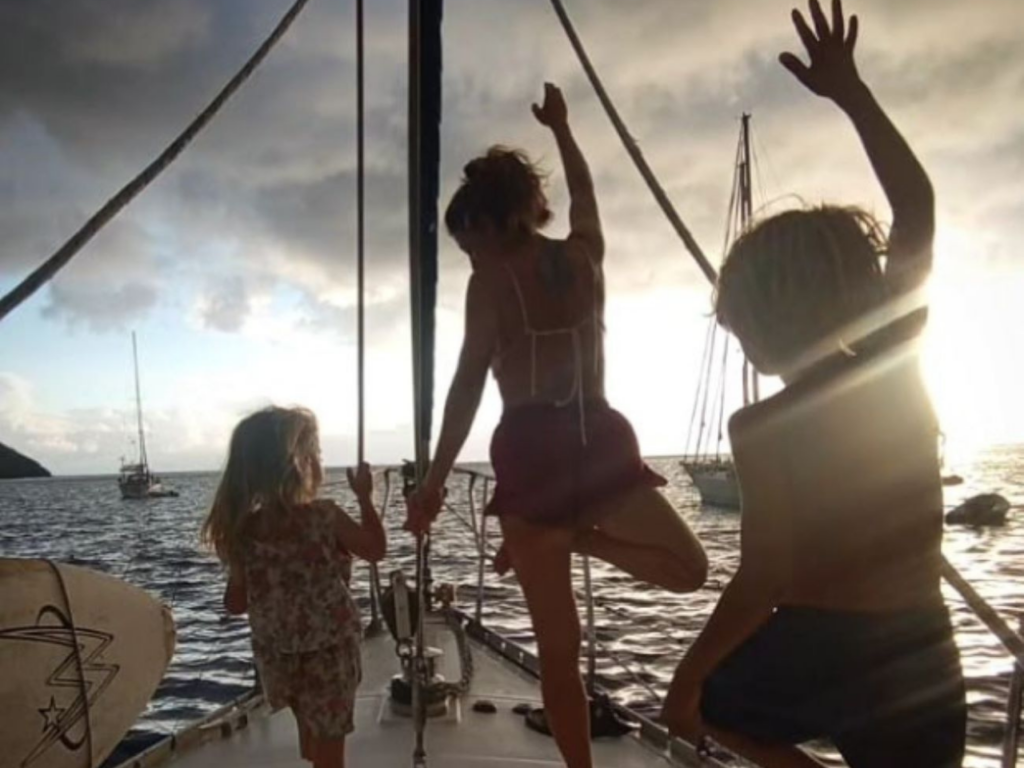
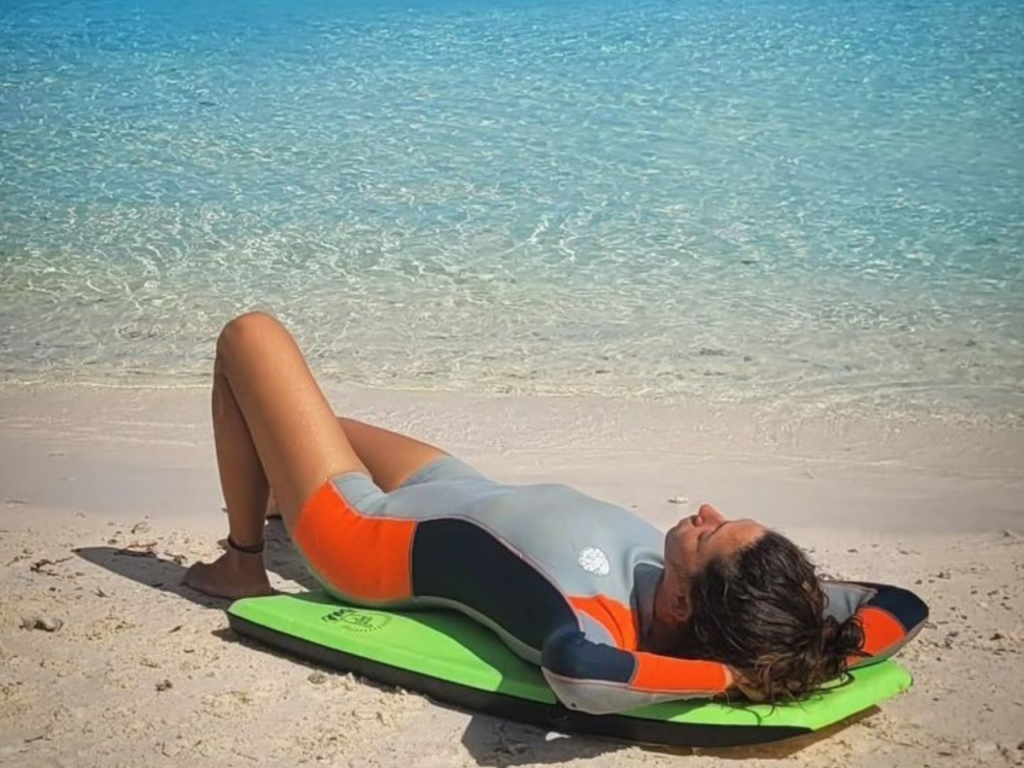
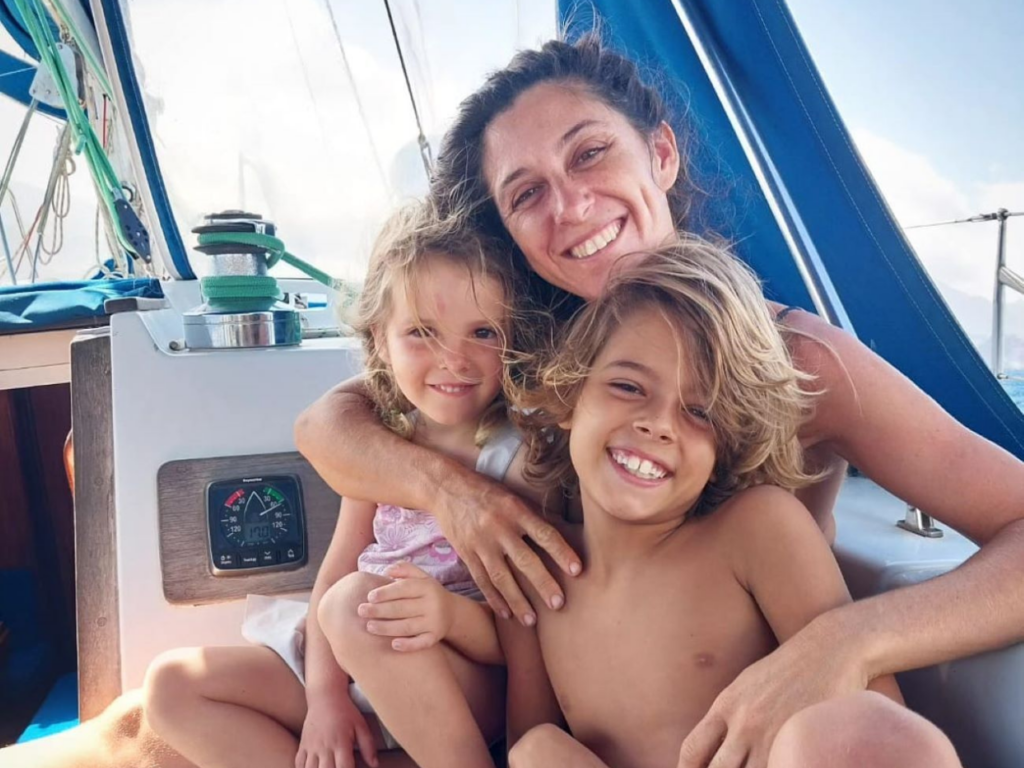
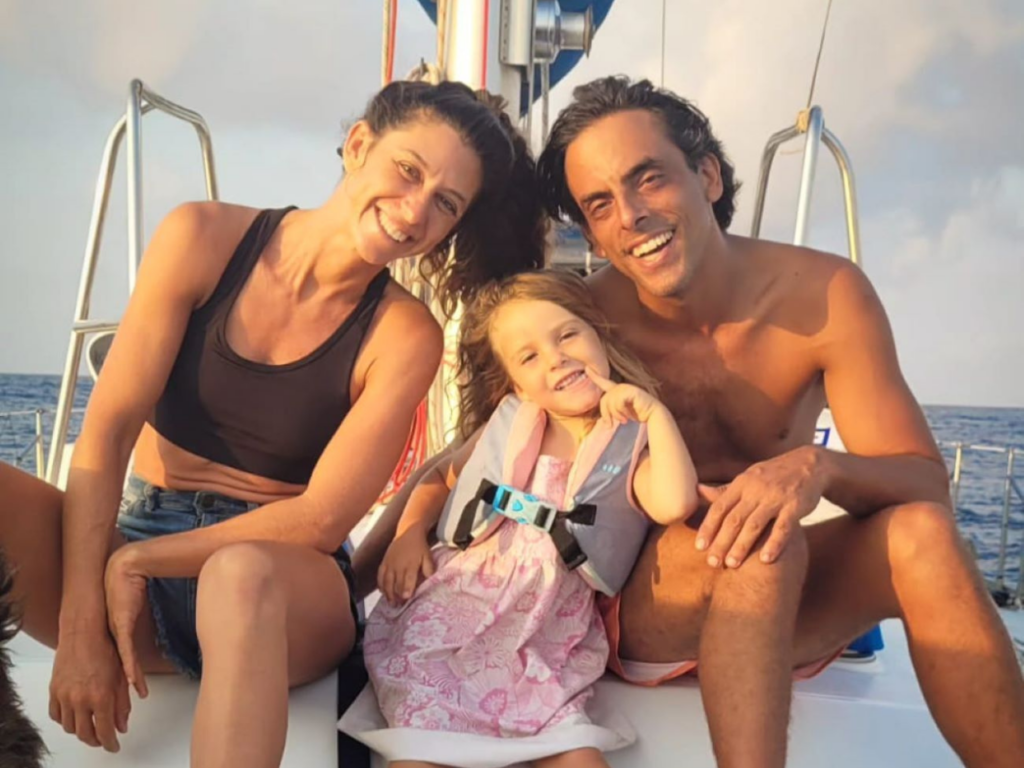
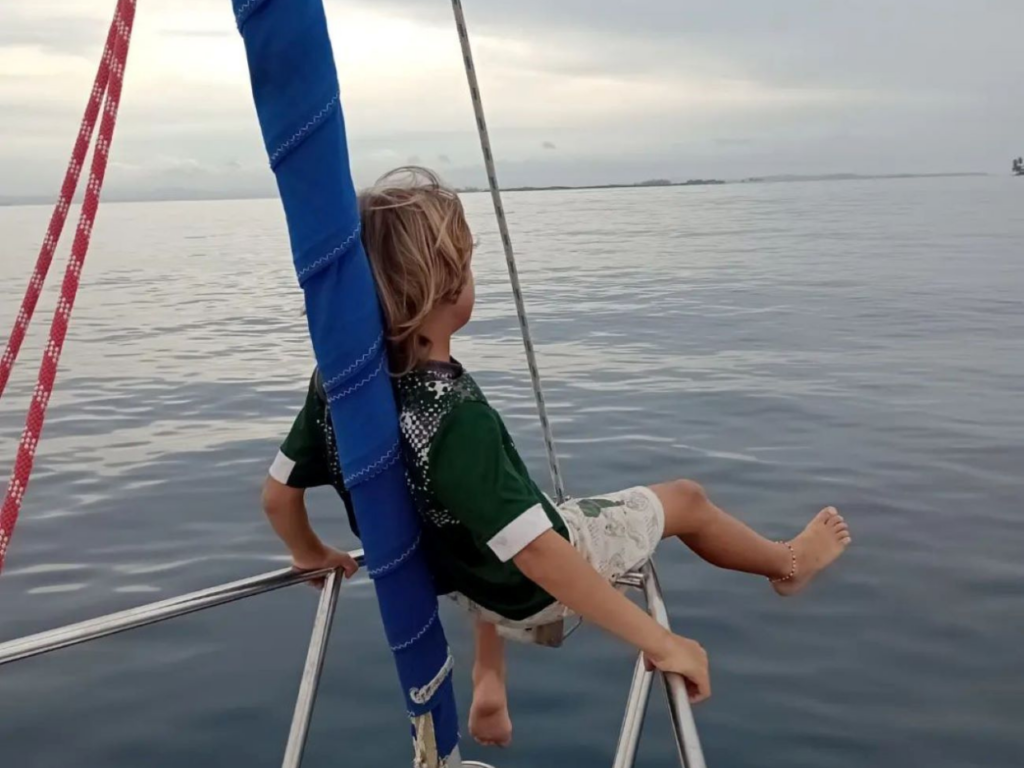
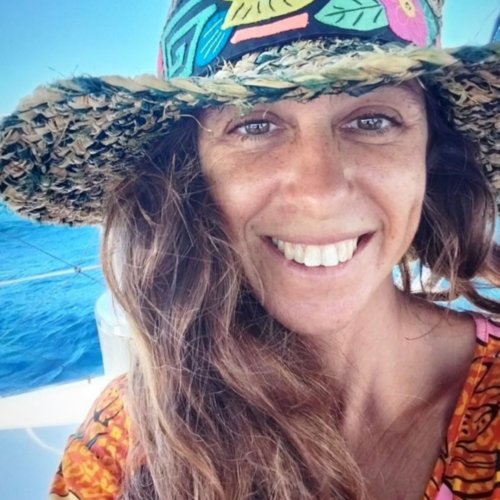
FRENCH POLYNESIA, Oceania — During my early years as a journalist, I received an invitation to sail on the Rio de la Plata [River of Silver] in South America. Stepping onto the beautiful wooden sailboat, it felt like boarding a work of art. Crossing the Rio de la Plata, we left the land behind. Navigating the water, we saw the land reappear on the horizon. The unforgettable experience felt like magic.
Later, I would sail a 19-foot ocean boat, the “Tangaroa,” across the Atlantic, setting a record as the smallest Argentinean vessel to make the journey. Inspired, my family upgraded to a 28-foot steel boat, “El Barco Amarillo.” A trip to Florianopolis [a city in Brazil] sparked the idea to embark on a fully nomadic life. We left the ship there, flew back to Buenos Aires, and quit our jobs. Living permanently on a sailboat forever changed our future.
Discover more travel & adventure stories at Orato World Media.
The first guest aboard El Barco Amarillo
The day I stepped on the deck of the El Barco Amarillo, I felt the ship choose us. It felt like the perfect place. We moved from a large city apartment to a 10-square-meter living space. Back then, we grappled with uncertainties but also found happiness. We had no idea what to expect, but the sea whispered everything we needed to hear.
During those early trips, I started writing my book, “El Barco Amarillo,” [The Yellow Boat] in the aft [rear] cabin. From there, I could see the ship’s stern. Meanwhile, our Instagram grew exponentially. When we set sail, we had fewer than 1,000 followers, mostly friends, parents, and siblings. They worried about the long legs of the trip, pirates, and our baby Ulysses. At two and a half years old, he still wore diapers.
In time, Barco Amarillo became a brand and a way of life. Five months into the trip, a message arrived from a follower named Florencia. “We love the life you lead,” she wrote. “My boyfriend Agustín and I are traveling to Brazil in a month and would like to spend a few days with you.” We replied with several questions and clarifications.
“Our boat is not a luxury one,” we said, “We have a baby. The shower is the sea, and there is no refrigerator.” We went on, “It may rain. You know how the tropics are… are you still up for it? Do you have problems with small spaces? Have you ever sailed? Have you ever slept on a boat? Do you get seasick?”
As they answered our questions one at a time, we felt confident. A few weeks later, they accepted the experience despite being first timers in almost everything related to life on board a boat. They became our first guests, and it was a resounding success for them and us.
Welcoming our second child: Expanding to a larger boat
I went through my second pregnancy at sea, cradled by the waves, amidst dreamy sunsets. Faced with the COVID-19 Pandemic, we reinvented ourselves again. Ignoring the criticisms and prejudice, we stayed true to our feelings. We conceived our second daughter Renata in Salvador, Bahia, Brazil. I gave birth 1,000 nautical miles later in Rio de Janeiro, during the Pandemic.
Now with four members in the family, we decided to change ships. This new ship offered more space and comforts the other ship lacked. It boasted three cabins with doors, a gas stove, oven with a grill, and a refrigerator. In need of space, the decision allowed us to continue life at sea. With a bigger boat, we officially opened the hatch to our network of friends who wanted a taste of sea life. From that first post until now, wherever we are, we share our day.
On this adventure, we tour islands and bays, learn sailing skills, and fish for lunch. We cook with local products, swim, float, and walk through jungle trails to beaches and waterfalls. We play guitar, do yoga, and read books. On the deck, we sunbathe, fall in love with the sunsets, and see the starry skies. Like trips within the trip, each new visitor shifts our conversations, plans, meals, and energy. Juan and Ulises pick our guests up on the beach with the dinghy. Renata and I welcome them in the cockpit, nervous, anxious, and curious about our guests.
Hosting saved us from becoming hermit sailors: A win-win experience
On a sailboat, nothing can be hidden. If the guests are happy, it’s a win-win. Hosting makes us go out, sail, and make the most of every day, even in the rain. Hosting brings new company and teaches us different things. We chat with scientists, teachers, artists, lawyers, musicians, journalists, and doctors. This variety saves us from becoming hermit sailors, focused only on ships, forecasts, courses, and anchorages. We all win.
Walter, a hairdresser with a prestigious salon in Argentina, taught us how to cut each other’s hair. Some guests leave a lasting impact. Luján fought her fear of the sea and succeeded. Esteban embraced every suggestion, calling our sea shower “the best shower I’ve had in the last 70 years.” Alfred, who swore never to sail again, trusted us for a 120-mile journey from Búzios to Ilha Grande. He healed, holding my hand. Farewells become tearful because the onboard experience is unique and unrepeatable.
In our life at sea, we bathe in salt water, lather with organic soaps, and rinse with two liters of fresh water. We take great care around energy consumption, separate our waste, and use the sun and wind to charge batteries. At night, we sleep in beds that rock with the water.
We stay attentive to the weather and use rainy days to charge our tanks and wash what needs cleaning. Quite often, we disconnect from the internet to enjoy games, confessions, and musical improvisations. From the start of this adventure, we repeatedly asked ourselves, “Where do we want to be?” The answer led us on a route from Florianopolis to Salvador de Bahia, the Caribbean, and French Polynesia.
Battling dangerous waters: facing storms and difficult scenarios
Sailing requires courage because you face superior forces. The ocean and the wind are like two powerful gods. They show you greatness and teach you humility. During one journey, we traveled for four days along the coast of Brazil facing stormy south winds. These strong winds destabilize you, making you feel like you exist in a nutshell. Suddenly, an unforeseeable fishing net tangled in the engine propeller, trapping us.
Fear gripped me and a cold sweat ran down my neck. We were in front of Cape San Tome, a cape on the southeastern coast of Brazil, surrounded by huge waves and sunken boats. Uncertainty loomed and we feared the worst. We needed to cut the net to escape. At 2:00 a.m., in the chaos, I looked inside to see Ulises asleep, wrapped in cushions under the red cabin light. I questioned everything in that moment. “What am I doing,” I thought, “How did I get here? How did I bring my son here. He is guilty of nothing and had no desire to be here.”
Juan and I struggled to get out of the situation, but within minutes we managed to hoist all the sails. Taking advantage of a strong wind, we dragged the net for about 100 miles. We went almost an entire day until we could finally cut it free upon reaching port.
About a month ago, we regained our confidence and sailed from Panama, crossing the canal from the Atlantic to the Pacific. We set our course westward, chasing the setting sun until we reached our first island destination, Fatu Hiva. This journey marked a before and after for us. Crossing the Pacific meant going halfway around the world without stopovers.
Inviting friends to join our adventure to French Polynesia
For our new trip to French Polynesia, we called on friends to make it special. Belén and Nicolás, Argentinean biologists, joined us. They shared their knowledge of navigation and the various species of birds, sea lions, sharks, and dolphins we encountered. The also live on a sailboat in Panama and host guests via Instagram.
Andrea, an emergency physician, pediatrician, and surgeon, joined us as well. She brought a large suitcase filled with medical supplies. Inside she carried powder for casts, chest tubes, and surgical equipment. Setting sail, we planned to travel continuously without stopping. We organized watches, taking shifts two by two in two-hour intervals to care for the ship.
During my early morning watch, I connected with my writing, recording the day’s experiences. The incredible sunrises revealed 360 degrees of color as light took over everything. The days flew by as we connected deeply with the sea and sky, constantly watching the horizon. Checking Google Maps, we became one small dot in the middle of nowhere, slowly moving toward the coast. The sea felt wonderful.
On this trip, we experienced many waves and strong winds. Some days, the peaceful sea delivered gentle waves, pushing the boat like a breathing giant. In one beautiful moment an invasion of dolphins surrounded us. More than 100 dolphins gathered around our boat in the middle of a turquoise sea. It looked as if the water boiled as they jumped everywhere, dancing. Their movements entangled with our laughter. After 28 days of uninterrupted sailing, traveling more than 8,000 kilometers, the expeirence became a dream come true for the crew.
An unforgettable adventure: paradise in French Polynesia
Reaching land and dropping anchor in French Polynesia felt wonderful in every way. Words failed us as we melted into hugs, tears, and joy. It felt like we sailed into space and found another planet. The views surpassed the images in my mind. I saw boulders, volcanic rock with peaks over 1,000 meters high, rainbows, and a 70-meter waterfall. The scenes left us stunned. We walked along the coast, feeling the soft sand on our feet, eager to explore.
Every place we disembarked lay dense with fruit trees including species we never saw of before. Mangoes, carambolas, grapefruits, and bananas hung ripe for picking. Full of flowers and jasmine, the smells stimulated our senses as we explored. Walking among the trees gathering fruit, it felt as though we fell asleep and awoke in Eden: an absolute paradise.
In the six months available to travel before the cyclone season begins, we already visited the islands of Tahuata and Hiva’Oa. Ulises suddenly realized how big the ocean is and, at the same time, how small. It took less than a month to cross it. We all experienced similar realizations, grasping the size of a significant piece of our planet. This lifestyle makes us more open to change, better at adapting to circumstances, and more trusting in the future. We like to sail as freely as possible, but we also adapt to what nature dictates along the way.



